“Point of No Return” symposium series
The debate on the current direction of the Stiftung Buchkunst (see the petition of September 2018) has brought to light the unease currently felt by many designers, which goes far beyond the justified criticism of the Stiftung to touch on the issue of the relevance and mission of graphic design in a medialised society, the responsibility and need for critical self-awareness that this implies, and how this should be communicated among experts and the wider public.
Graphic design influences our hypermedialised day-to-day lives more than almost any other aesthetic discipline. Graphic design has a key position in communication as practised by diversified and transnationally active societies. It is the space where acts of interpretation and translation both within and between societies are developed and implemented. It is also the space where cultural codings are developed that are themselves actions in the fields that they code. The resultant responsibility is incompatible with the logic of standardised working processes. Criteria such as readability, attention, trends, originality, and signature style are an insufficient basis for a critical discourse on the discipline that is fit for present times. What is needed is a higher level of engagement and thought that is transdisciplinary and can exercise criticism (of cultures).
For this reason, the symposium series “Point of no Return” aims to bring together influential and critical voices from design and the sciences in order to intensify and carry forward this form of engagement, and in order to stimulate greater public consciousness of this discourse.
This symposium series is organised by the Hochschule für bildende Künste Hamburg, in collaboration with the Bauhaus Universität Weimar, and the Hochschule für Gestaltung und Buchkunst Leipzig. The first symposium “Point of Departure” (January 2019) will endeavour to define the challenges faced by critically-minded designers in medialised and intercultural societies.
The second symposium “Born in the Echoes” (May 2019) will focus on critical examination of graphic design through the lens of a number of disciplines of the (cultural) sciences.
The third symposium “Keep it Hit” (November 2019) will outline possibilities for those structures that will need to be activated or created in order to ensure a future for the discourse that we need in graphic design.
Finally, in March 2020, a book related to the symposium series will be presented in Leipzig in the context of the final symposium “Point of no Return”.
Concept for the symposium: Ingo Offermanns, supported by Markus Weisbeck and Markus Dressen
January 2019
Panel themes: “Point of Departure” (Hamburg)
William Blake says that “opposition is true friendship.” Thus, criticism is more than a distanced comparison of a static state of how things should be with a dynamic state of how things are. To exercise criticism is to put things in context, to measure, to weigh things up, to interpret – criticism is a dynamic and reciprocal dialogue of that which is and that which should be. In order to develop constructive opposition, the first symposium will thus pose the question of what graphic design is capable of and what it achieves in the present day, with reference to Friedrich von Borries’s publication “Politics of Design, Design of Politics”.
- Opening event: Ingo Offermanns, Markus Weisbeck, Markus Dressen
- Panel 1: Graphic design profiled, reproduced, fetishised
- Students of the Klasse Grafik, HFBK Hamburg
- Anna Lena von Helldorff, graphic designer, designer, collaborator, Leipzig
- Christoph Knoth & Konrad Renner, professors, HFBK Hamburg
- Panel 2: Graphic design empowered, mobilised, colonialised
- David Bennewith, Colophon, Amsterdam
- Corinne Gisel & Nina Paim, common interest, Zurich
- Karo Akpokiere, graphic designer, artist, Lagos/Hamburg
- Panel 3: Graphic design criticised, opened, designed
- Isabel Seiffert, Offshore Studio, Zurich
- Sandra Doeller, graphic designer, Frankfurt am Main
- Matthias Görlich, professor, Burg Giebichenstein Kunsthochschule Halle
May 2019
Panel themes: “Born in the Echoes” (Hamburg)
After the start of the symposium series "Point of No Return" in January, the follow-up symposium will take place at the HFBK Hamburg on May 31, 2019. Under the title "Born in the Echoes", Ingo Offermanns (Professor of Graphic Art at the HFBK Hamburg) invited international speakers to look at graphic design in dialogue with and from the perspective of philosophy, ethnology, sociology, design theory, and cultural studies. This broadens the graphic design discourse beyond the narrow boundaries of the graphic discipline.
The interdependence of visual communication and society makes graphic design a constituent element of the public sphere – a quantity that erodes to the extent that society decays into singularities. This requires a stronger, (culturally) critical and interdisciplinary commitment and reflection.
The second part of the symposium series is therefore devoted to the question of how dialogical and solidary participation in public communication can function, which is designed by graphic designers* but which is more than the lowest common denominator of strategic goals, particular interests and subjective sensitivities. The focus is on the common struggle for criteria for a critical discourse and the application of this critique to graphic artifacts itself.
With contributions by:
- Christian Bauer – Assistent professor of Design History and Theory, Hochschule der Bildenden Künste Saar, Saarbrücken)
- Clémentine Deliss – Interim Professor for Curatorial Theory & Dramaturgical Practice, Staatliche Hochschule für Gestaltung, Karlsruhe
- Daniel Martin Feige – Professor of Philosophy and Aesthetics, Akademie der bildenden Künste Stuttgart
- Eva Linhart – Curator of Book Art and Graphics, Museum Angewandte Kunst, Frankfurt)
- Sophia Prinz – Assistent professor of Theory of Design, Universität der Künste Berlin
- Markus Rautzenberg – Professor of Philosophy, Folkwang Universität der Künste, Essen)
- Alice Rawthorn – Design critic and author, London
- Pierre Smolarski – Research Assistent of Design Rhetoric’s and Everyday Aesthetics, Bergische Universität Wuppertal
- Friedrich von Borries – Professor of Design Theory, HFBK Hamburg
Moderation: Tulga Beyerle – Director, Museum für Kunst und Gewerbe Hamburg
Expected December 2020
Panel themes “Keep it hit” (Weimar)
The third symposium will interrogate the existing institutions associated with criticism, and will look at possibilities in the institutionalising of graphic design criticism. What structures might be activated and/or created in order to create new momentum for a critical graphic design discourse?
- Opening event: Markus Weisbeck, Ingo Offermanns, Markus Dressen
- Panel 1: Decision time for graphic design
- Panel 2: Graphic design criticism as an energiser of discourse
- Panel 3: The boundaries of criticism
Expected March 2021
Book presentation: “Visual language is not innocent” (Leipzig)
The symposium reader will be presented in parallel to the Leipzig Book Fair. It will present for discussion the final results of the symposium series.
- Opening of event: Markus Dressen, Ingo Offermanns, Markus Weisbeck
- Final speech: Demands, hopes, prospects,
- Discussion with Dressen, Offermanns, Weisbeck, and guests
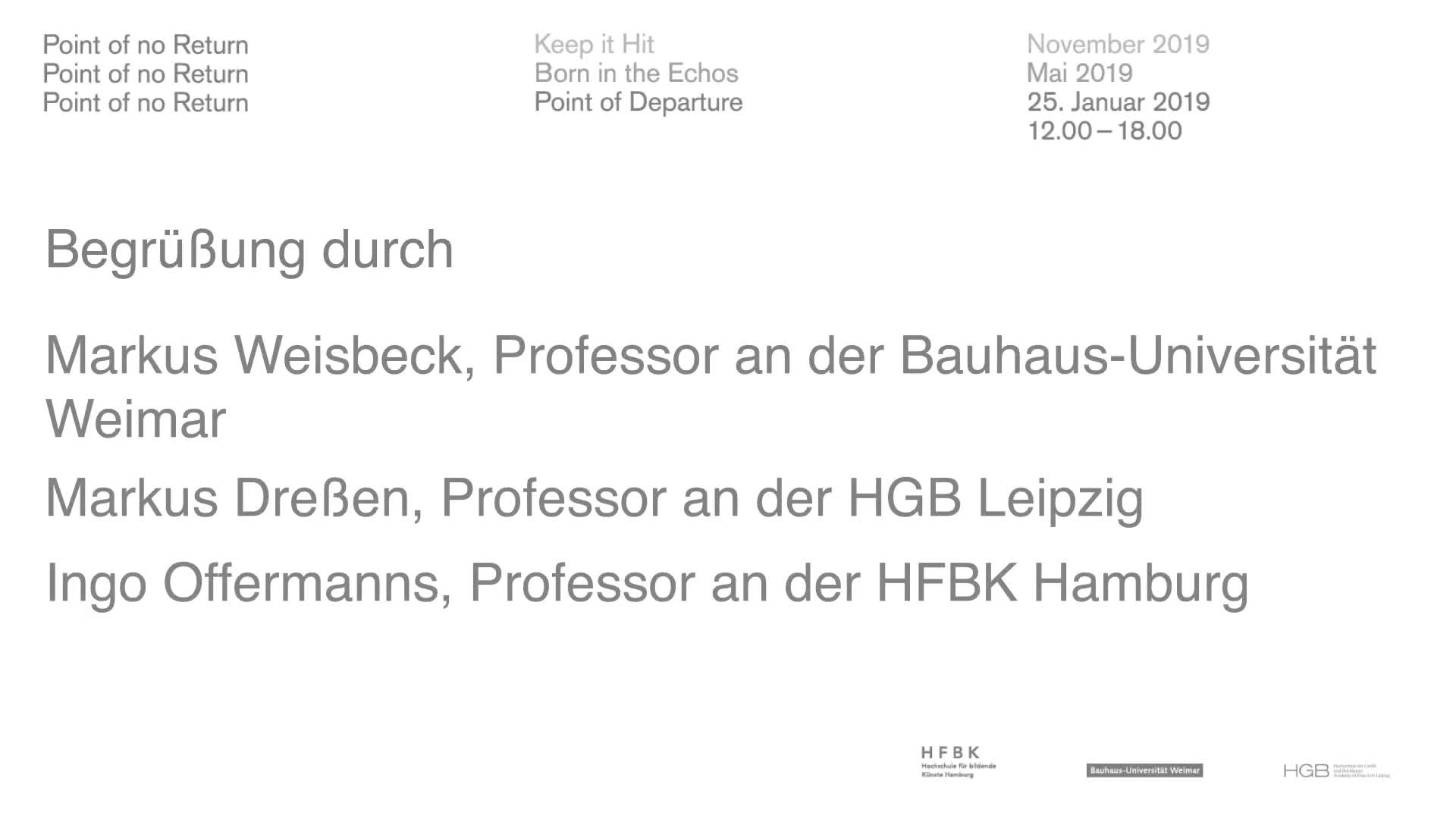
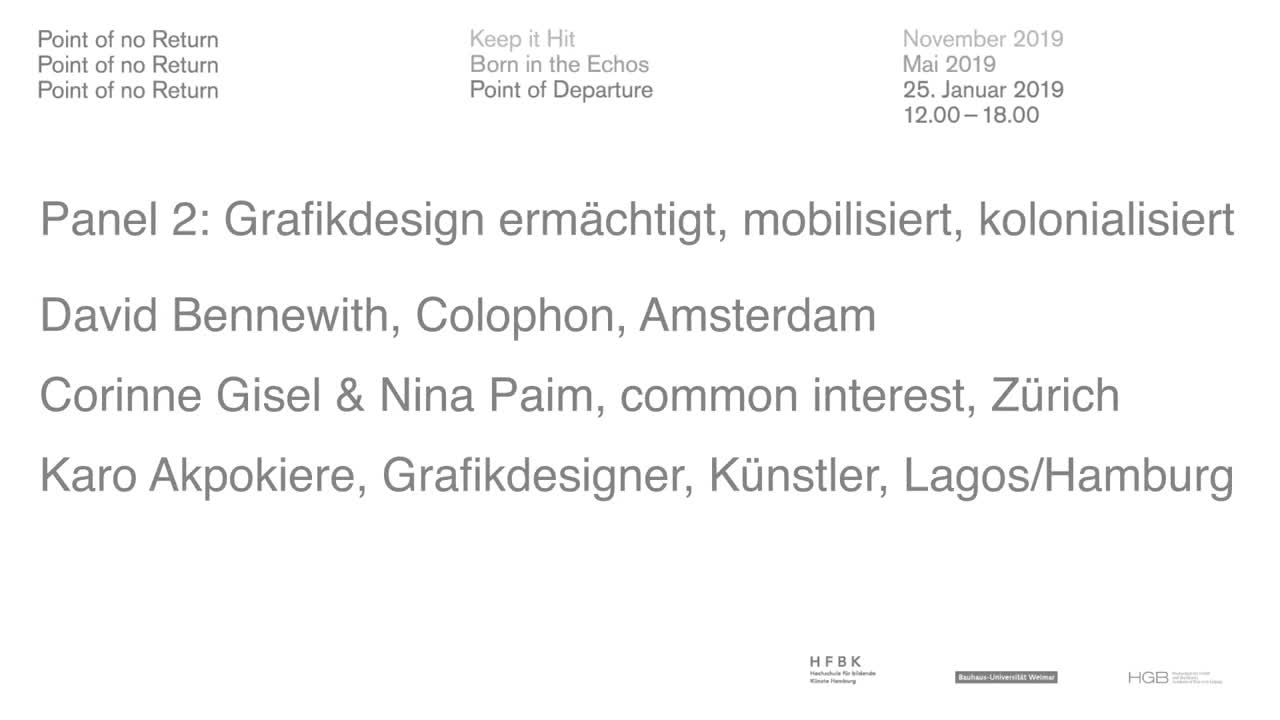
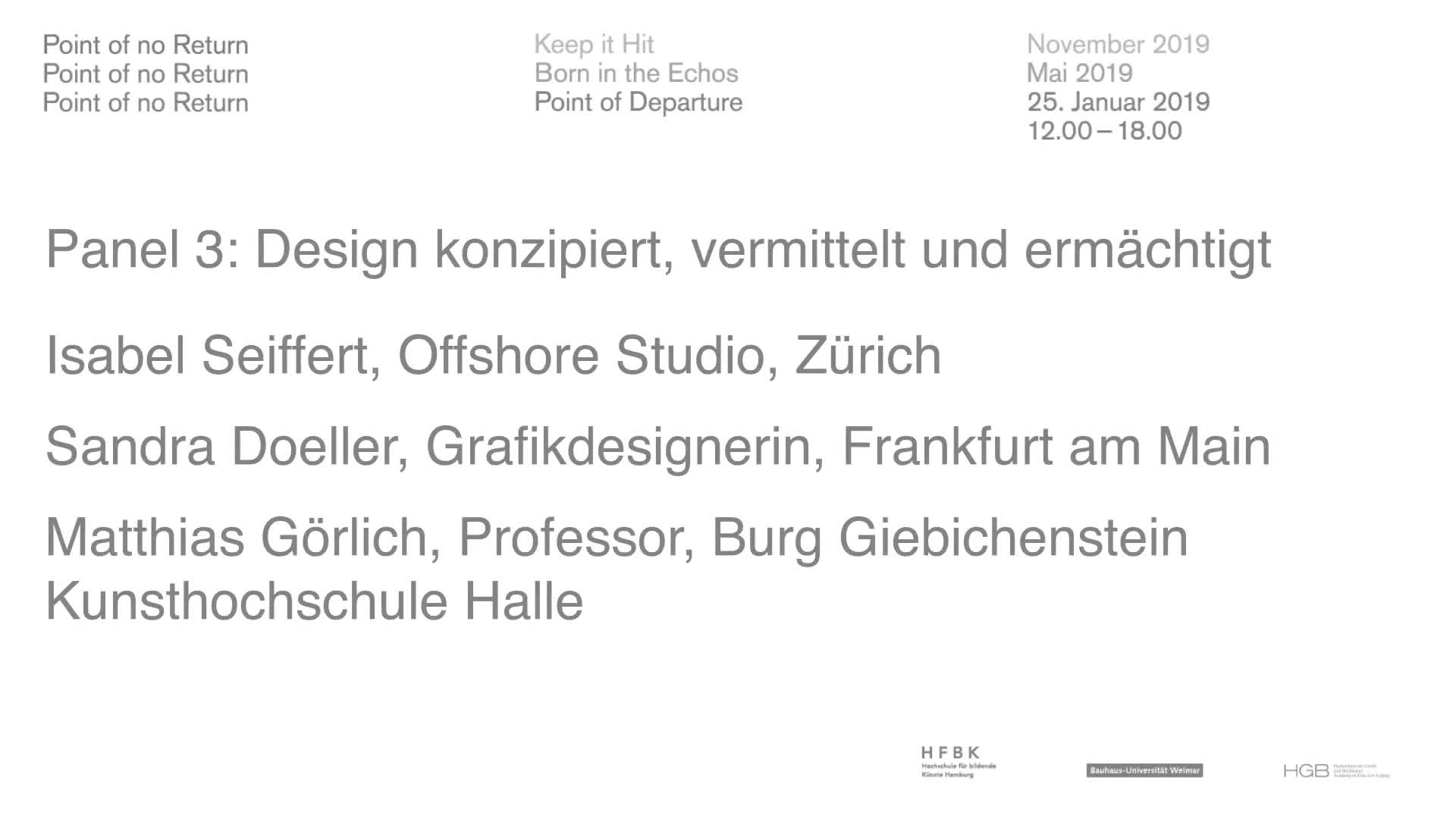
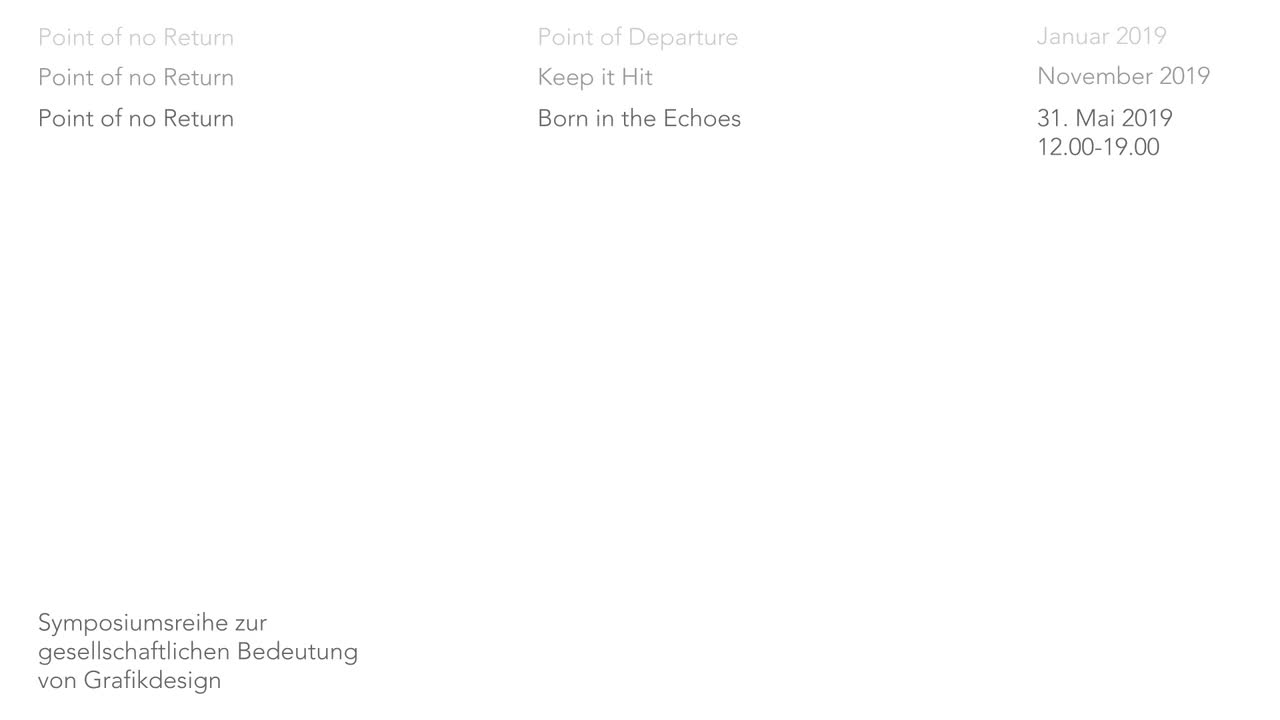
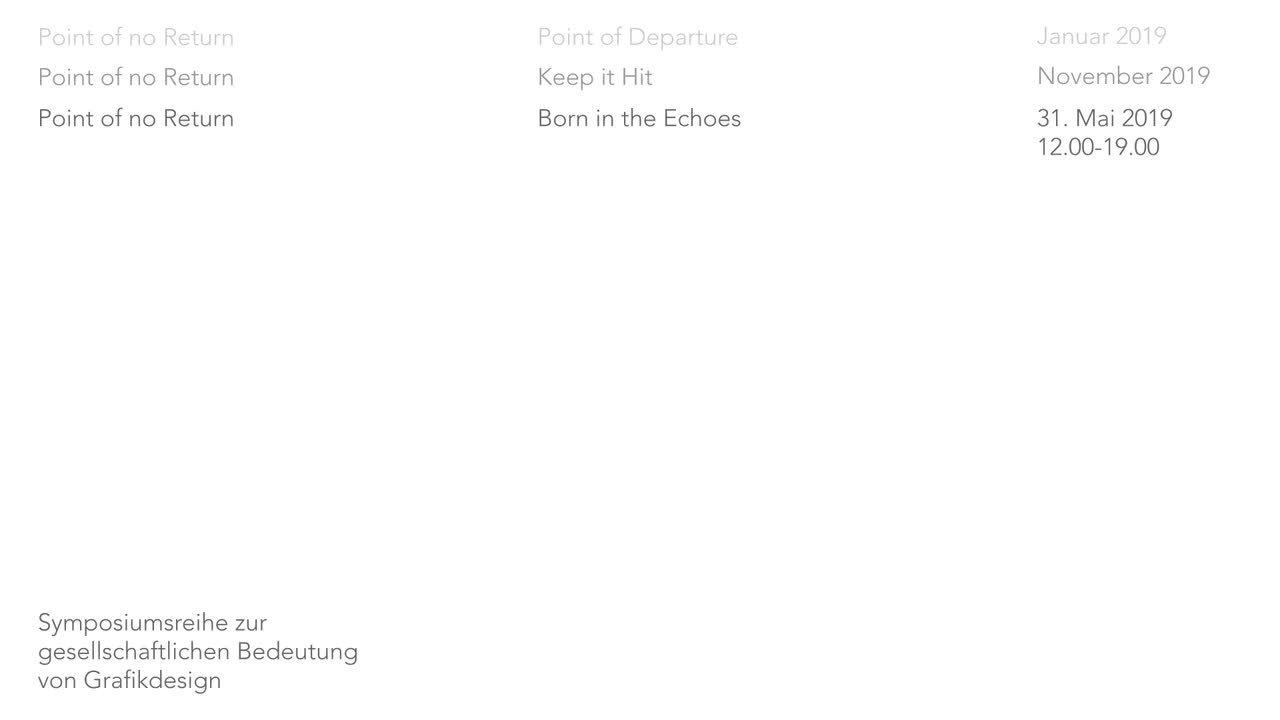
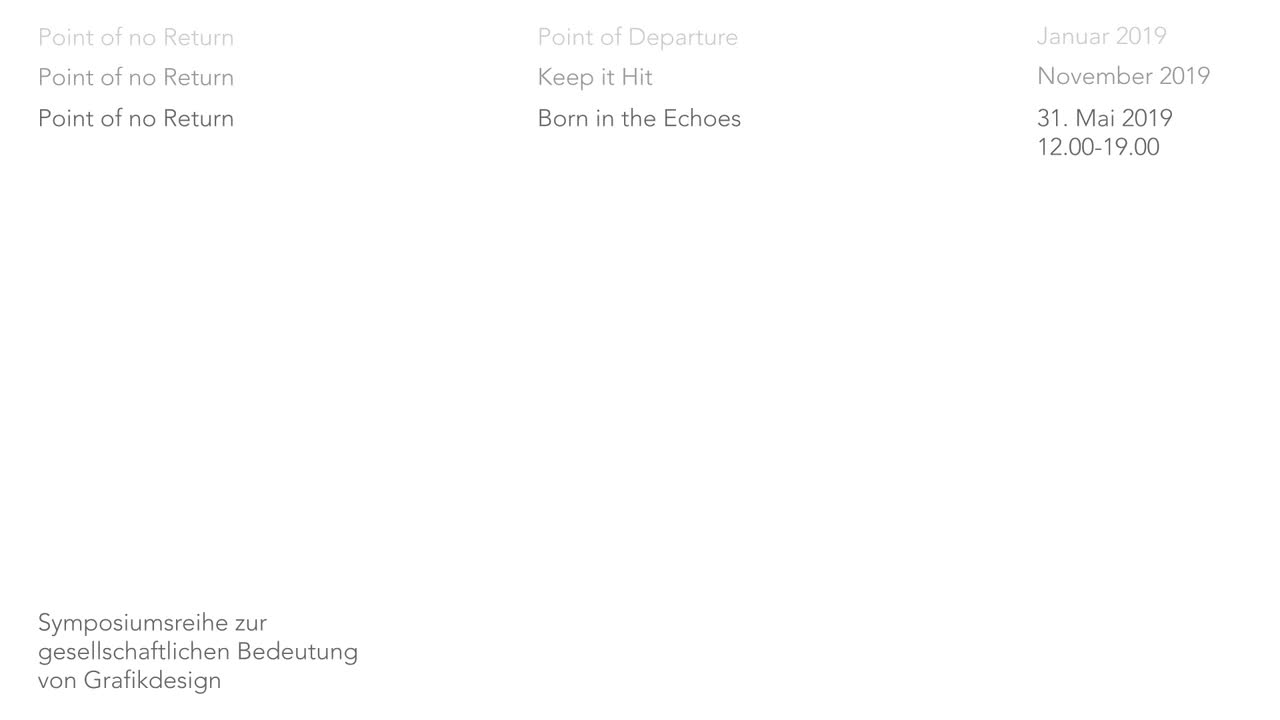
 Symposiumsbericht aus dem Lerchenfeld #48: Kill your darlings
Symposiumsbericht aus dem Lerchenfeld #48: Kill your darlings
 2019/05/07: HFBK-Grafikdesign-Symposium: Point of No Return II: Born in the Echoes
2019/05/07: HFBK-Grafikdesign-Symposium: Point of No Return II: Born in the Echoes
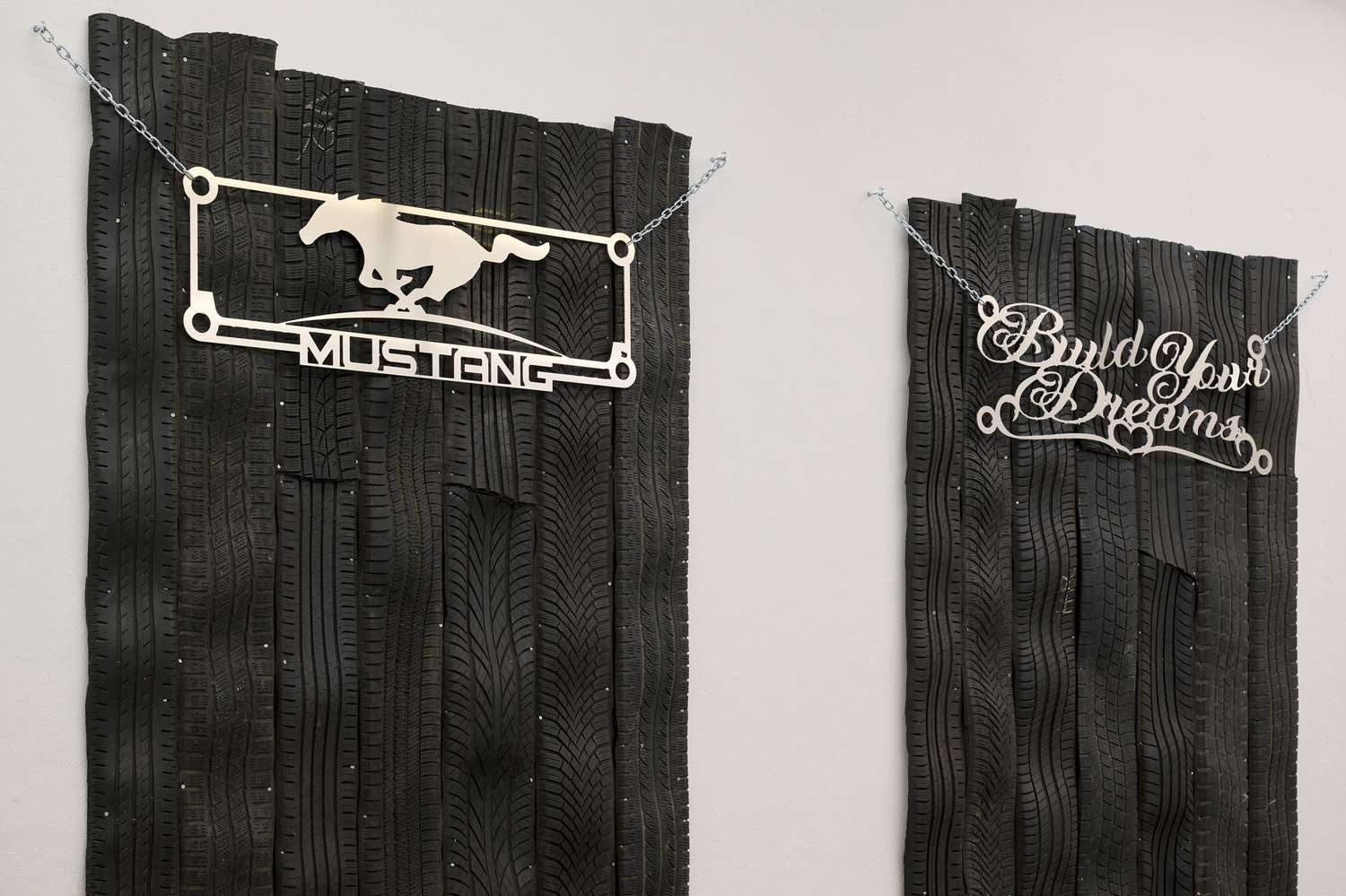
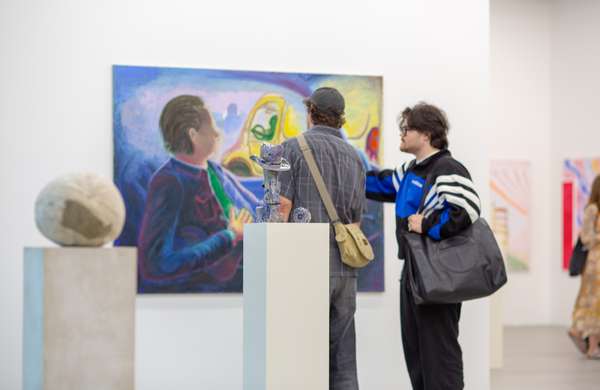


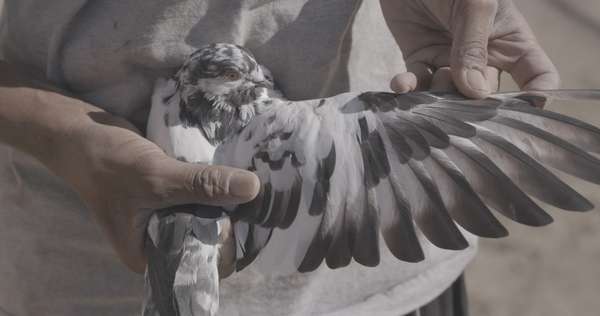
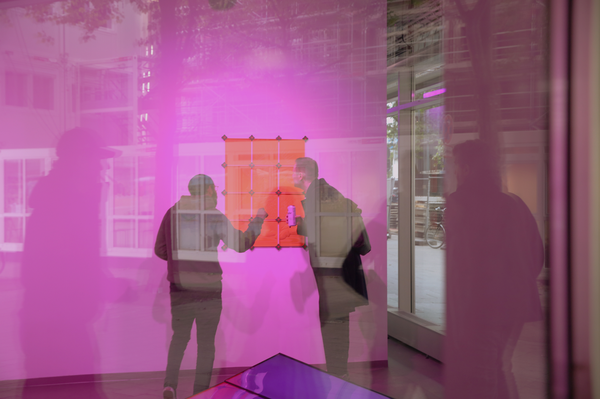
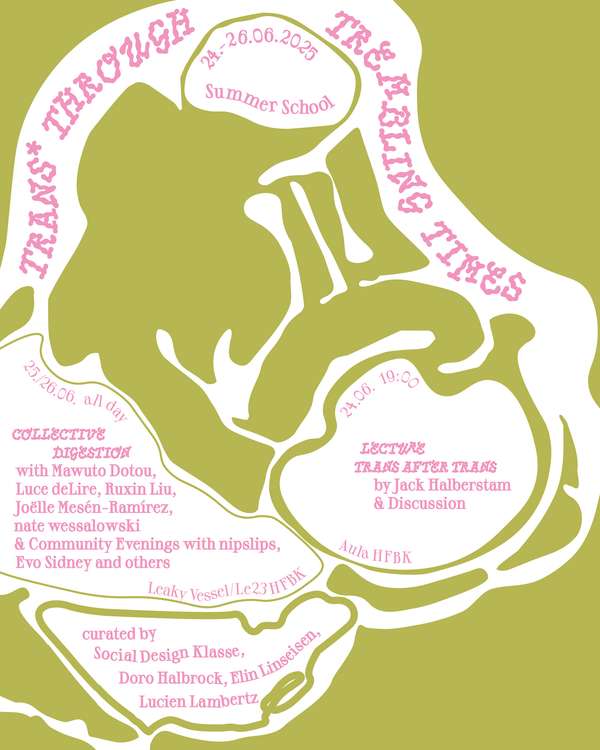
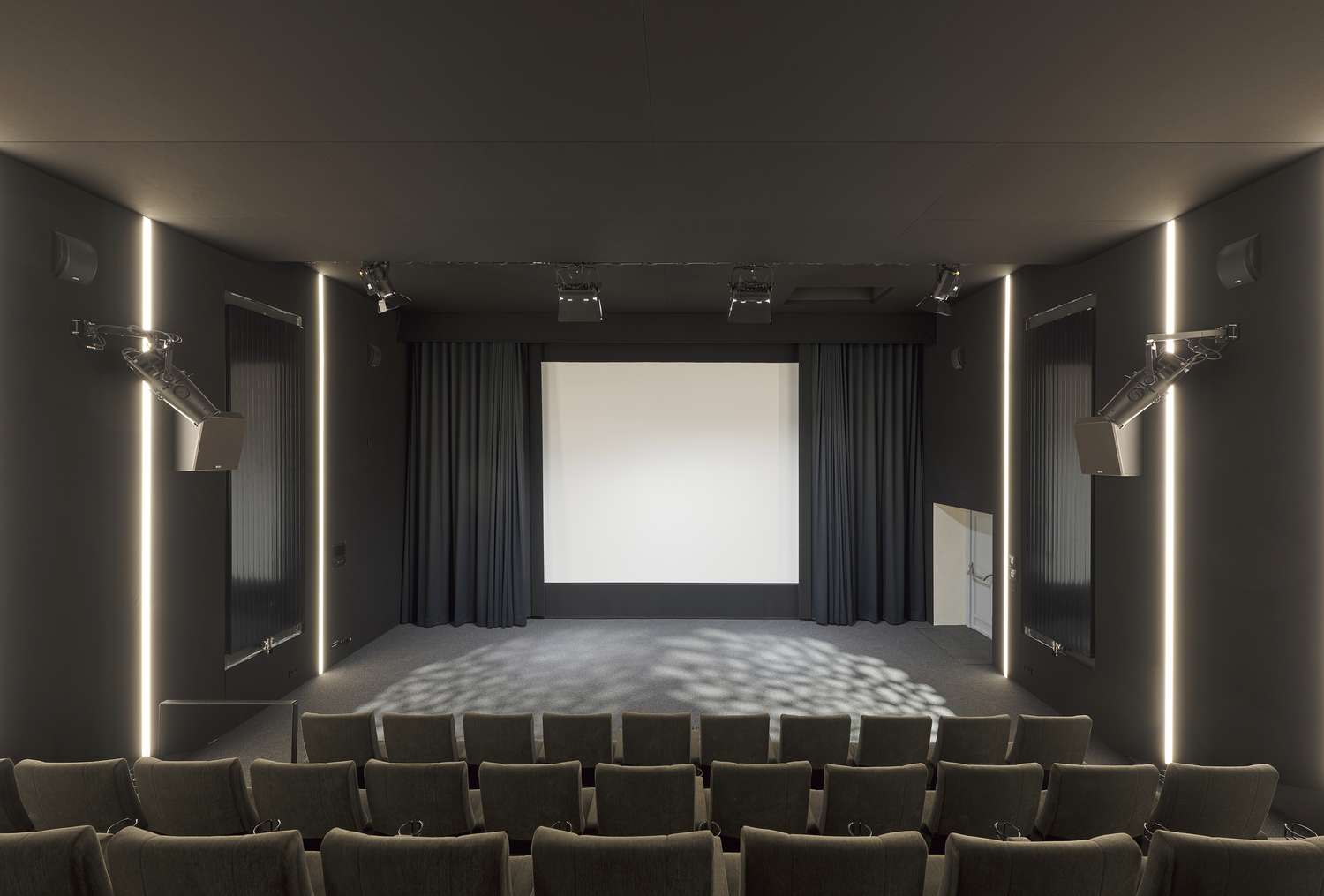
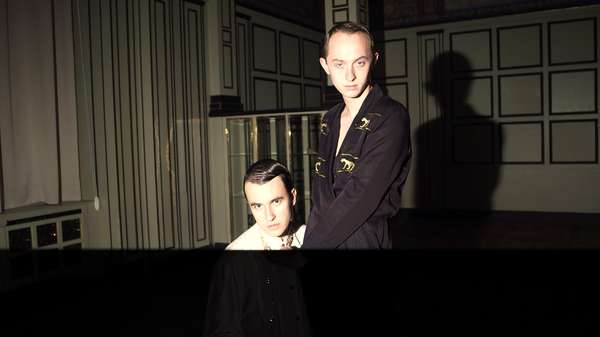
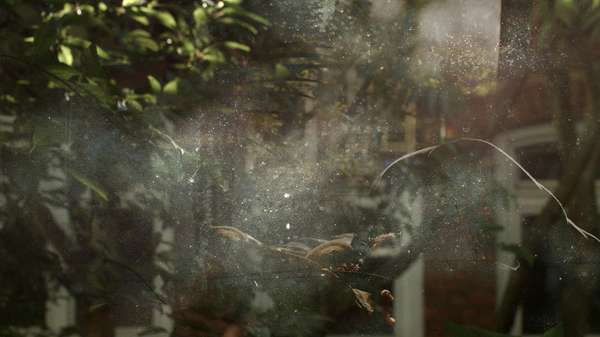
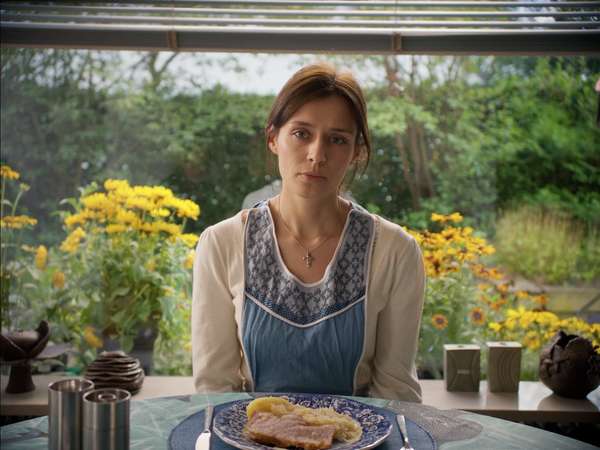
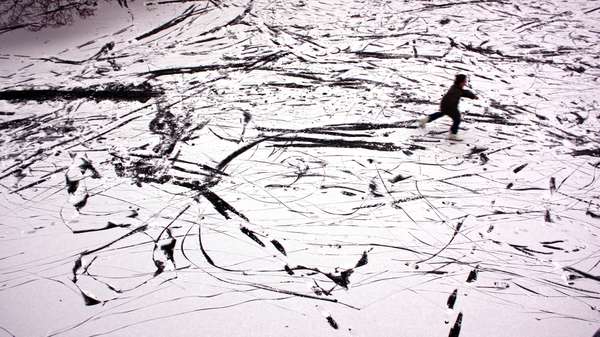
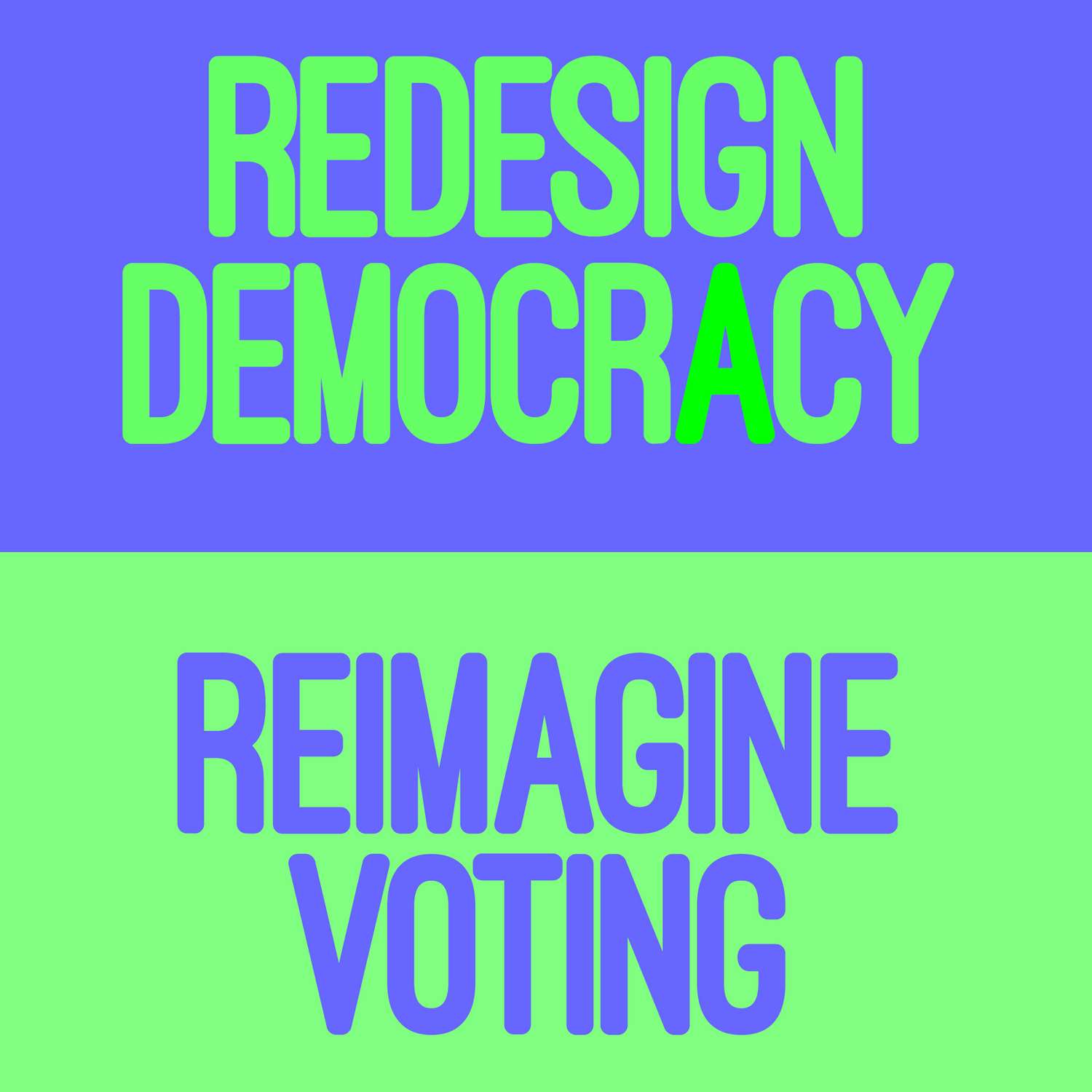
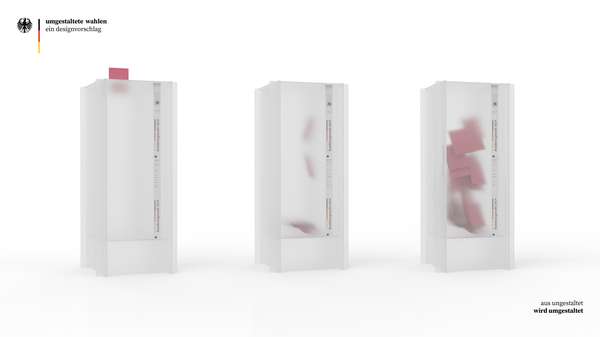
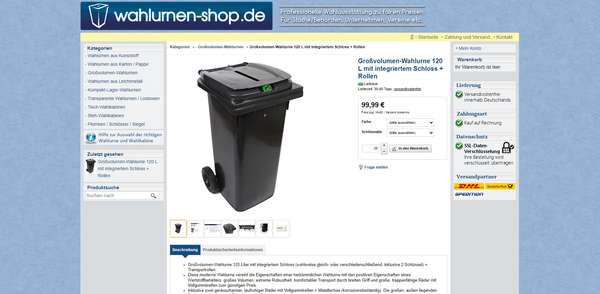
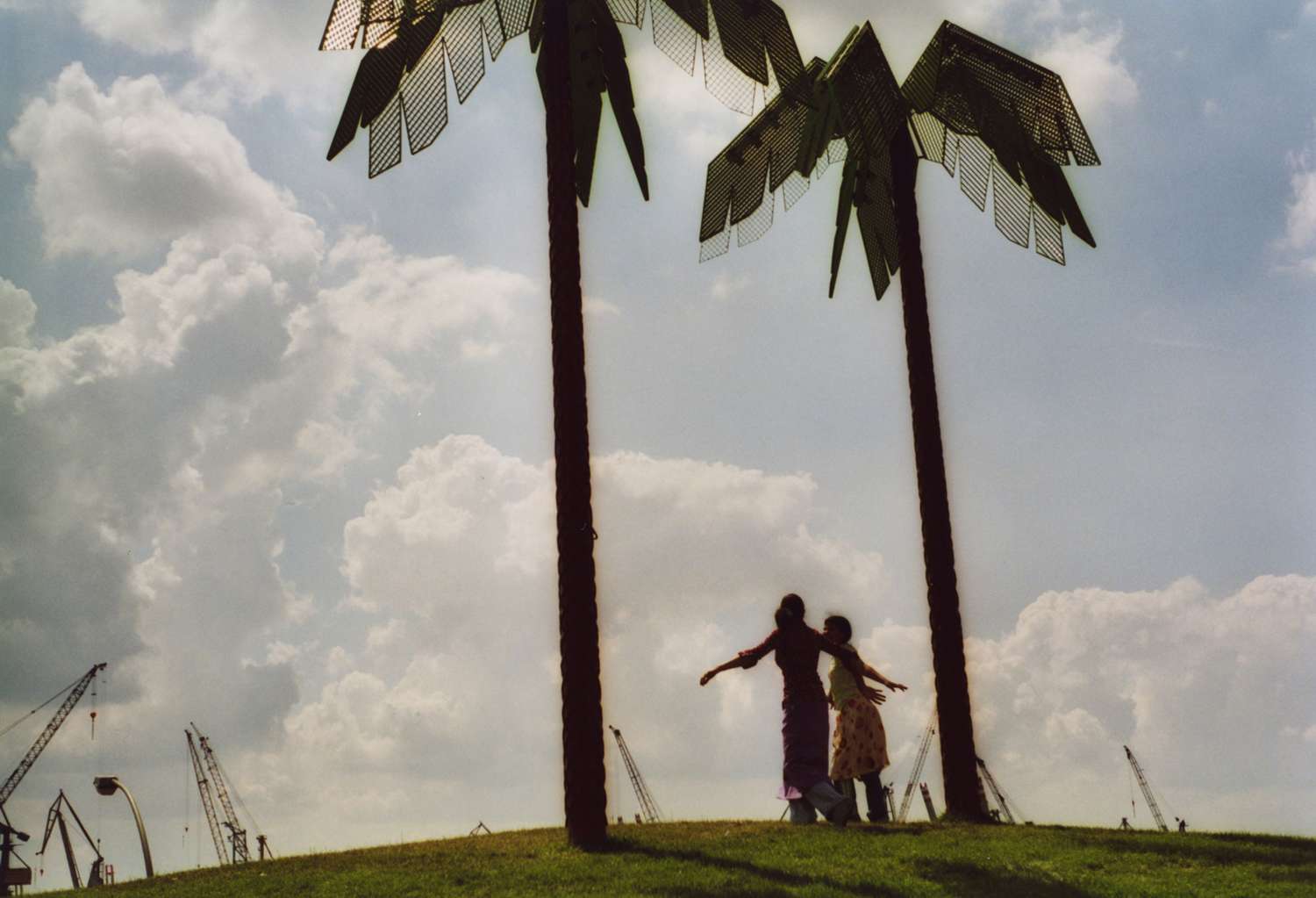
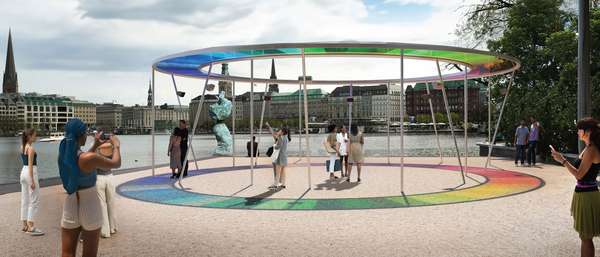
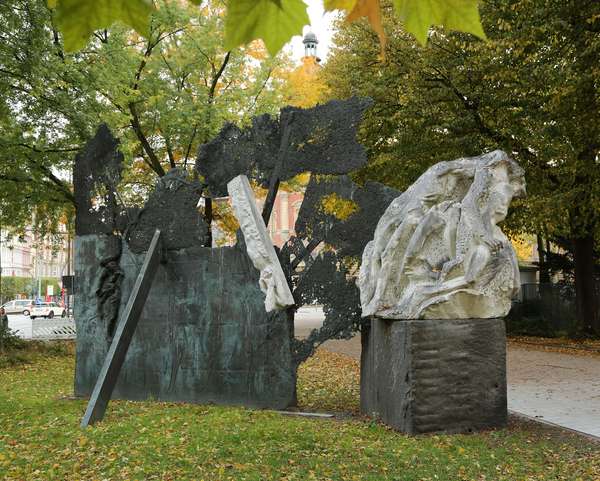
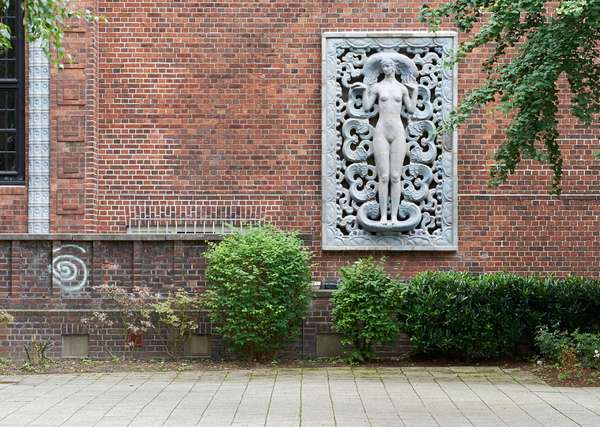
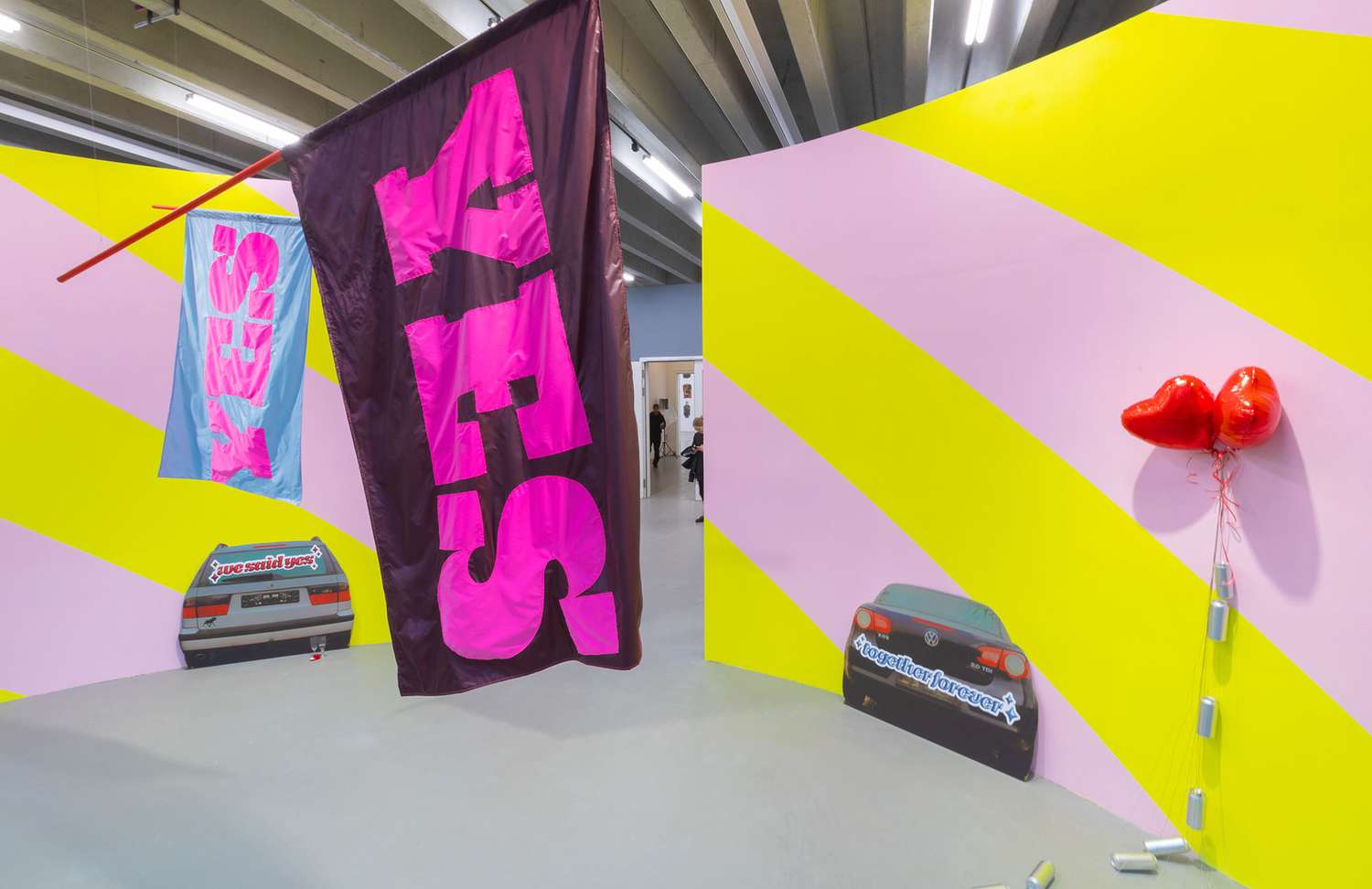
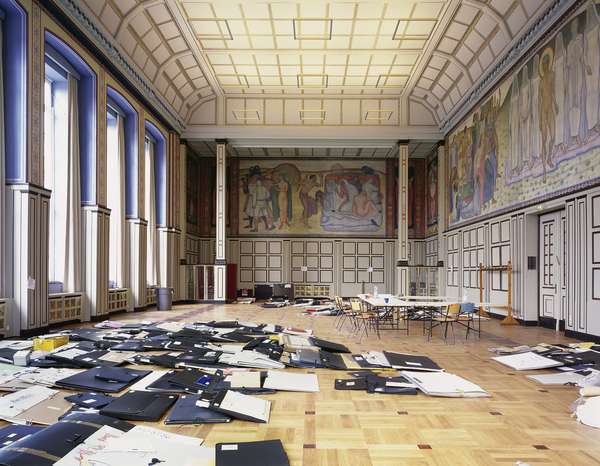
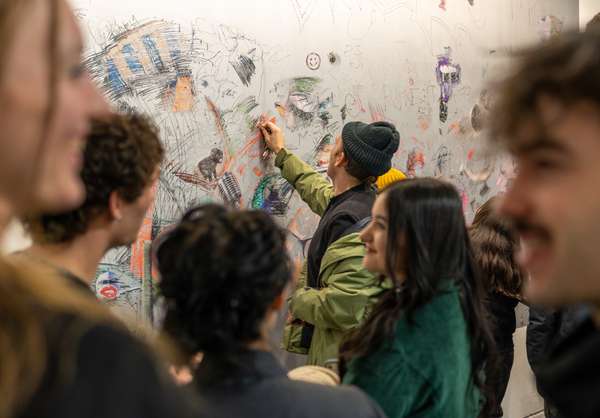
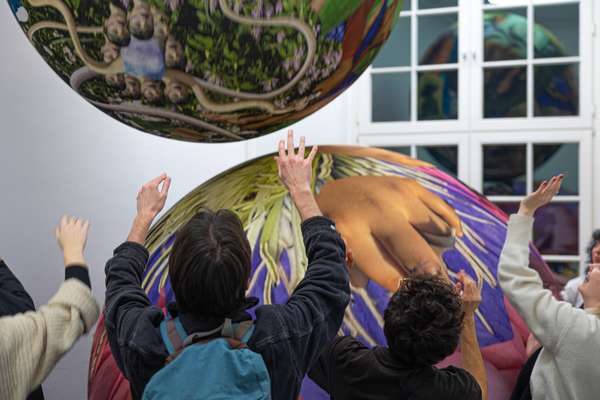


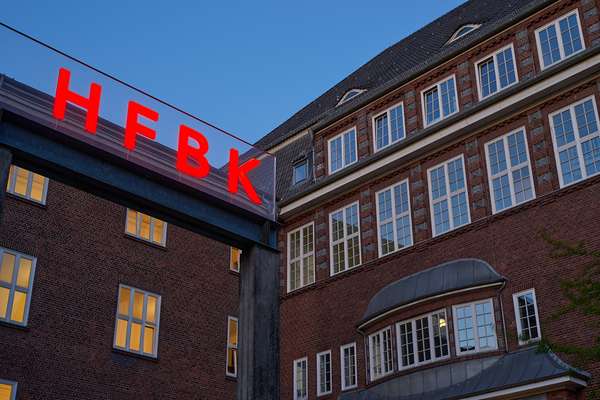
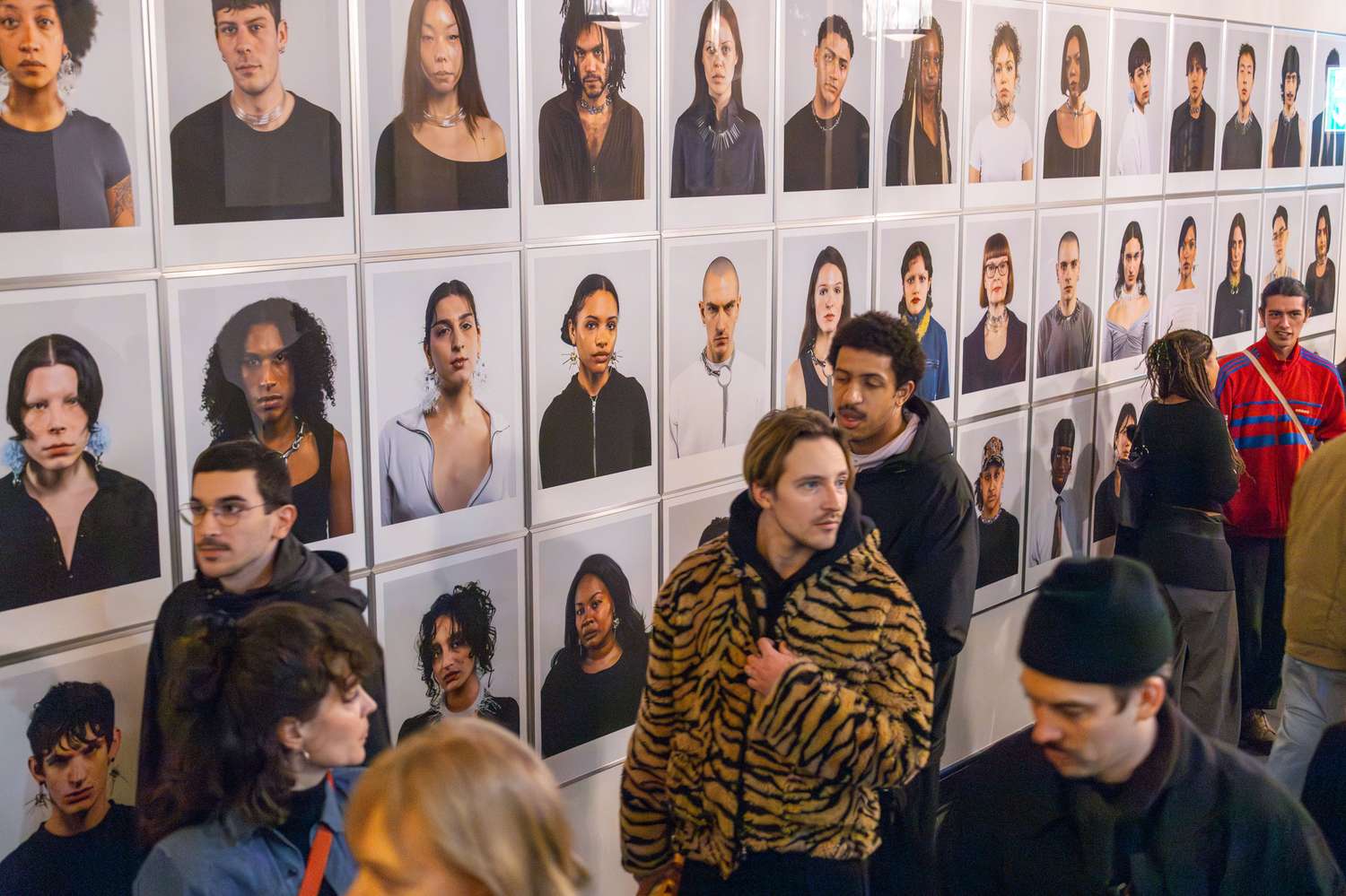
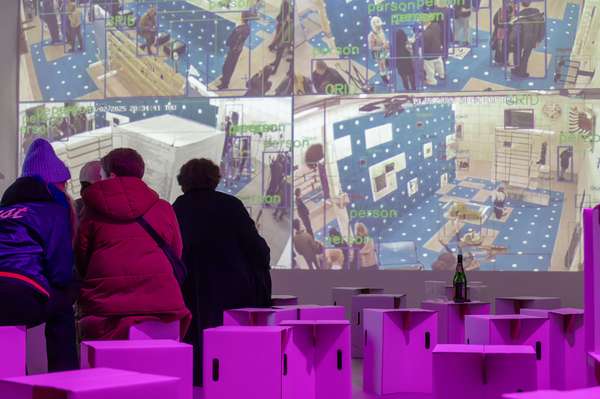
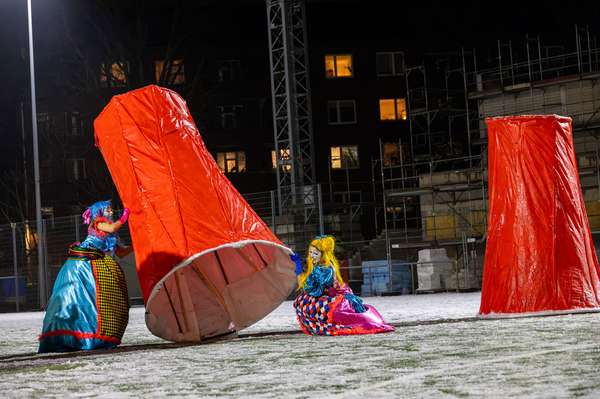
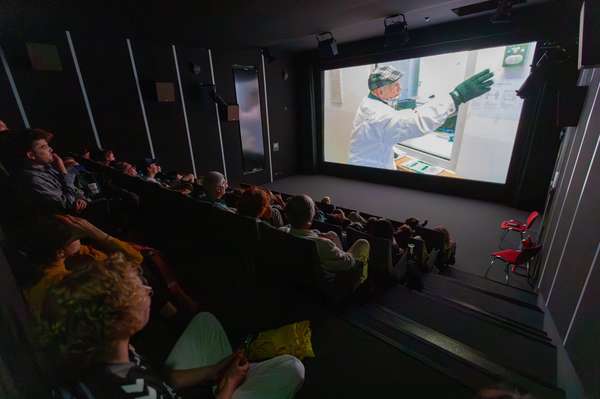
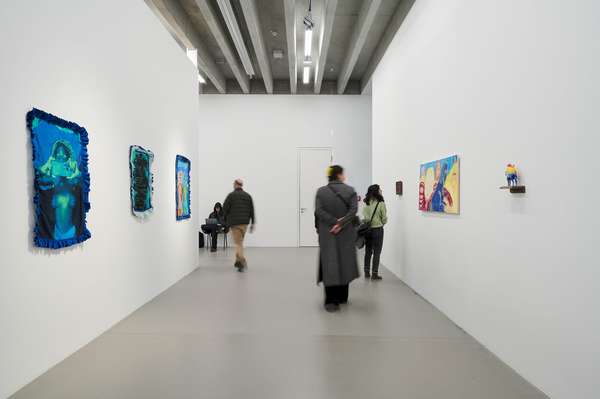
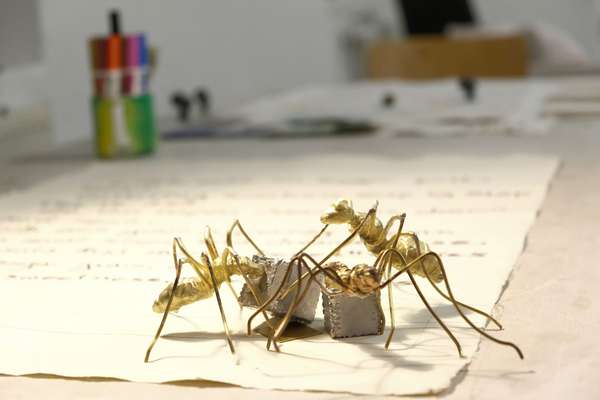
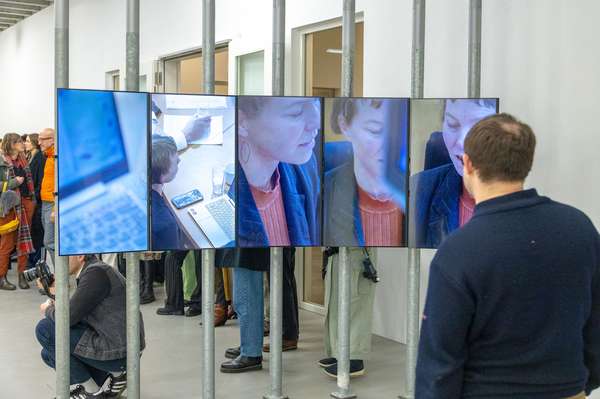
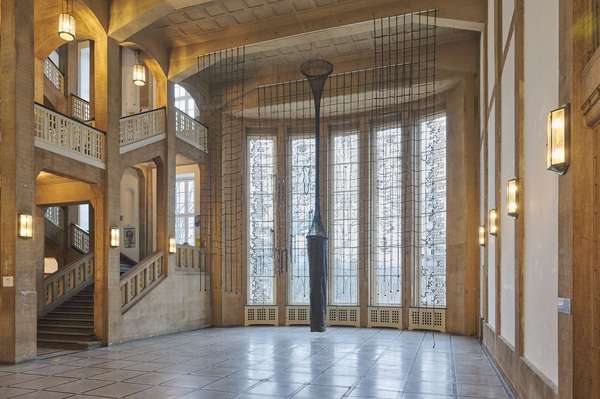
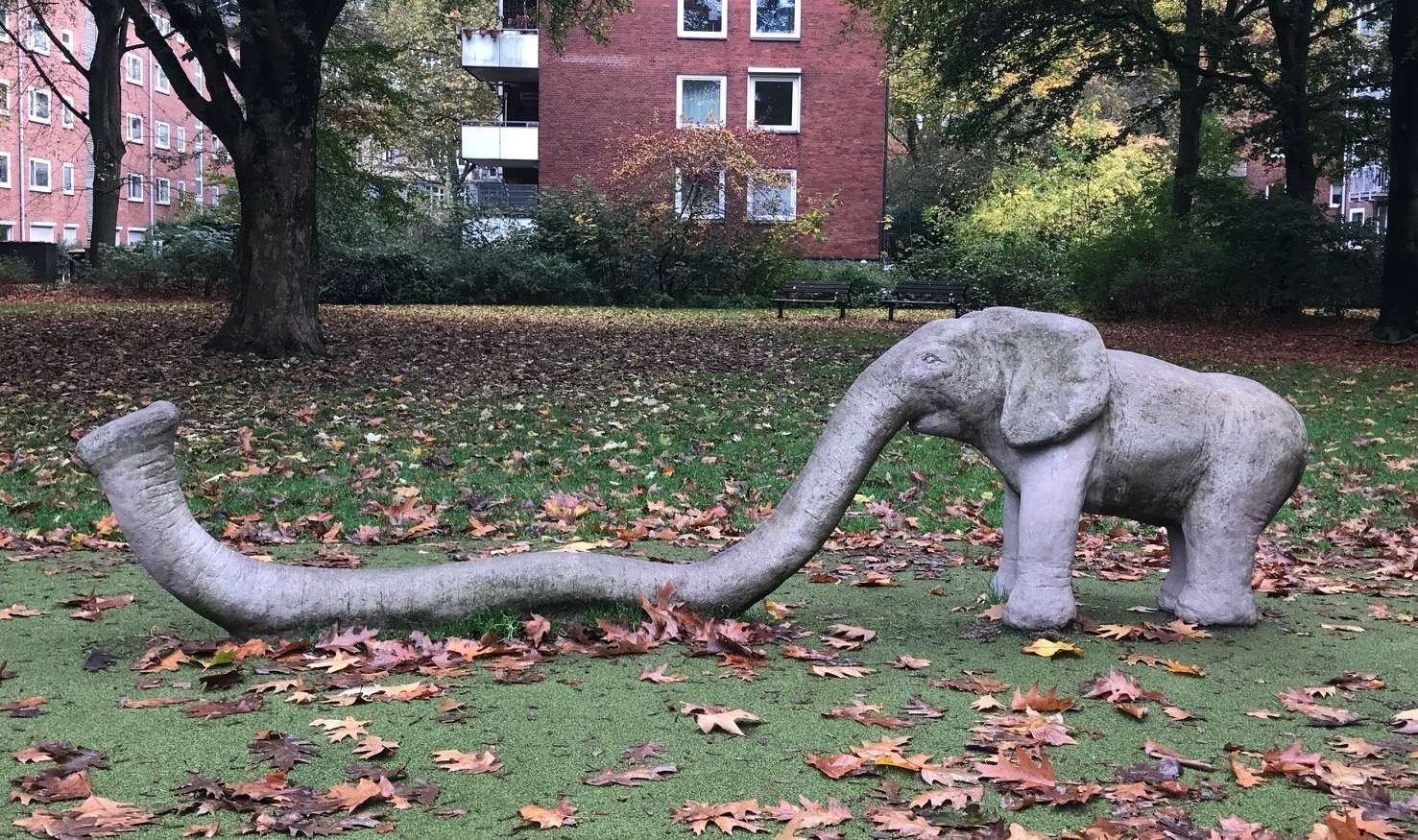
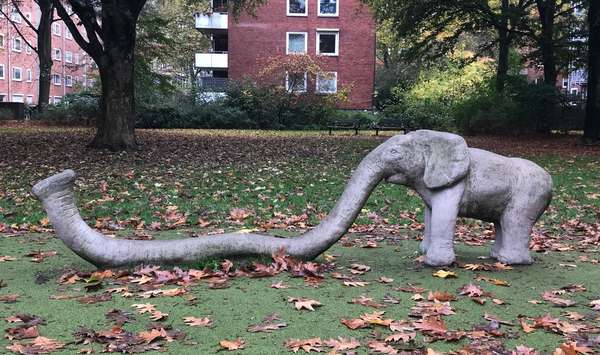
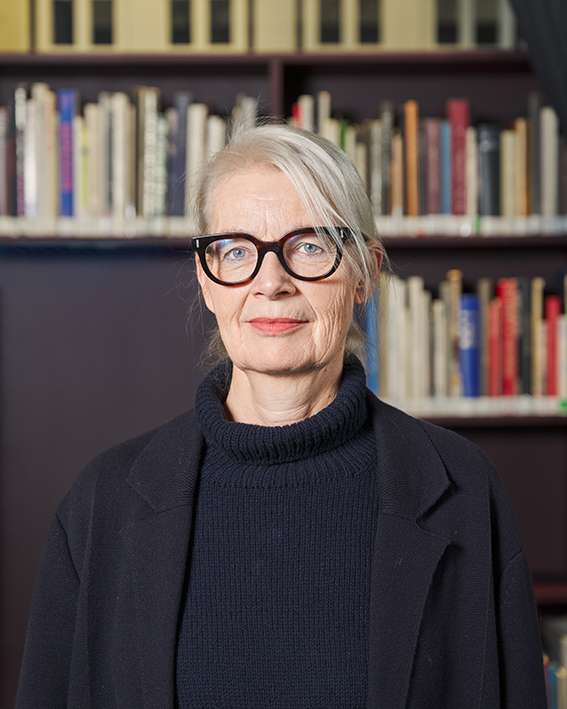
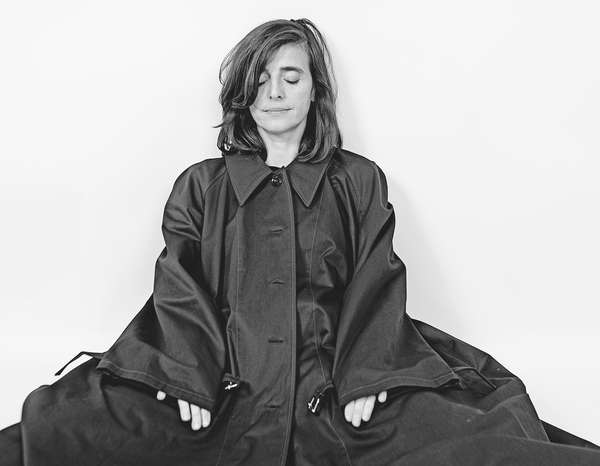
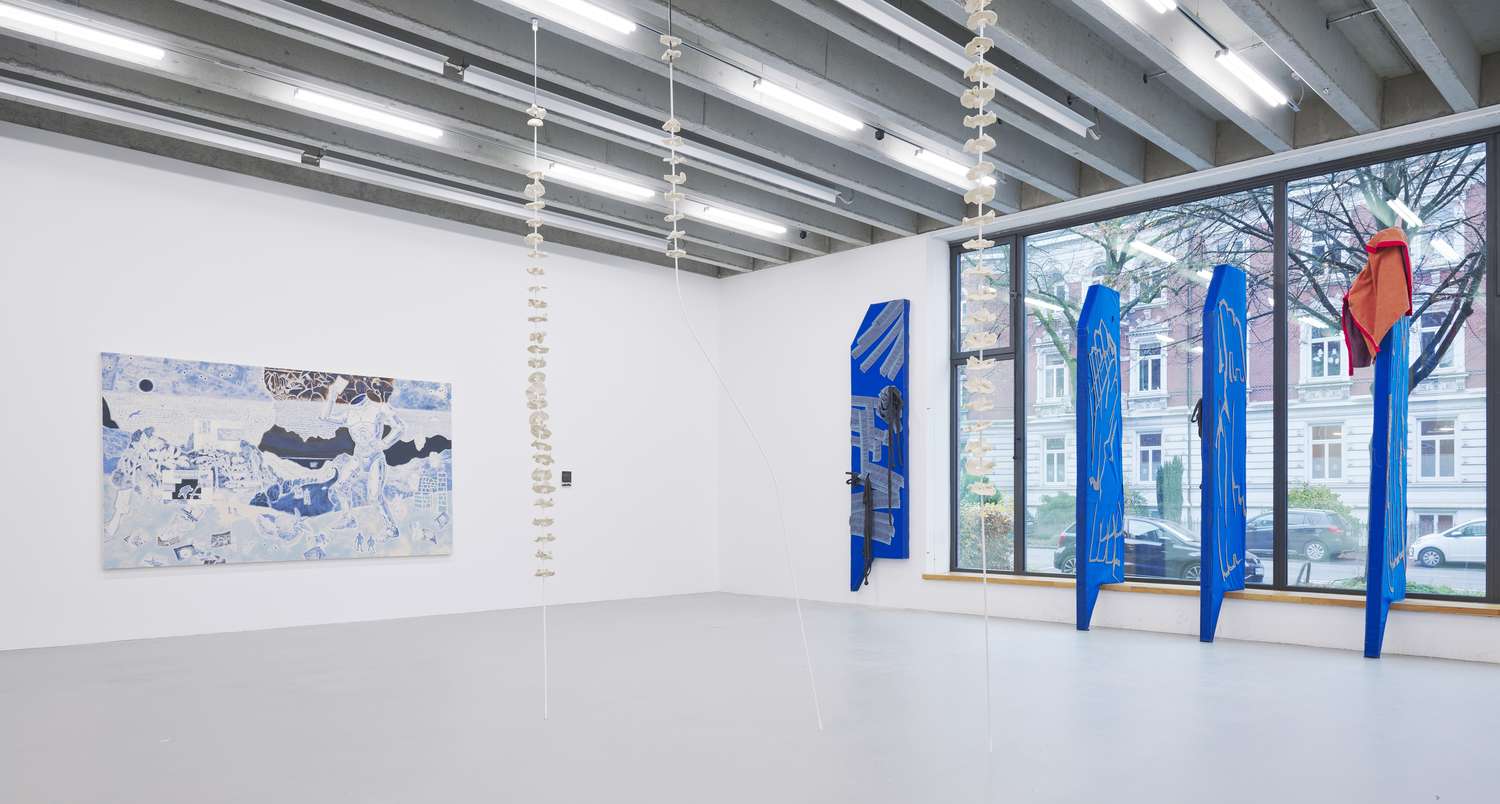
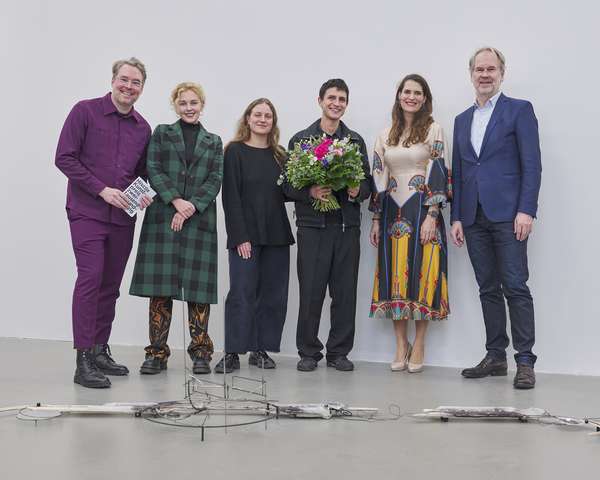
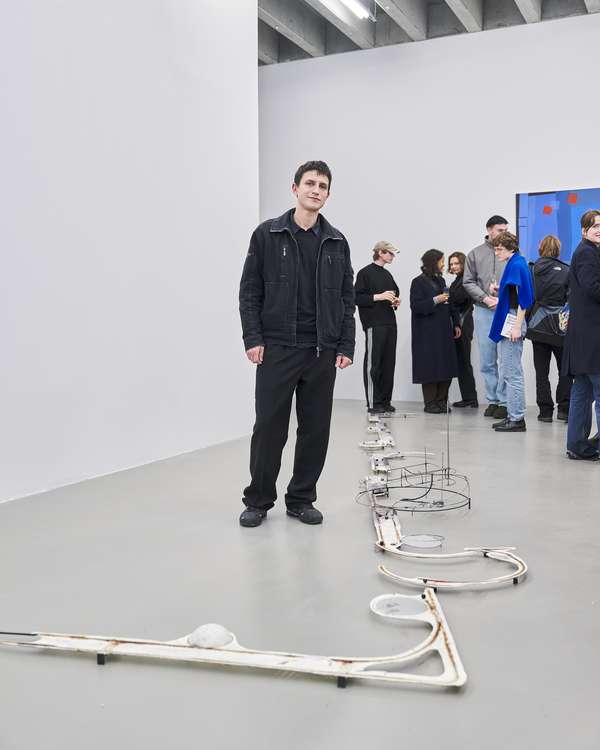
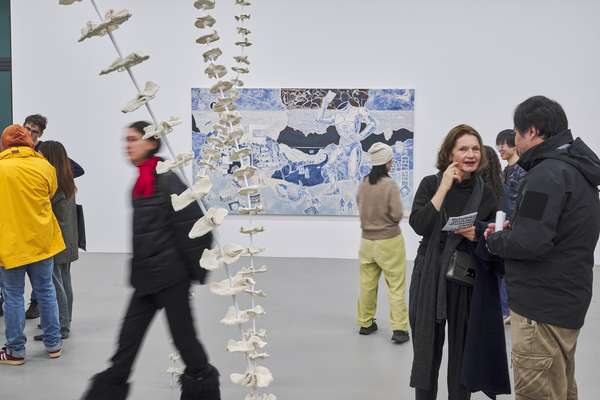
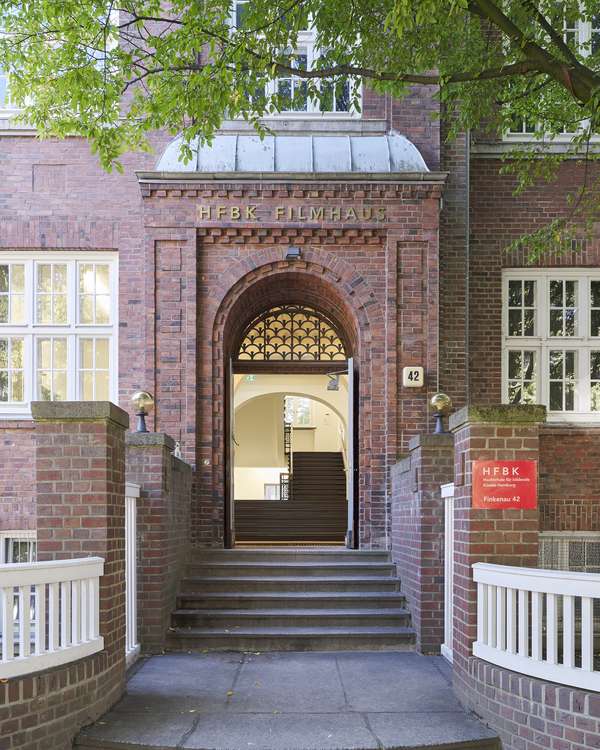
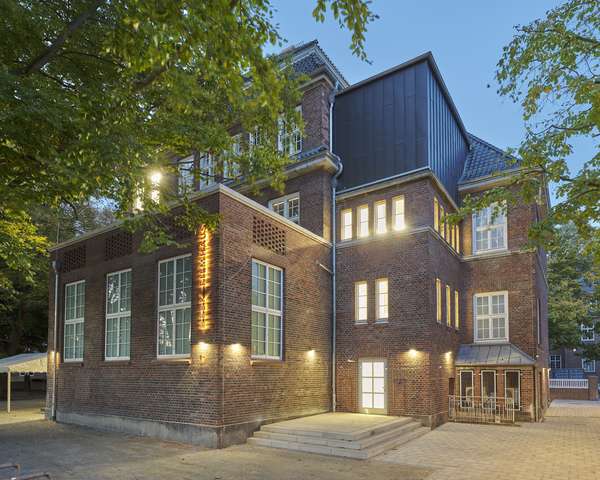
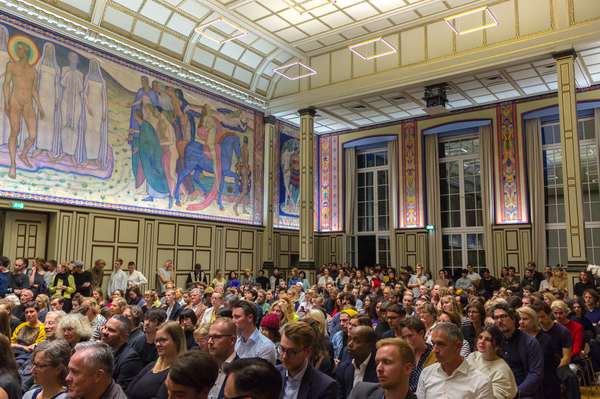
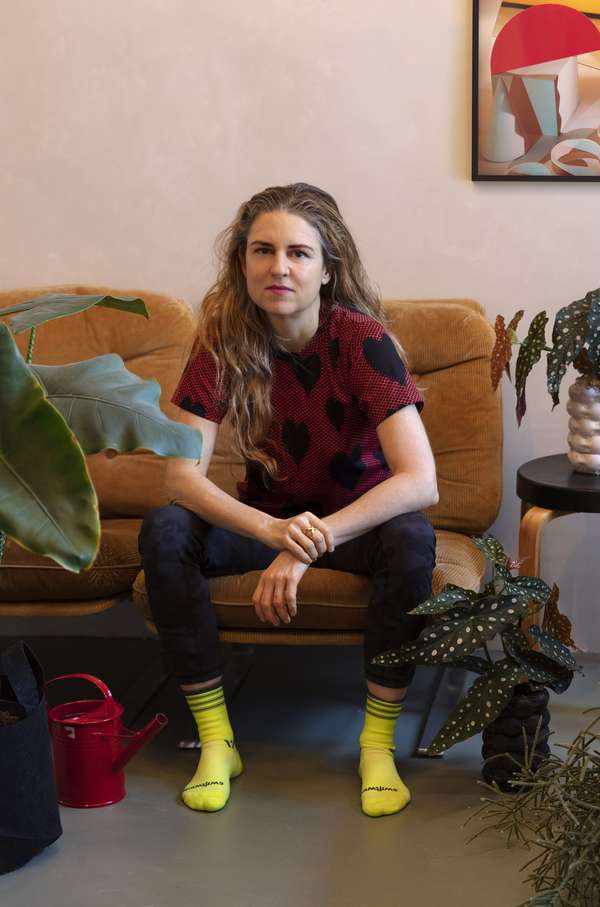
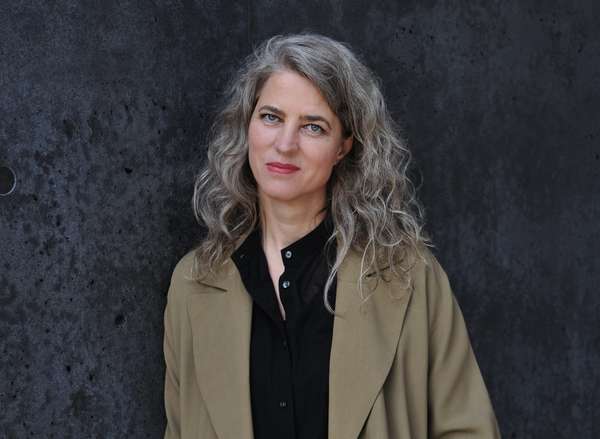
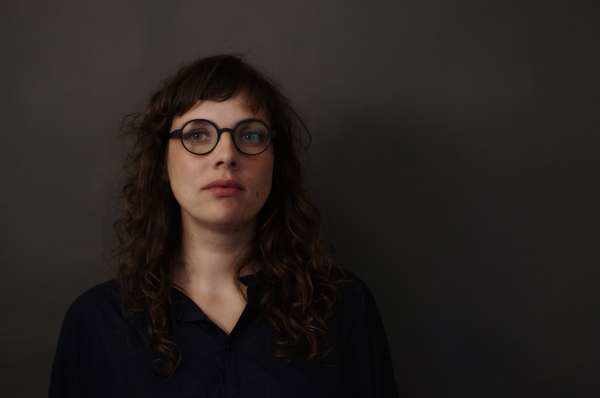
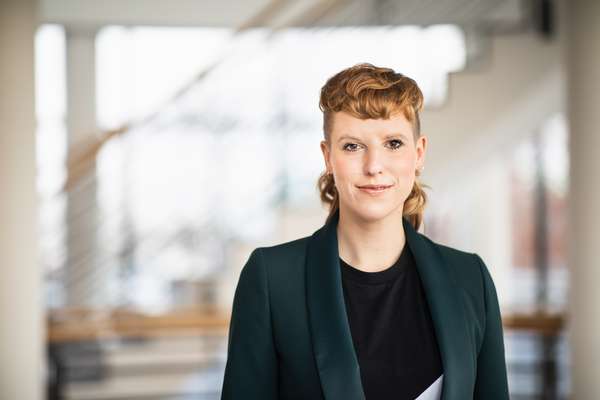
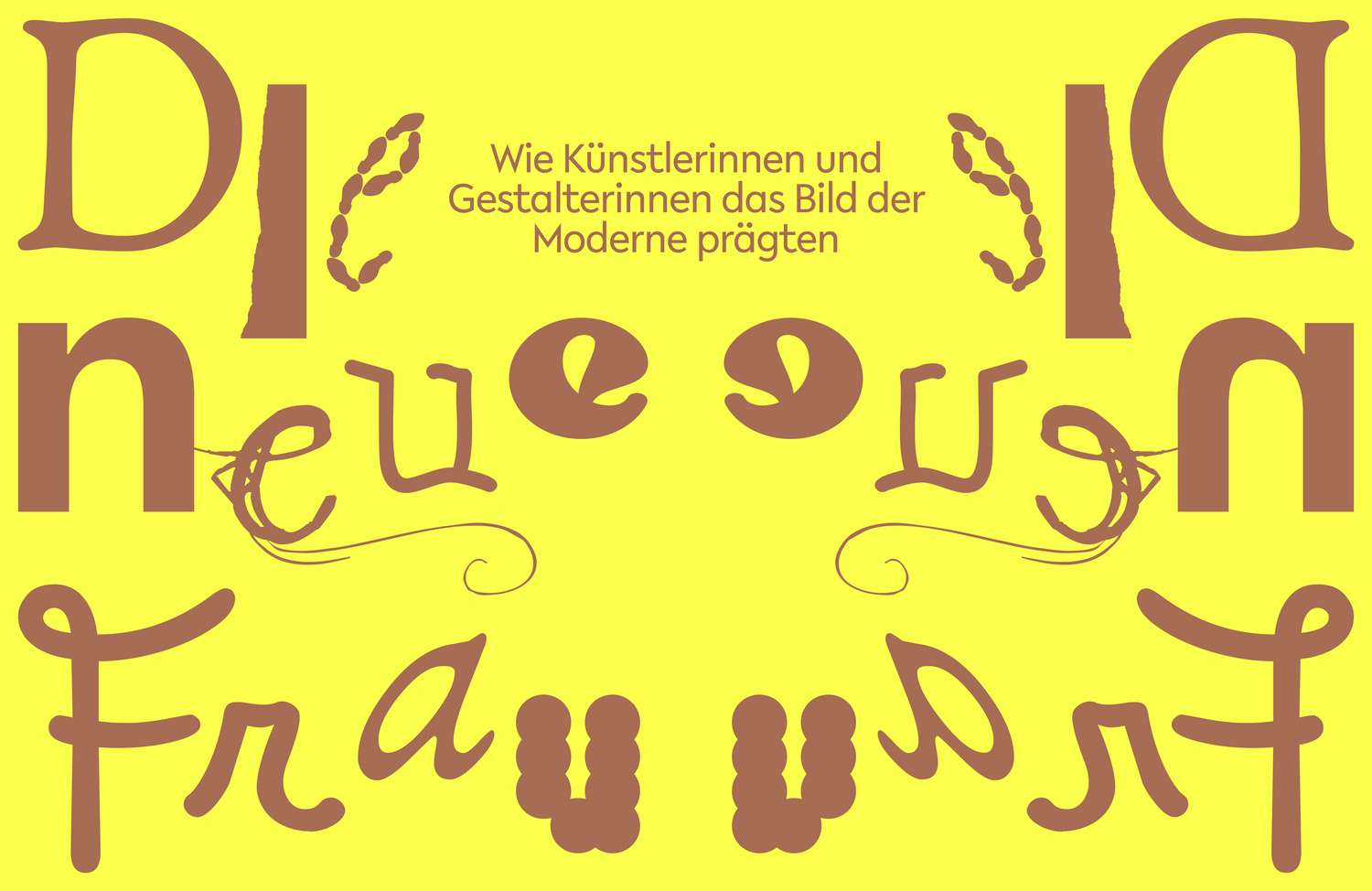
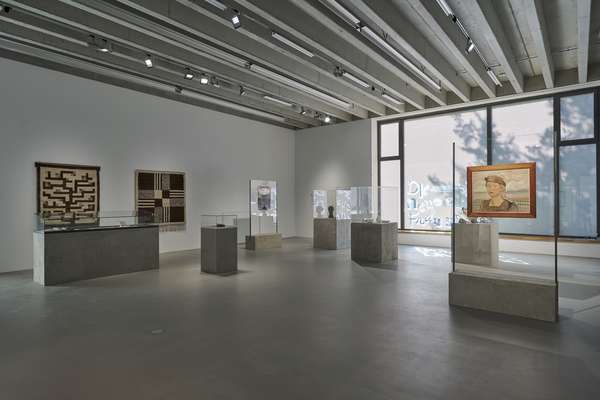
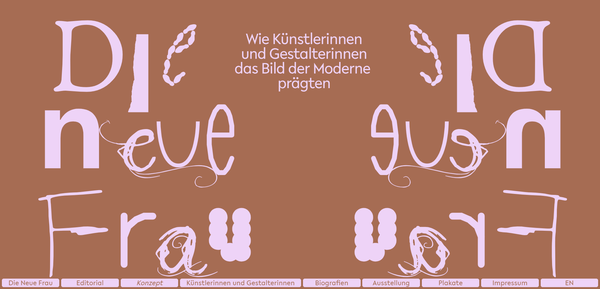
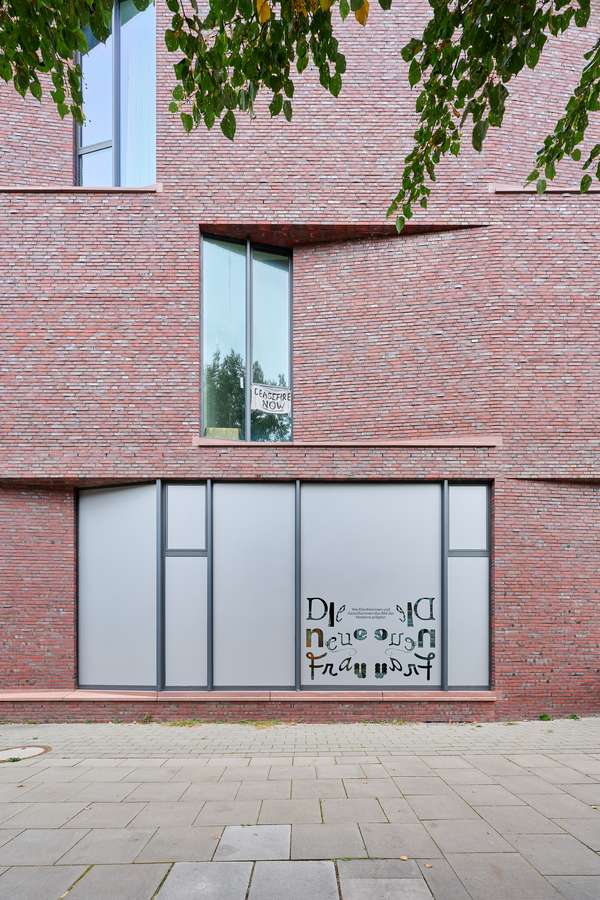
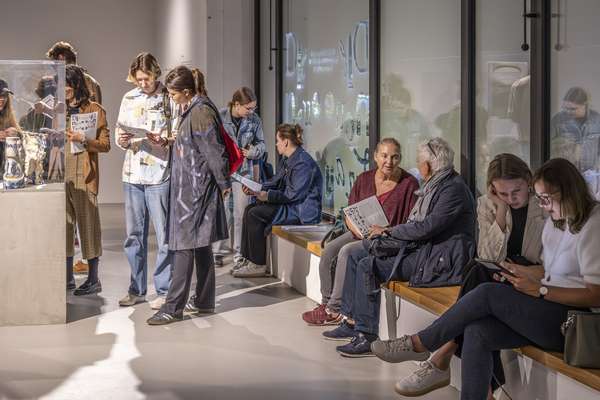
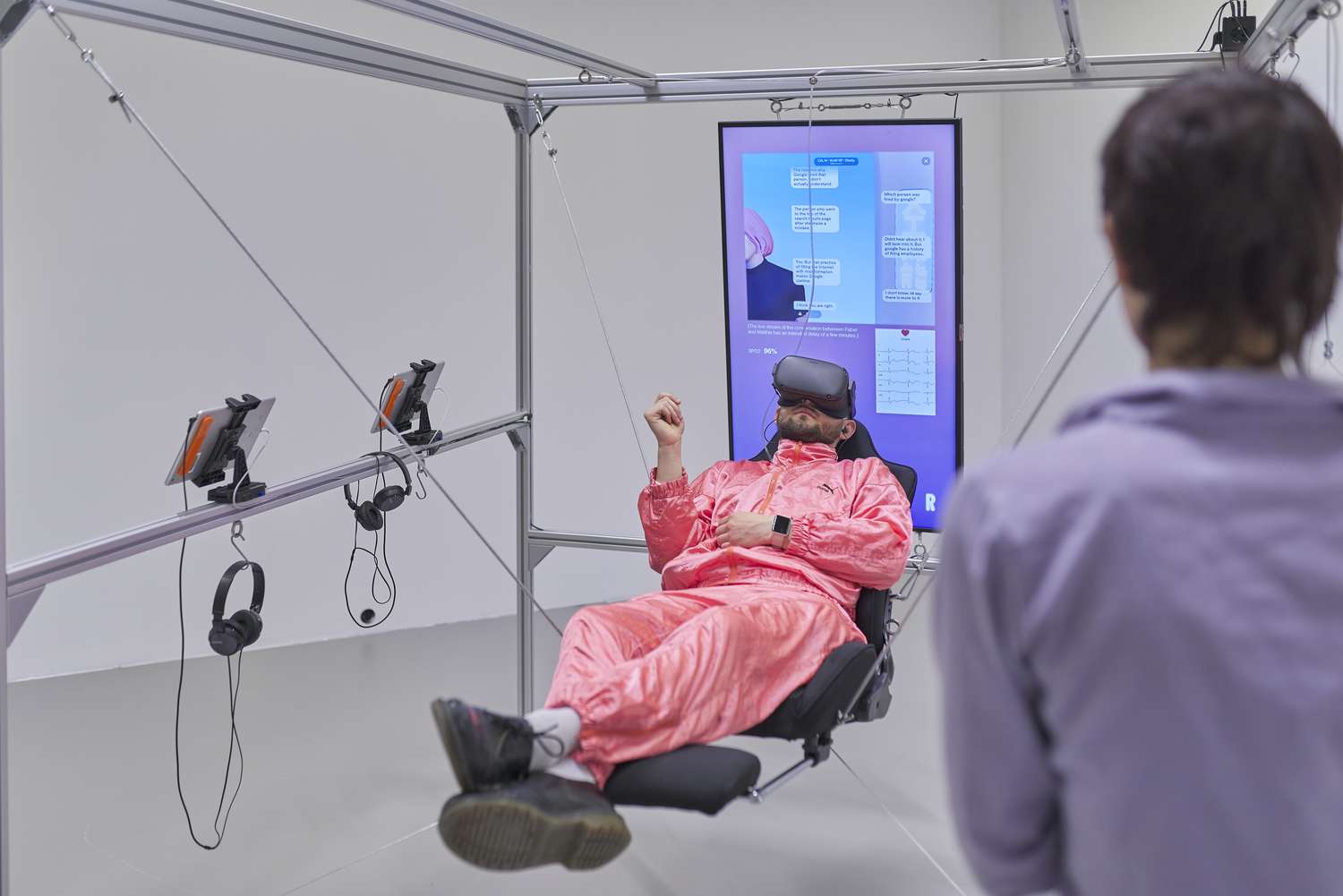
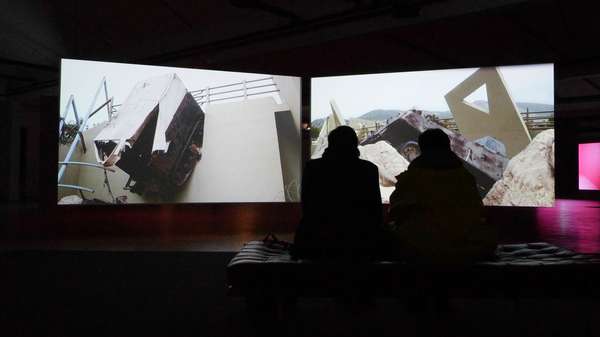
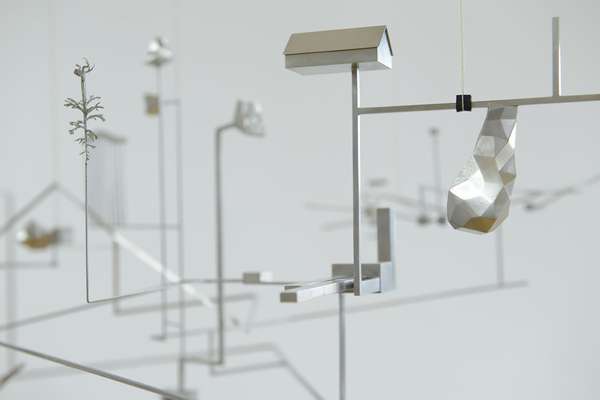
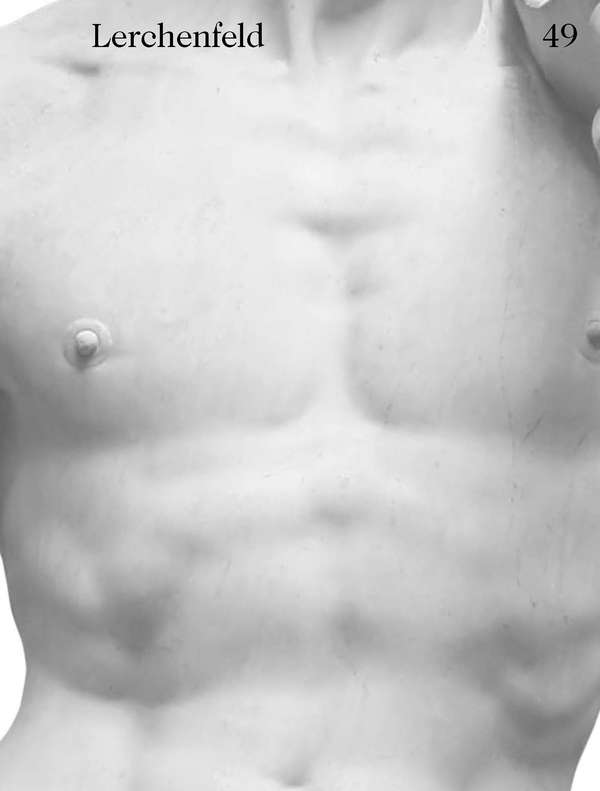
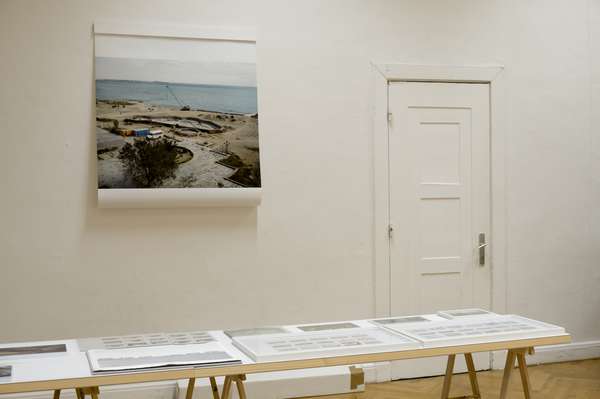
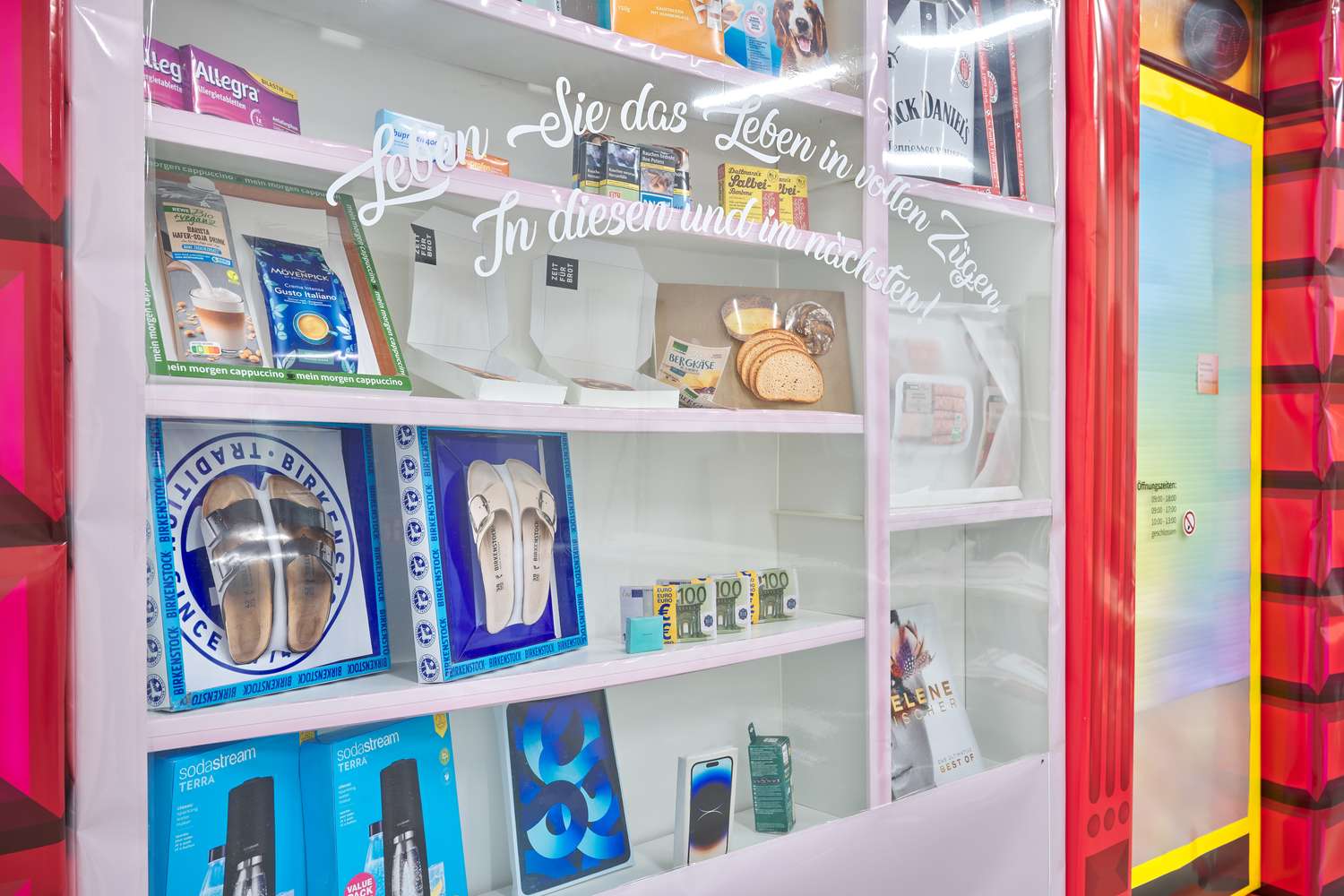
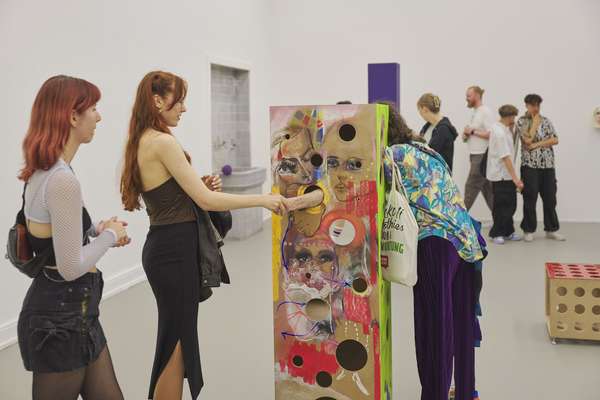
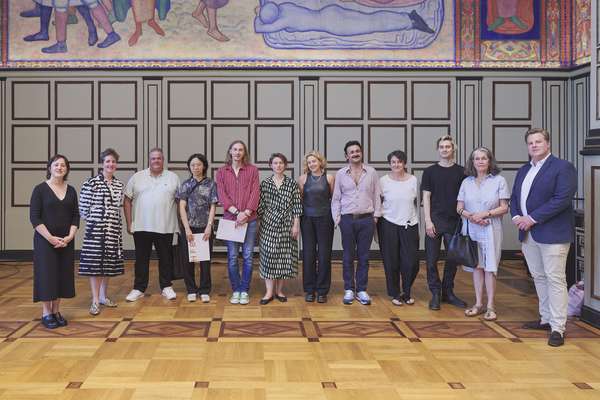
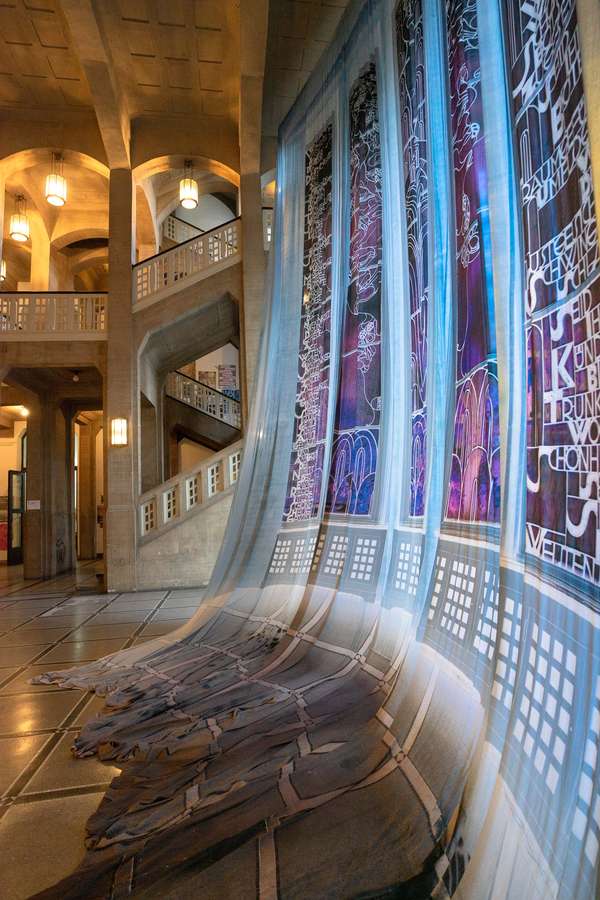
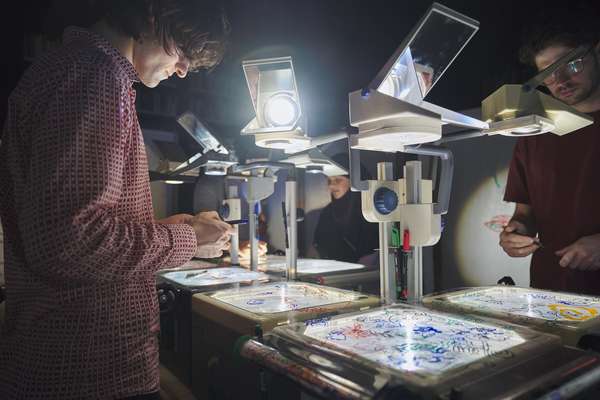
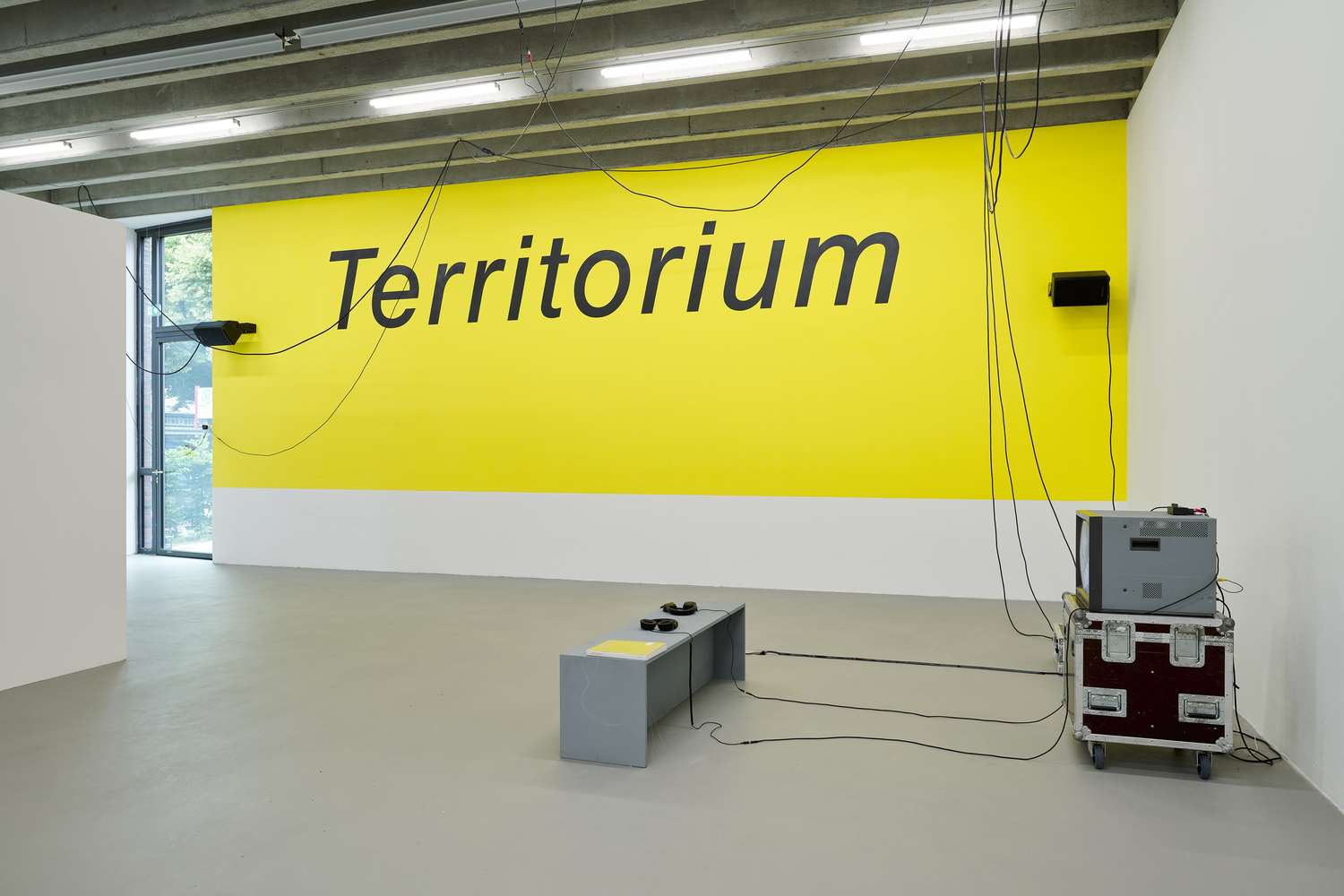
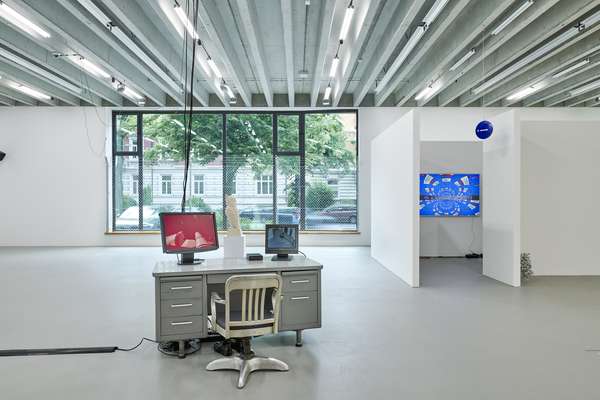
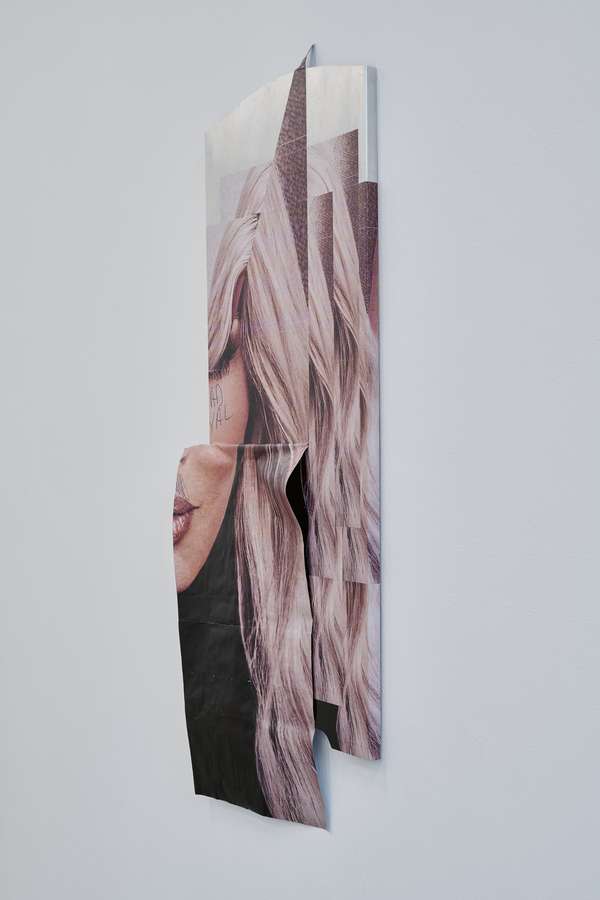
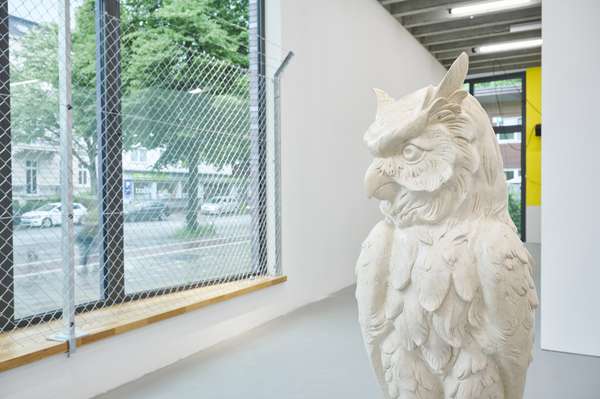
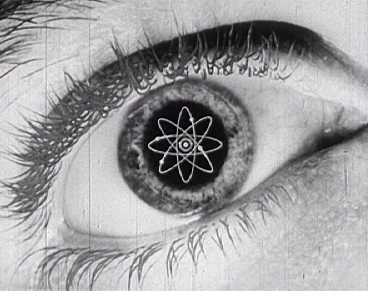
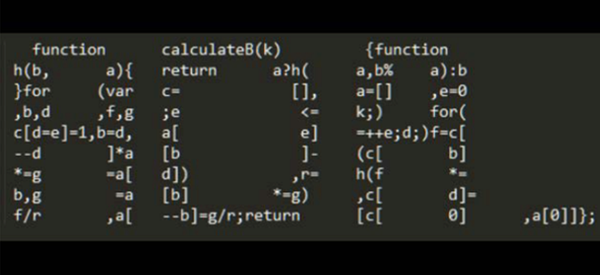
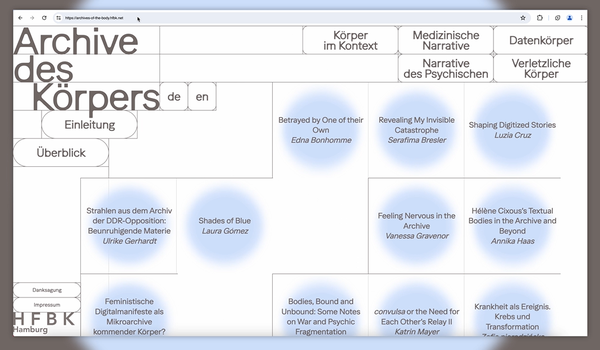
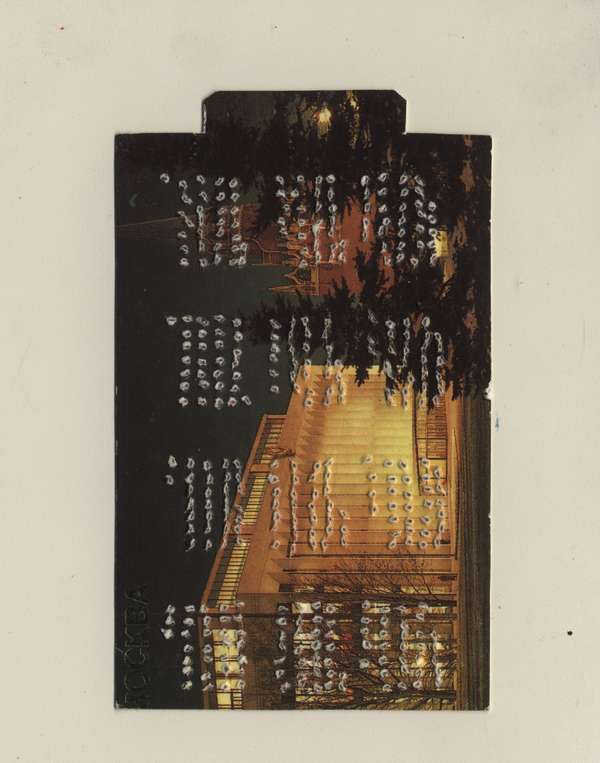
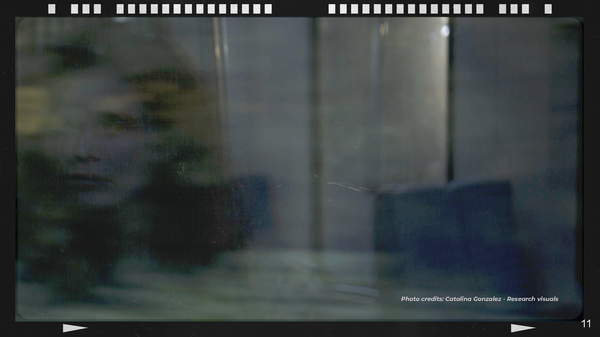
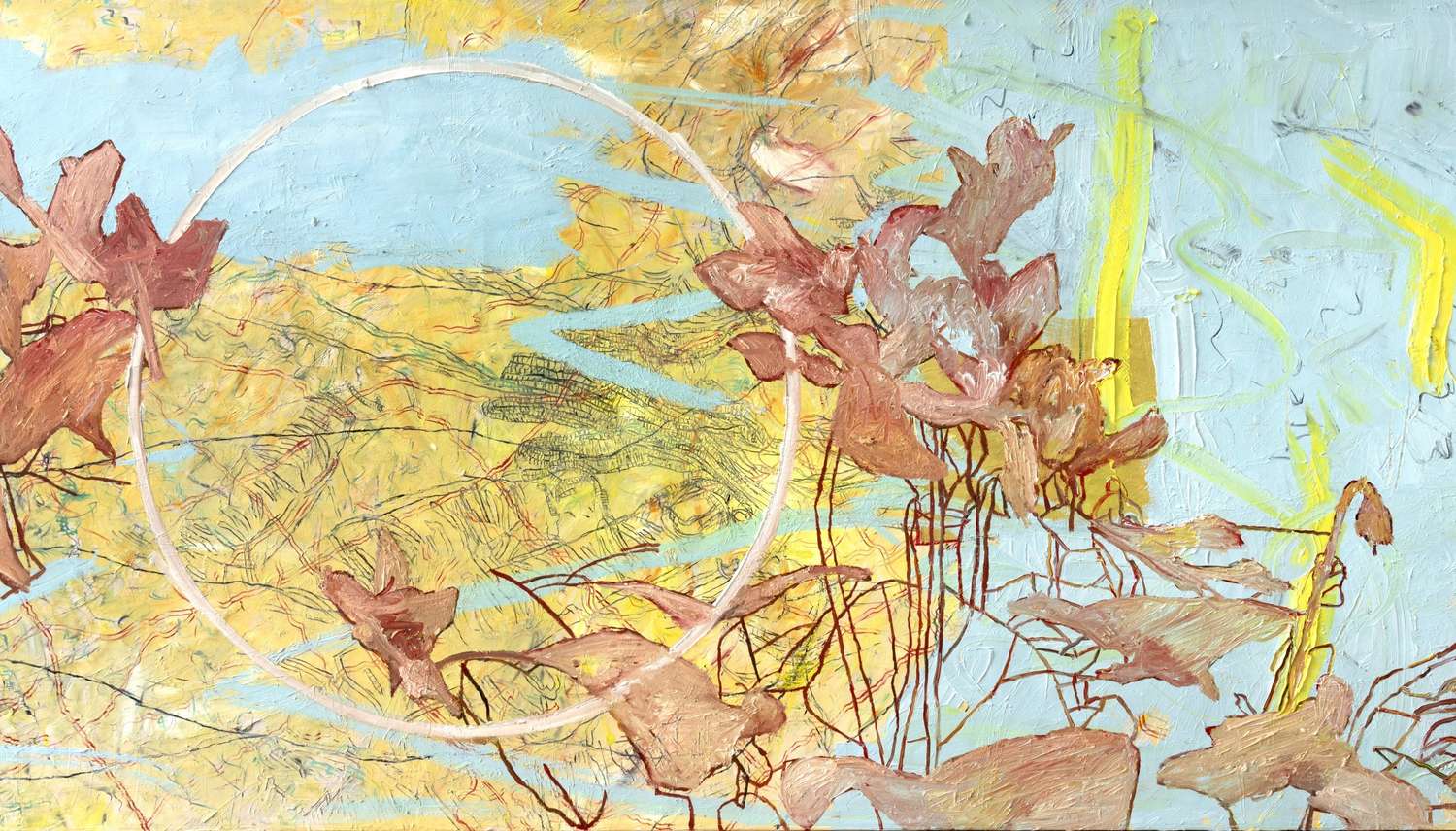
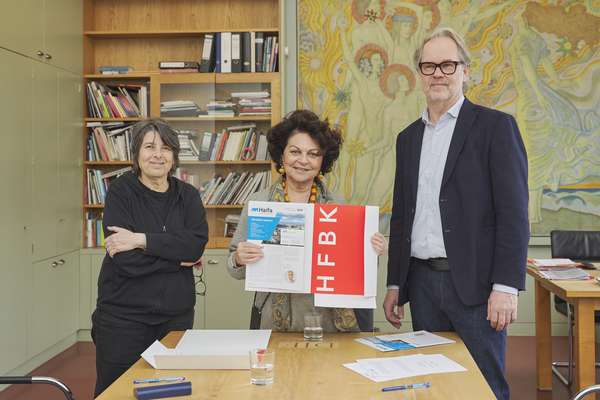
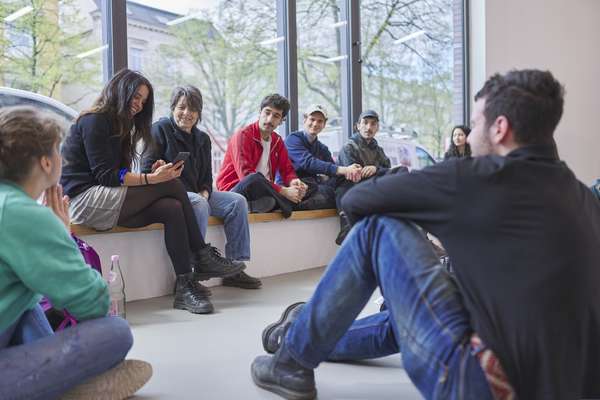
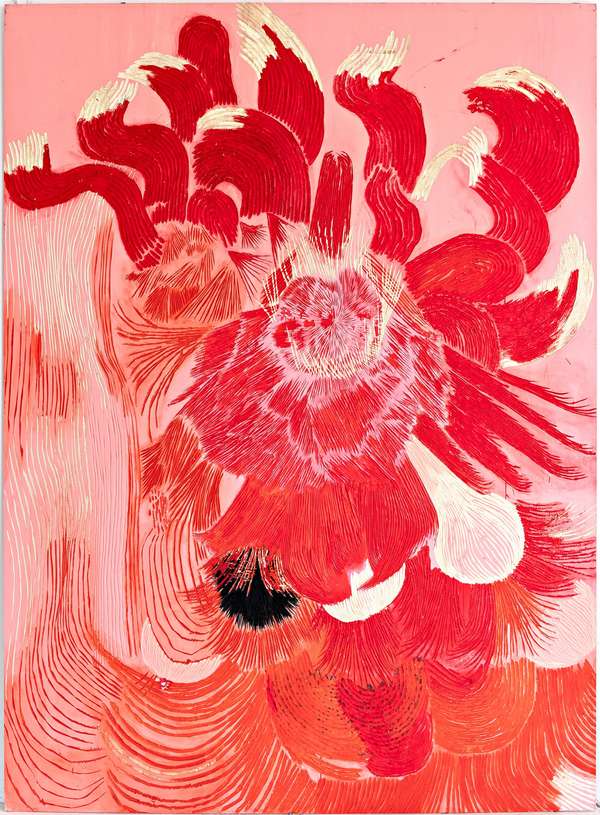
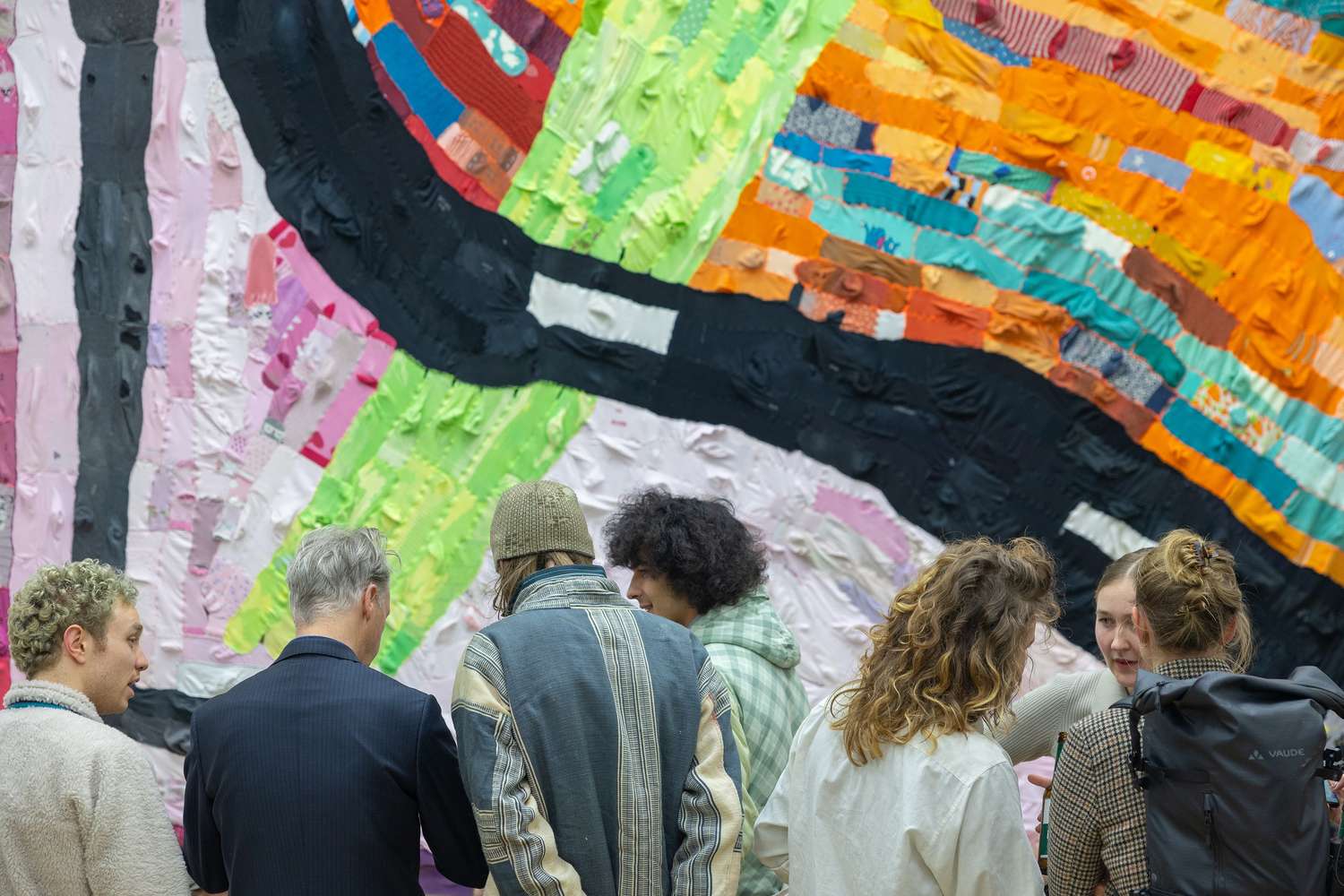
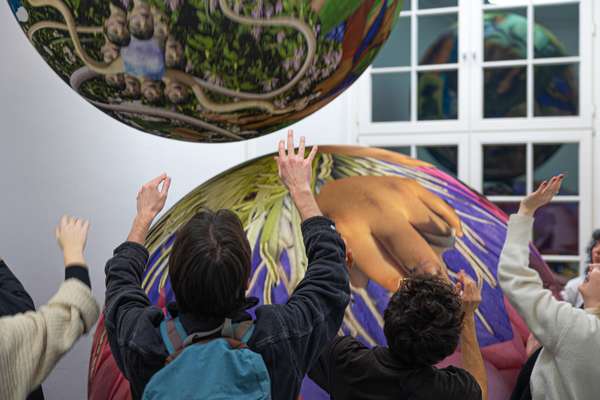
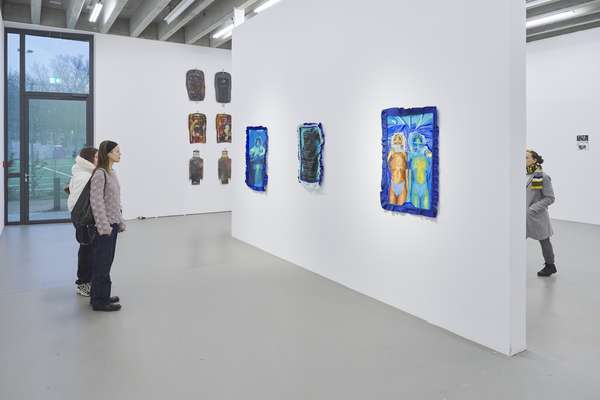
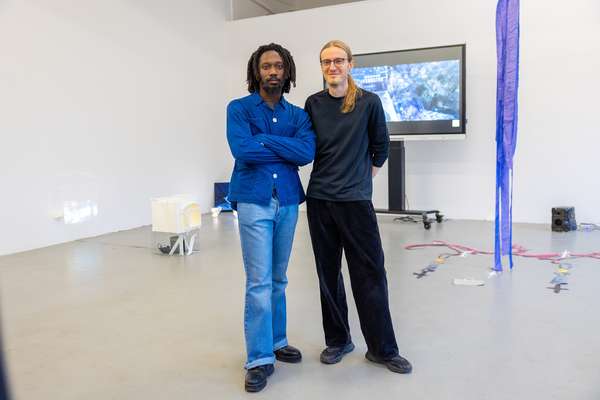
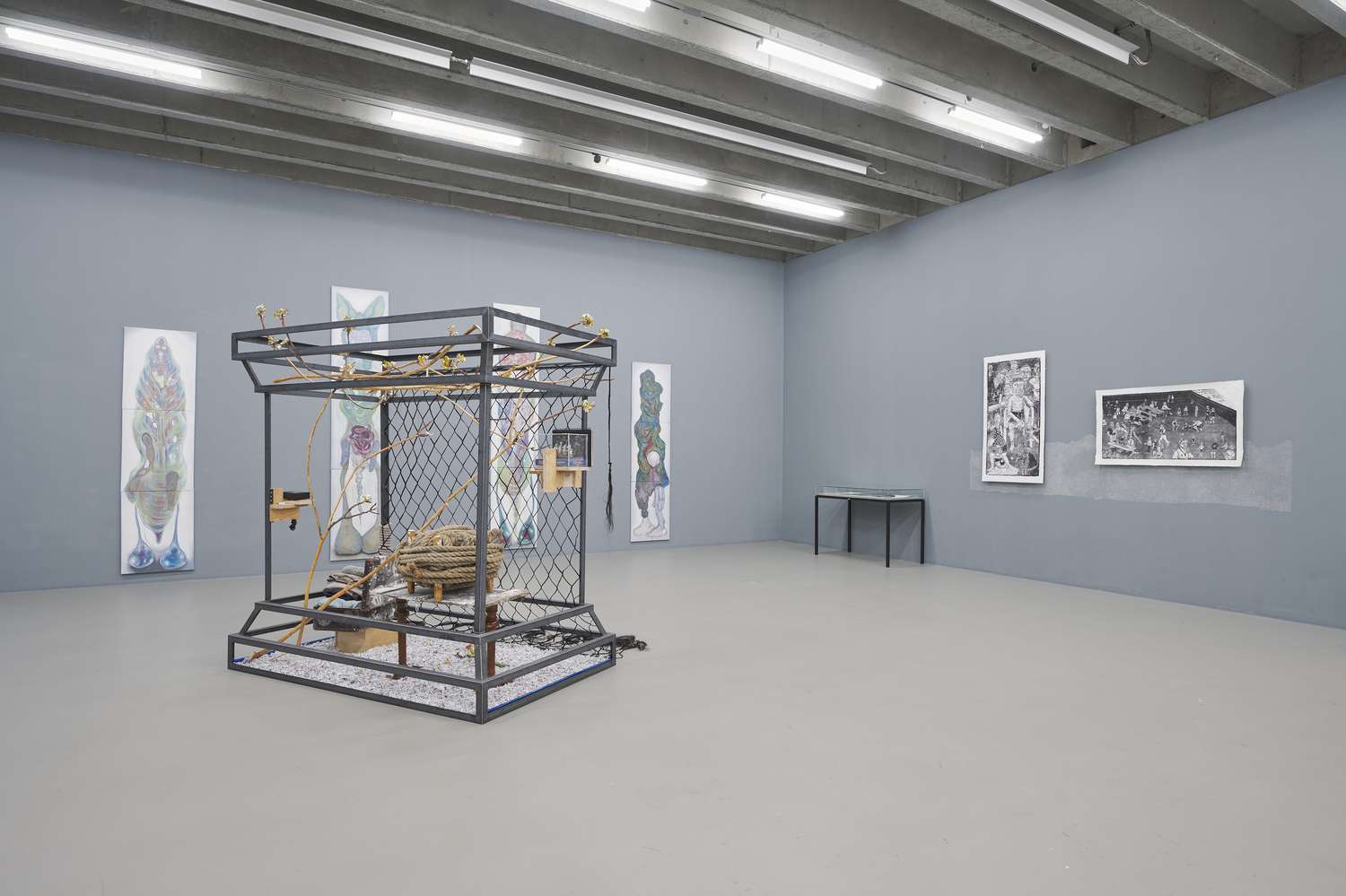
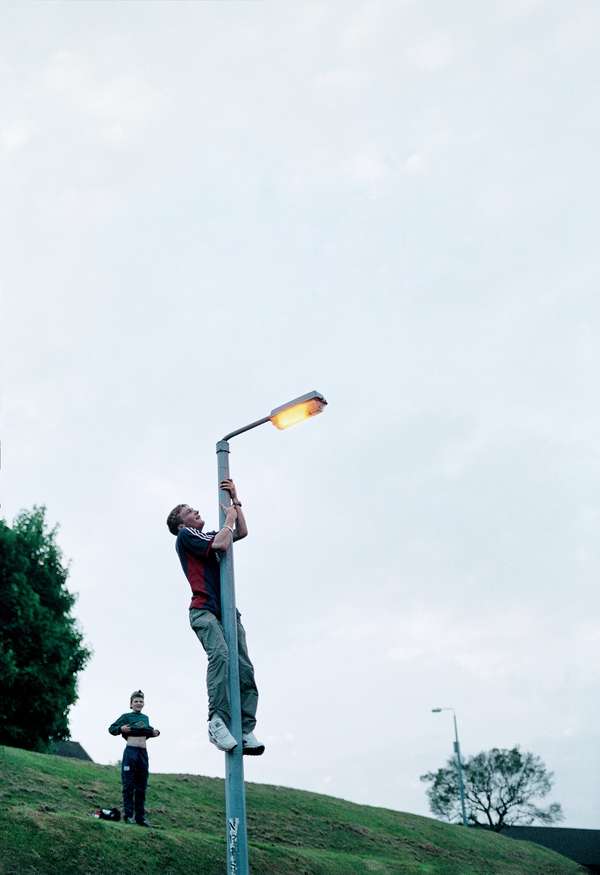
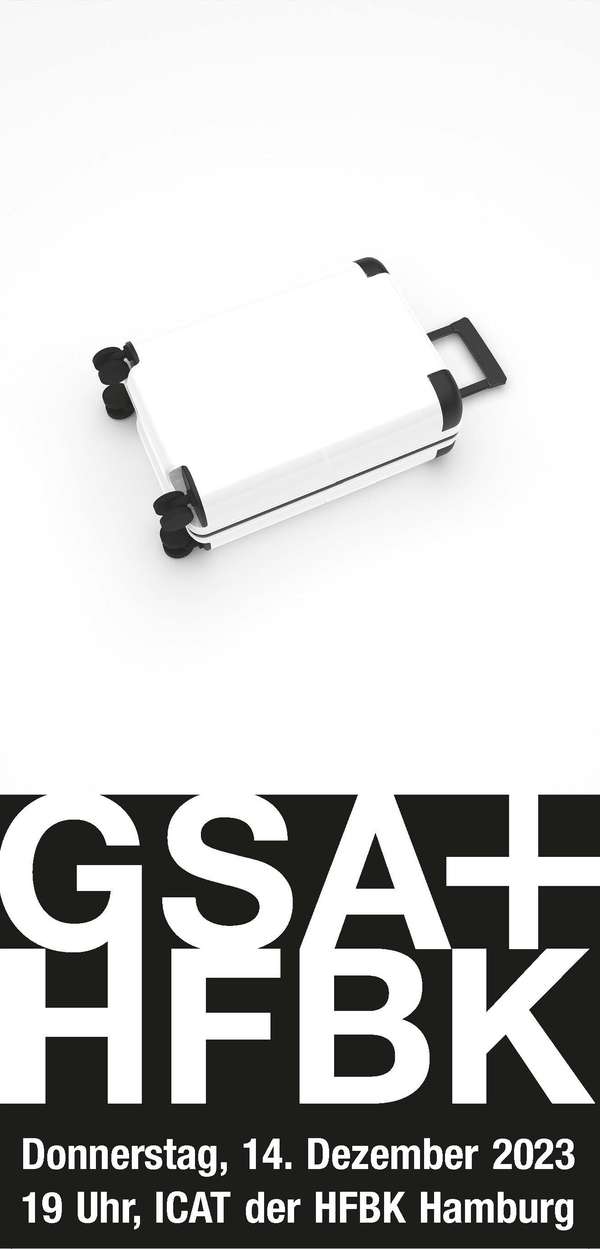
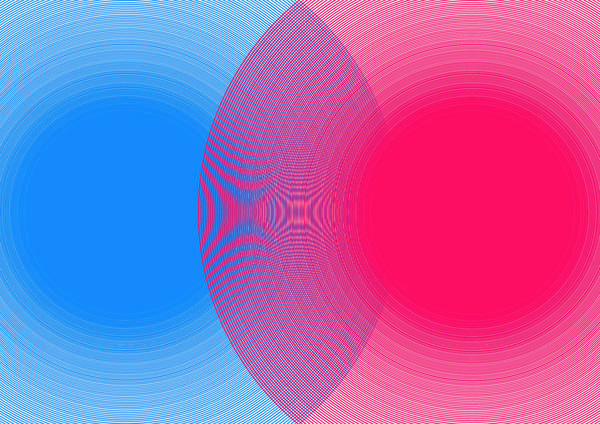
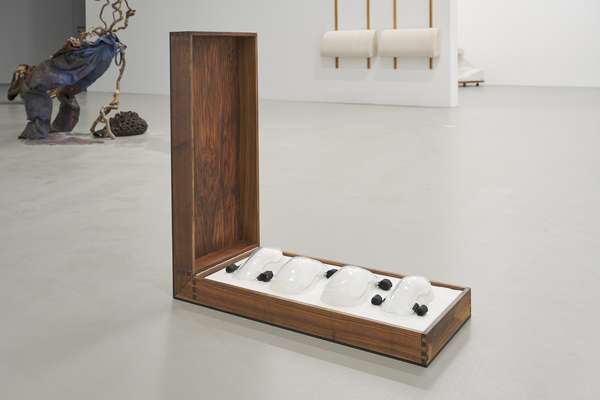
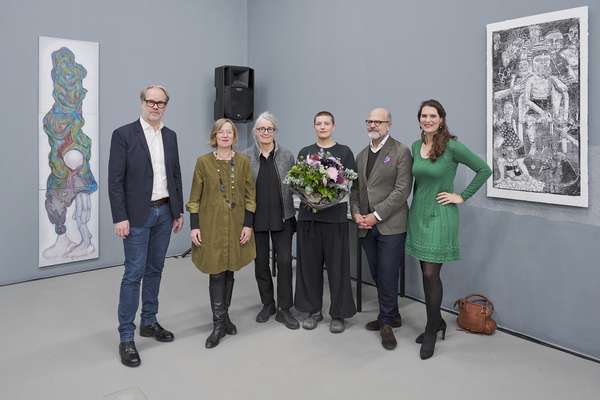
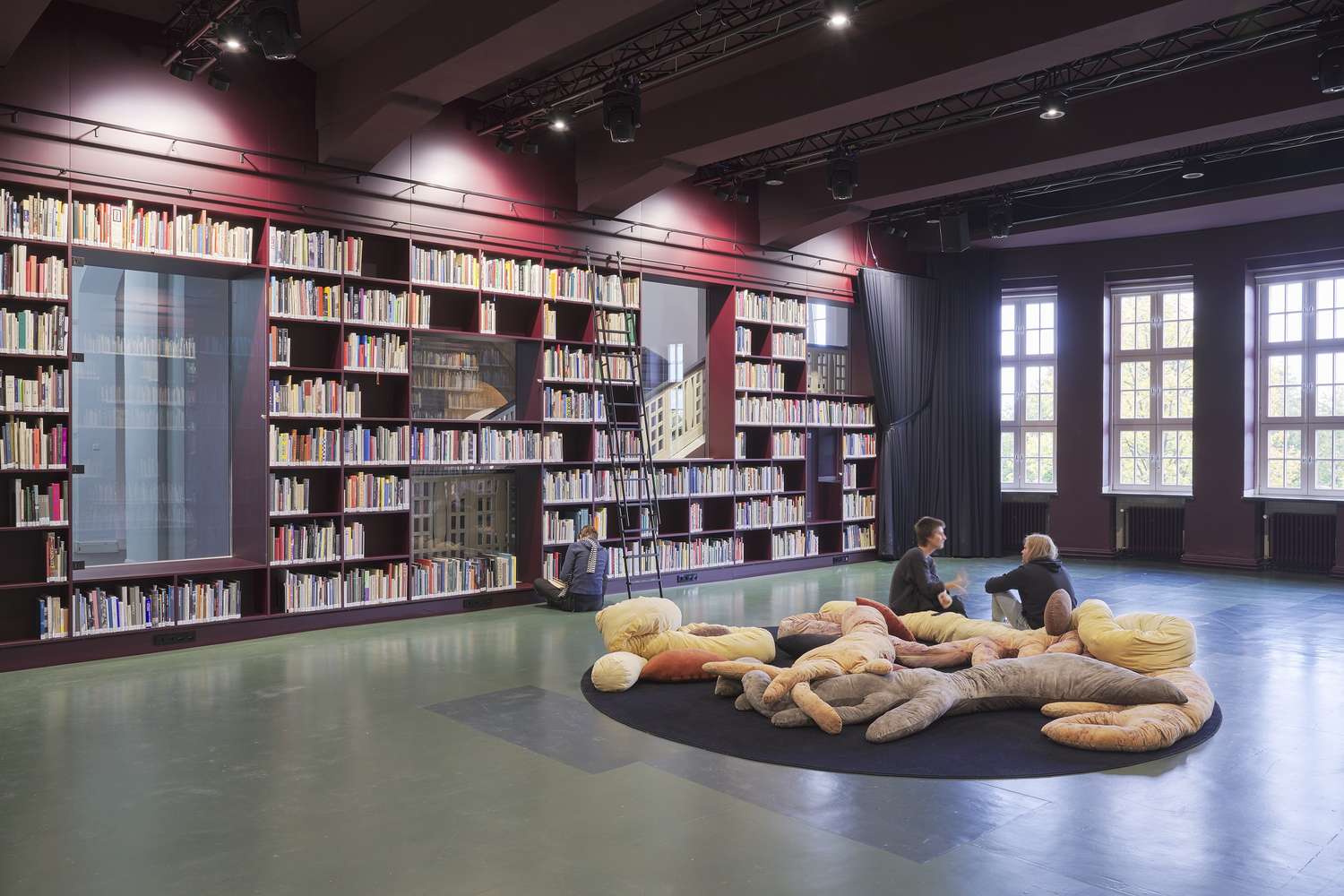
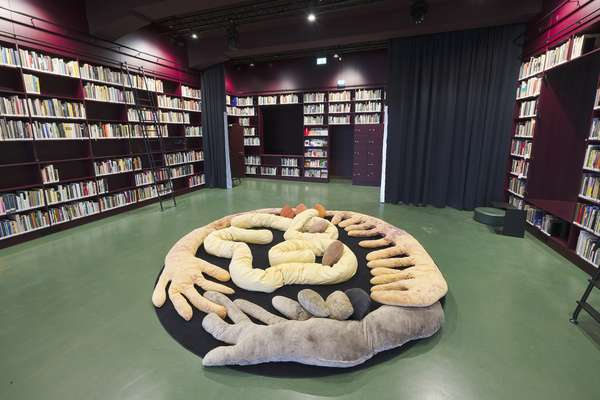
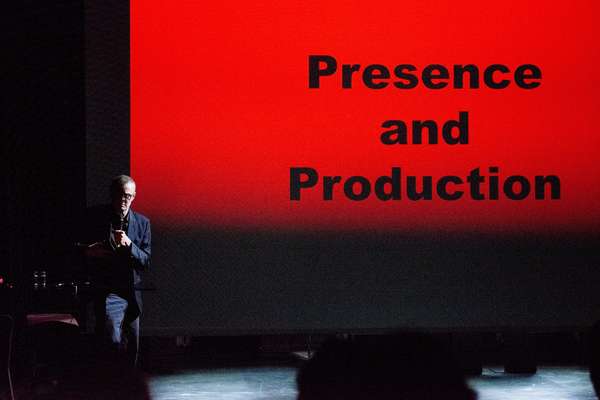
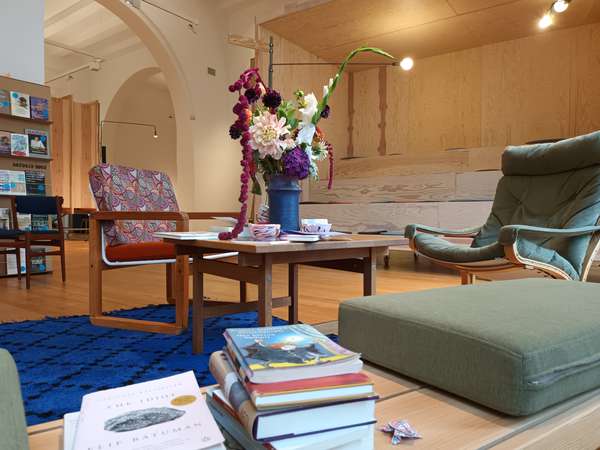
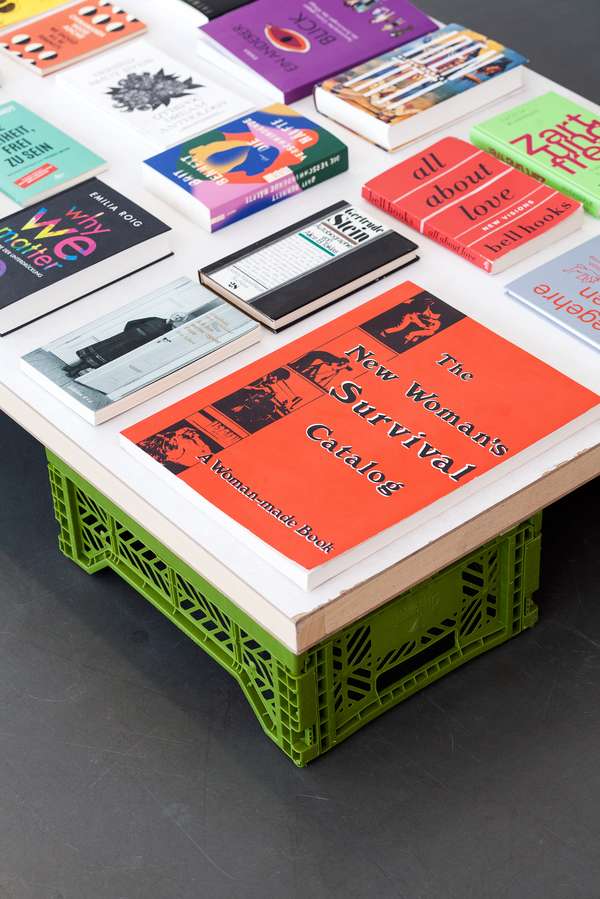
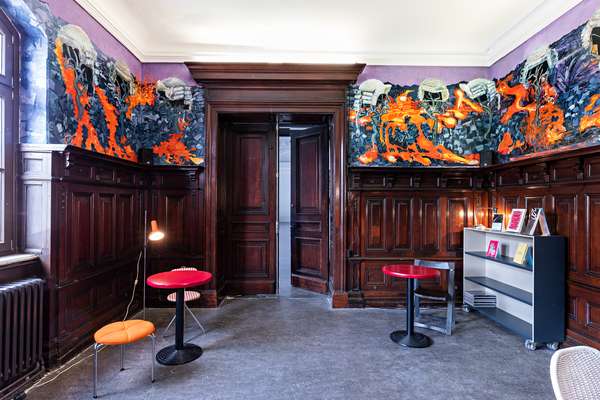
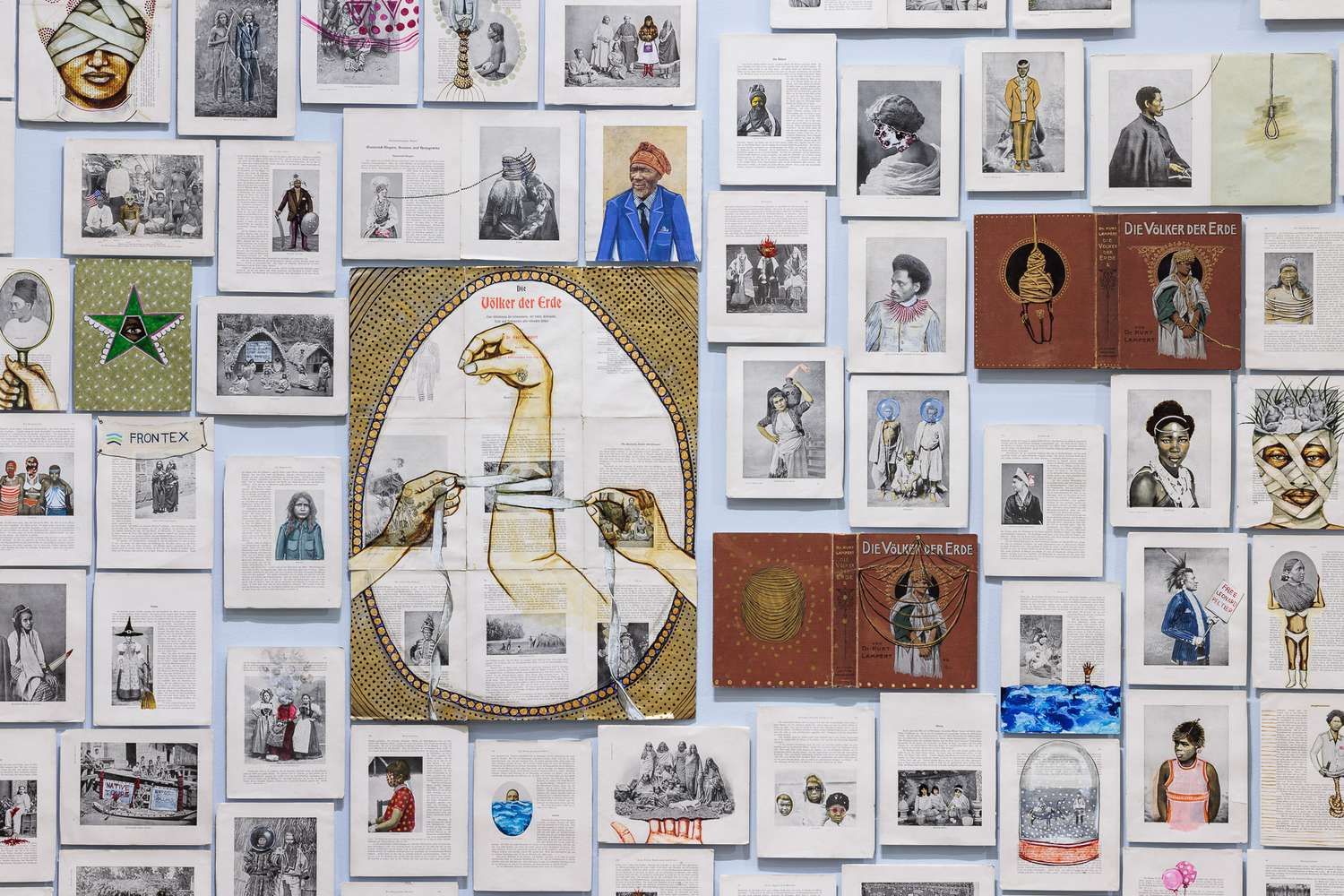
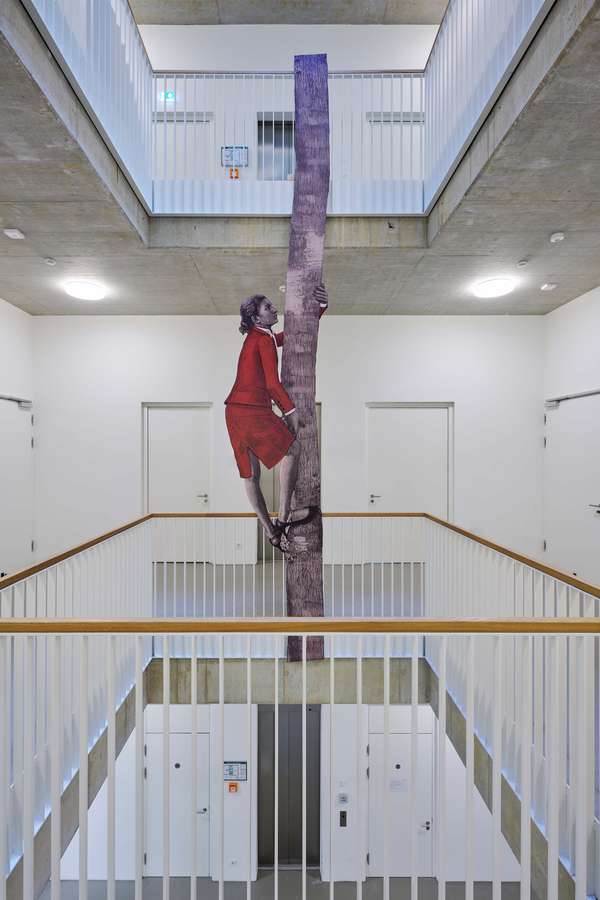
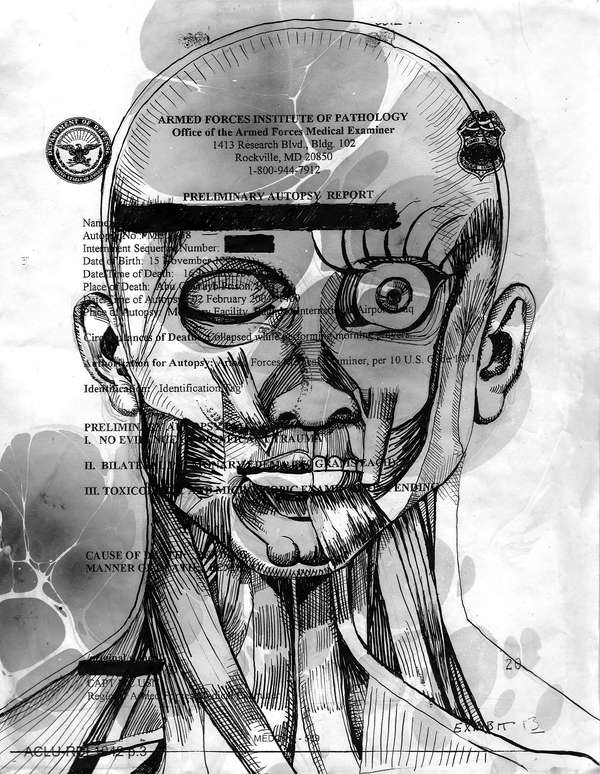
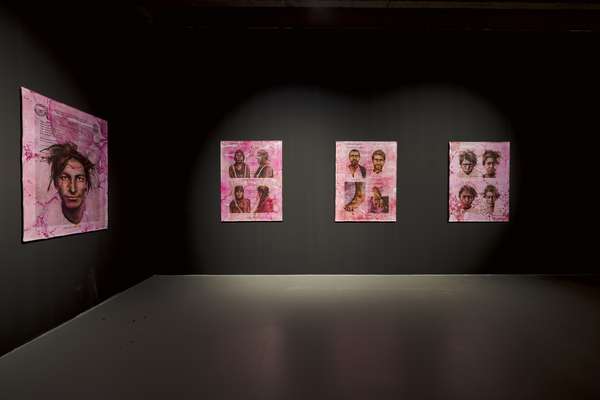
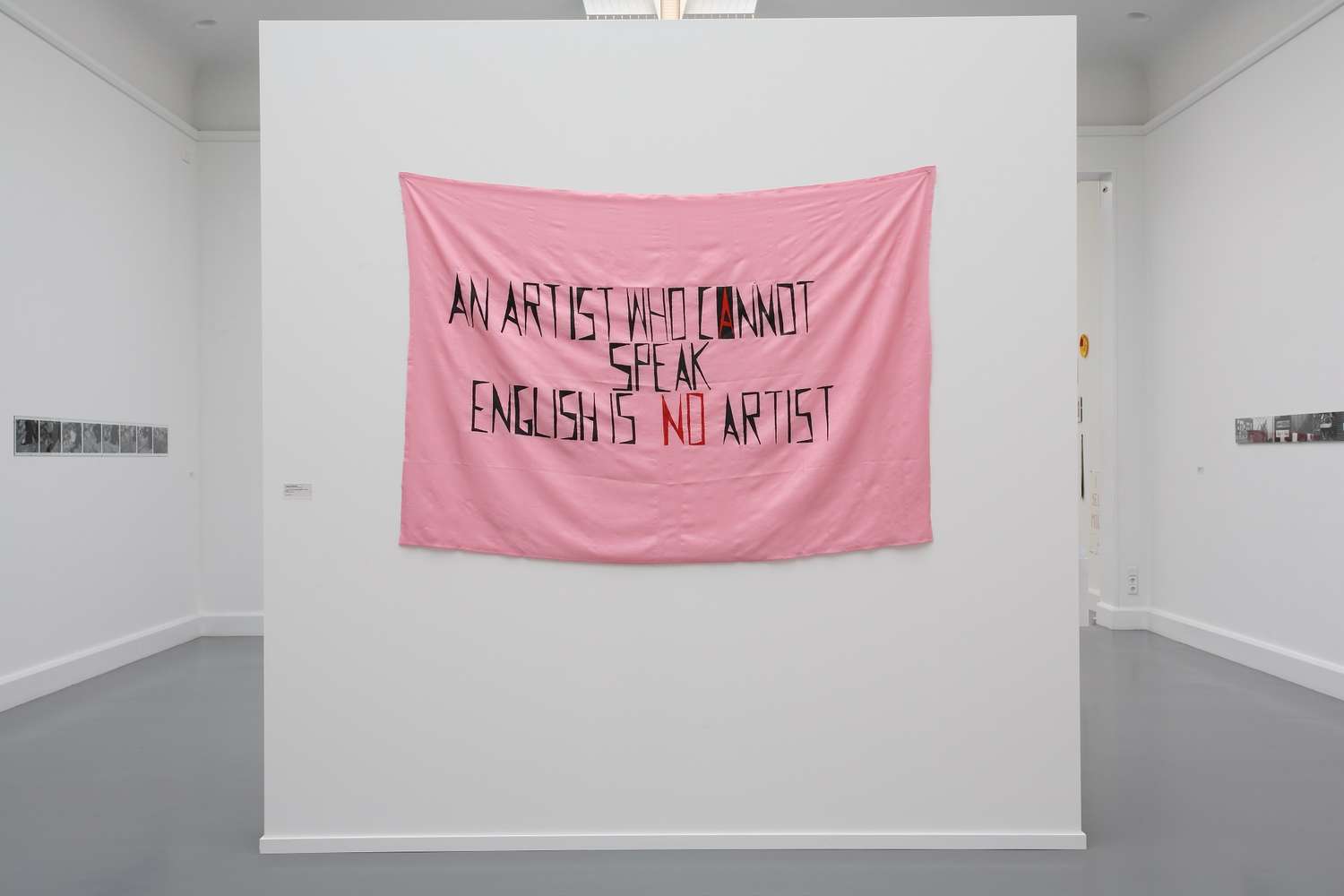

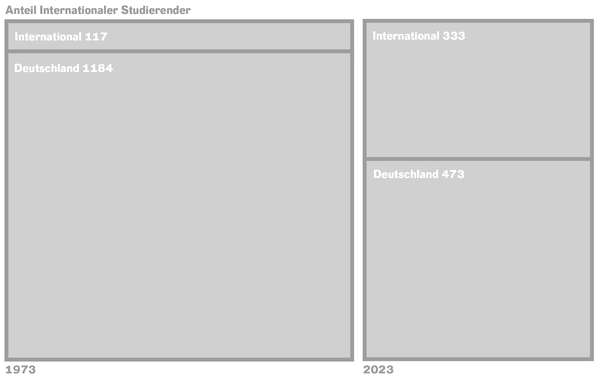

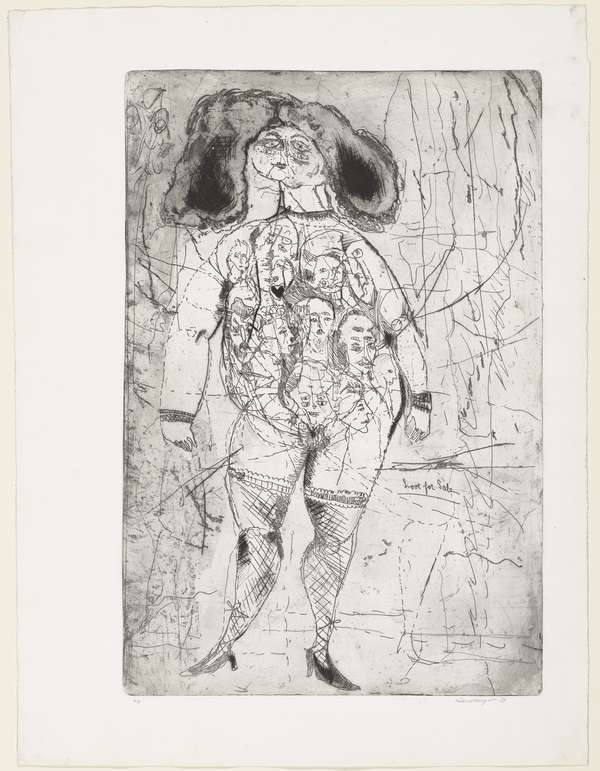
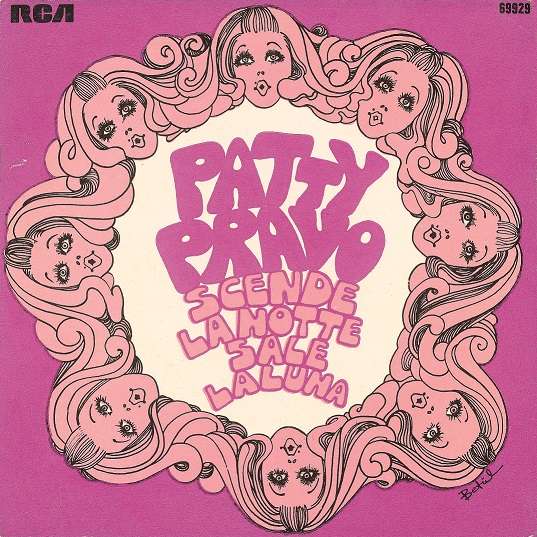
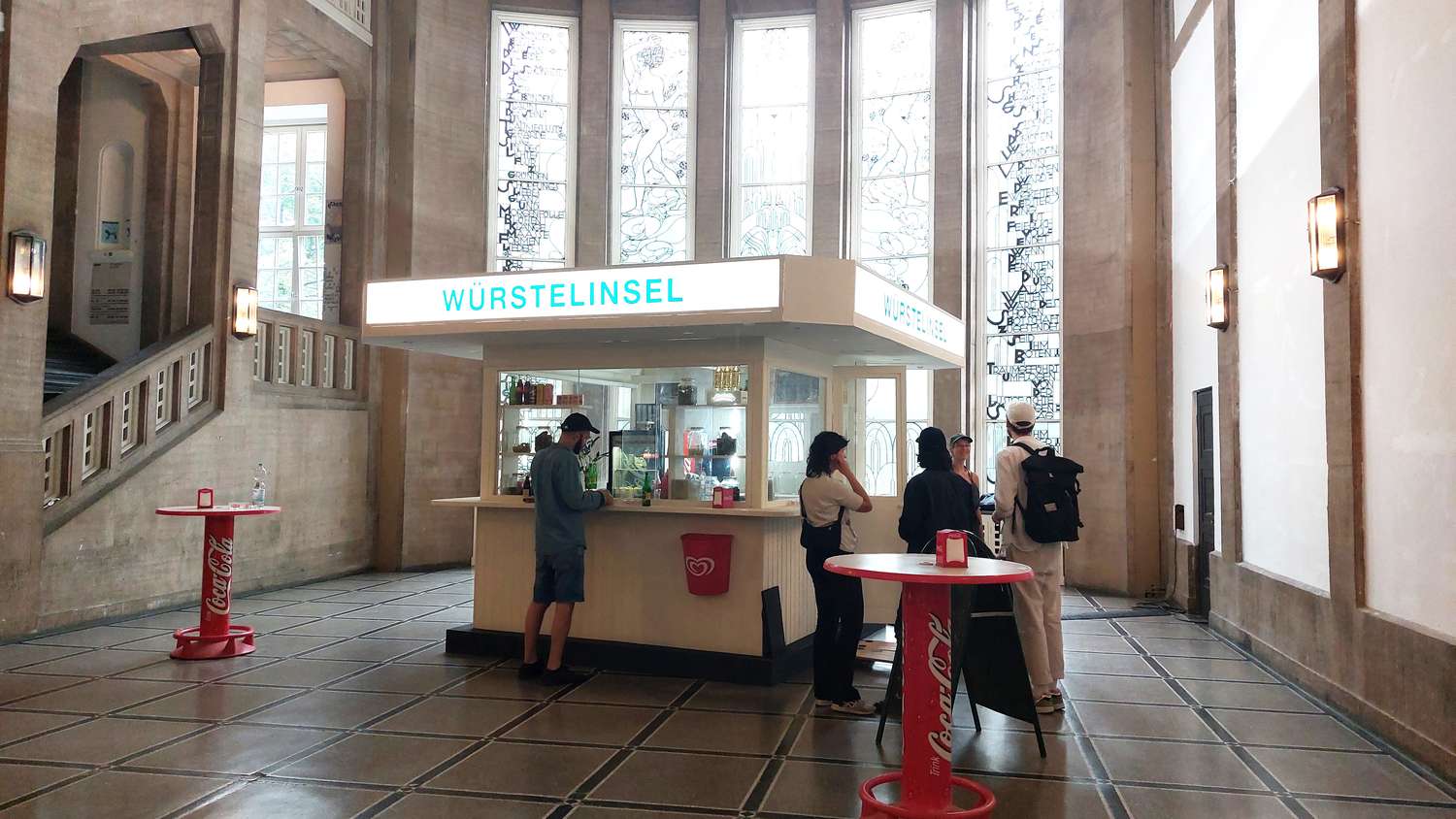
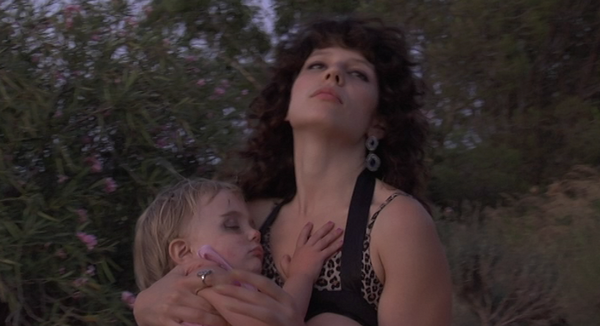
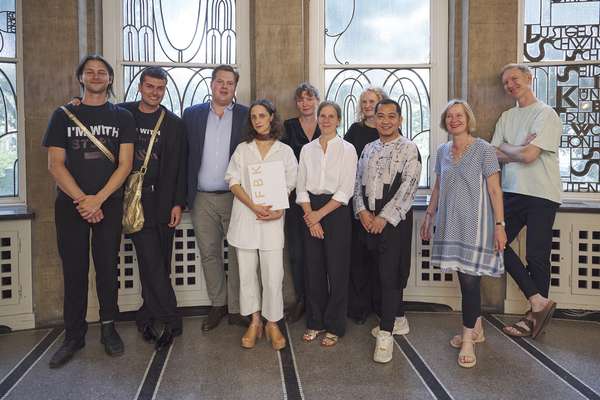
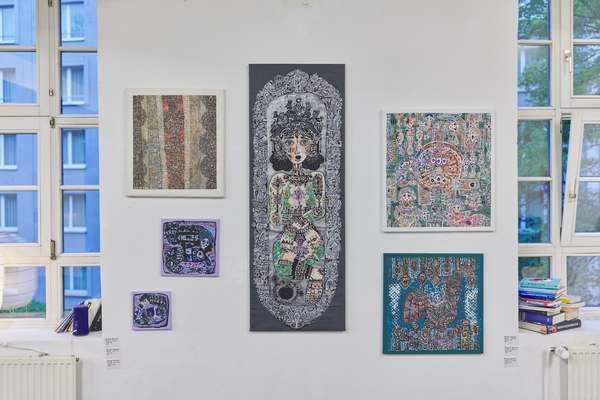
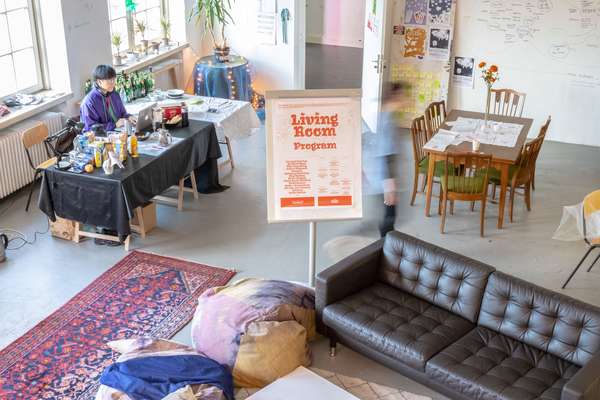
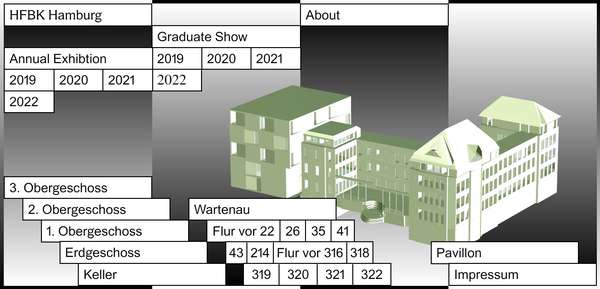
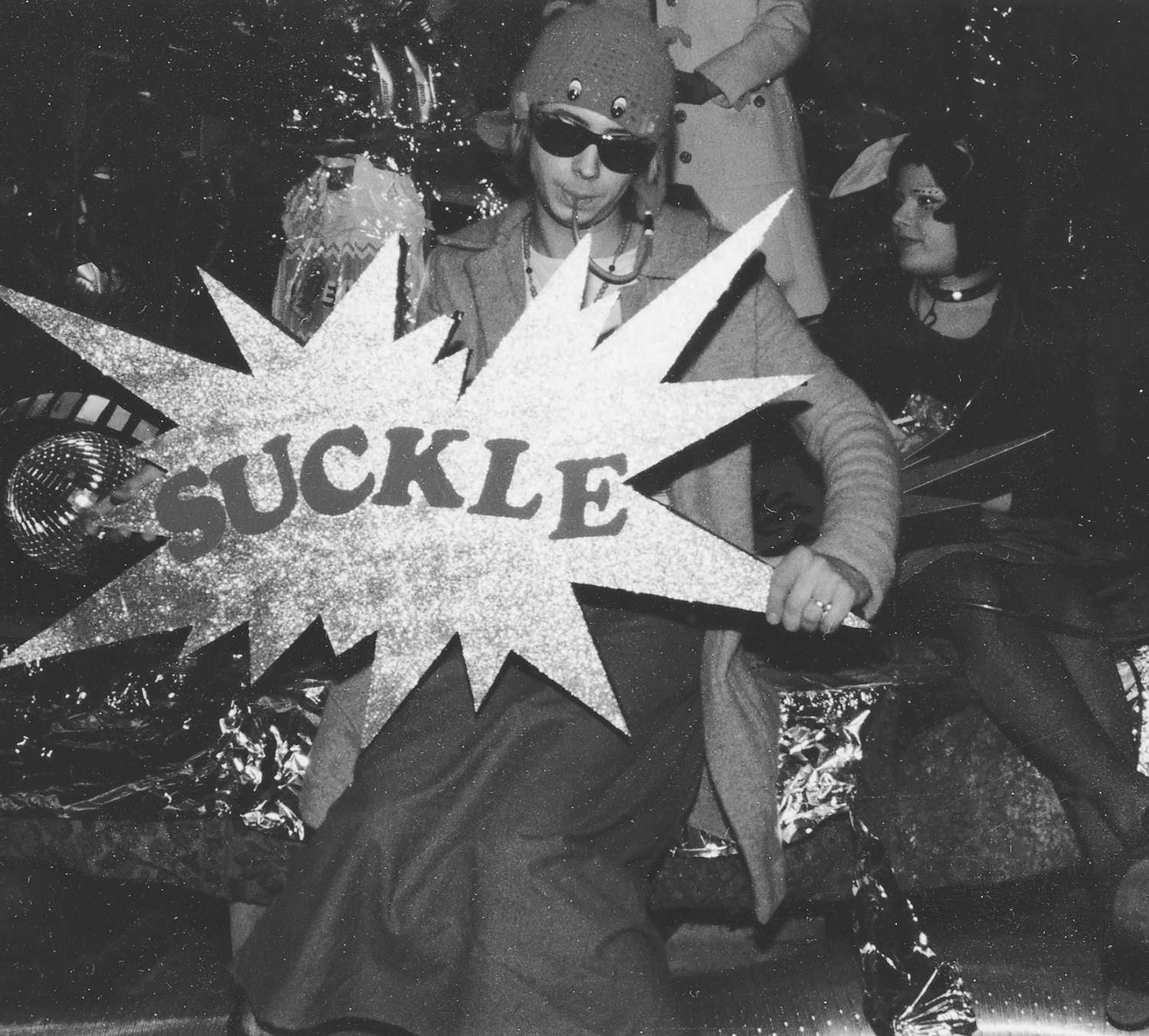
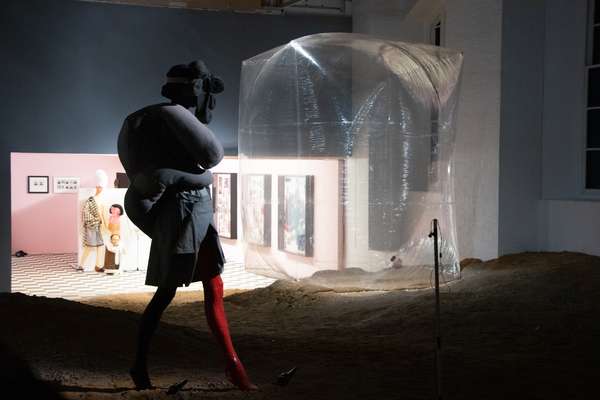
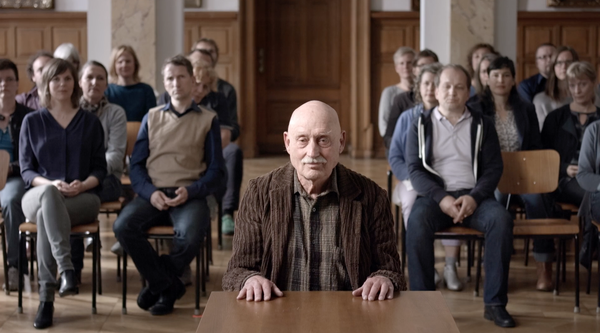
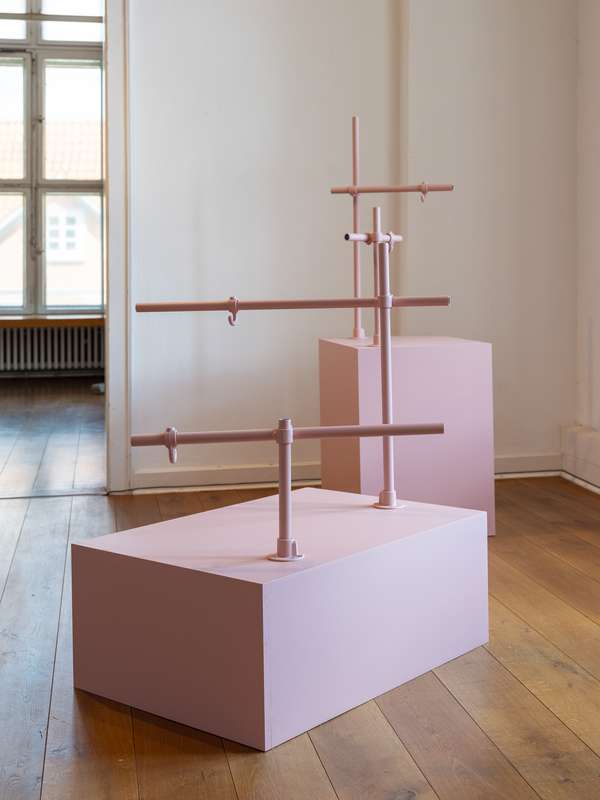
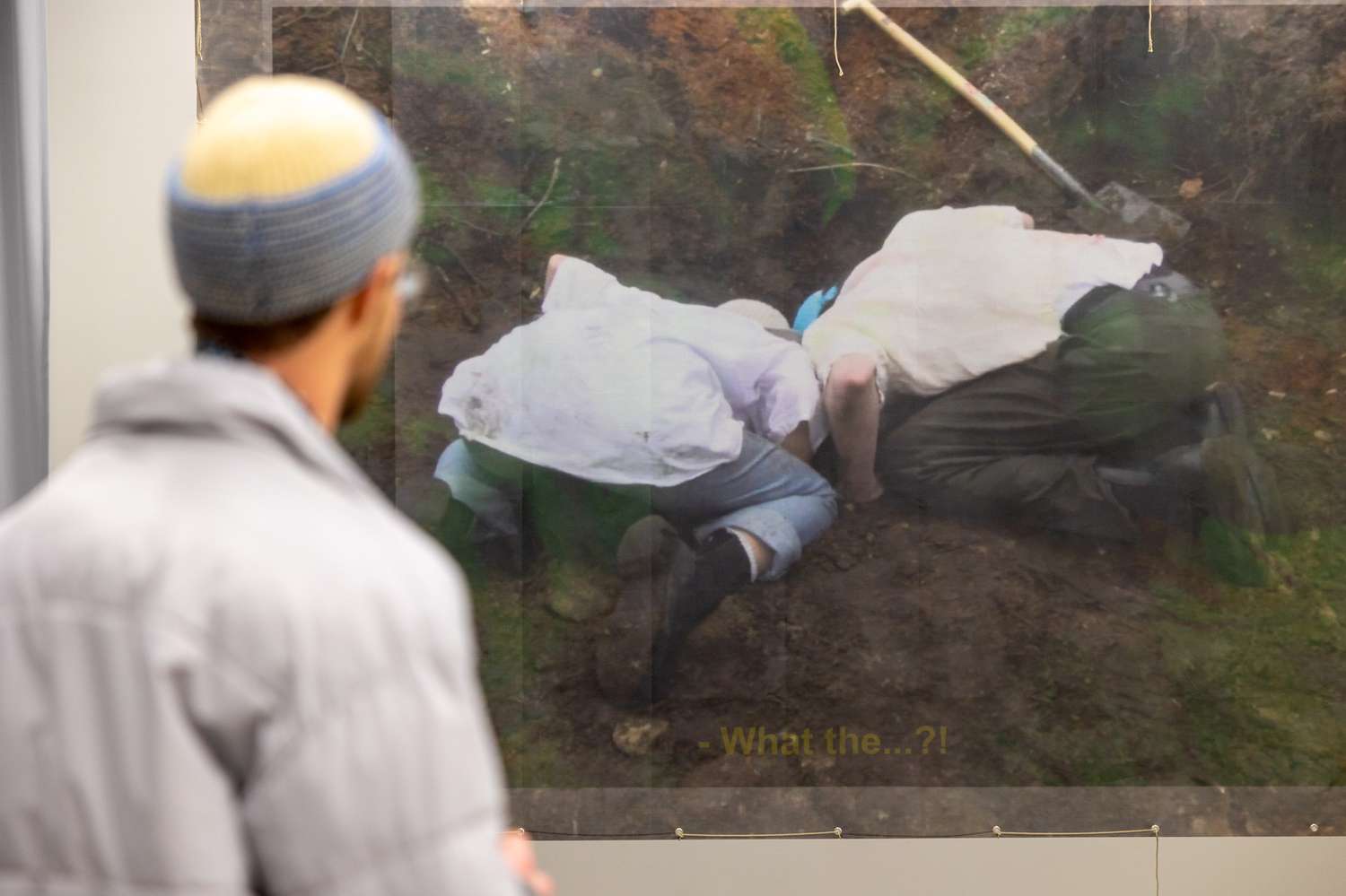
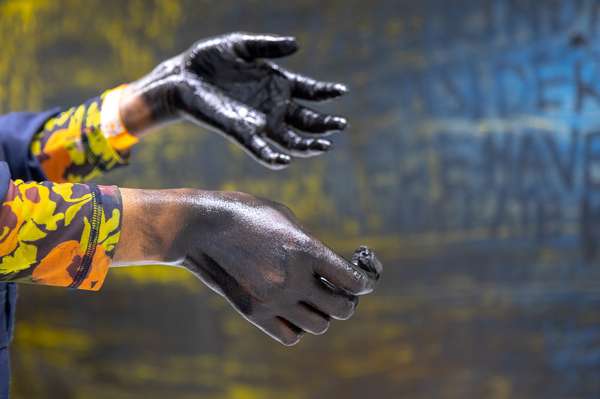
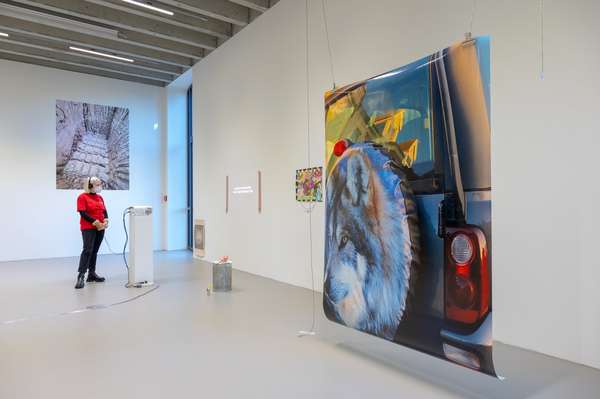
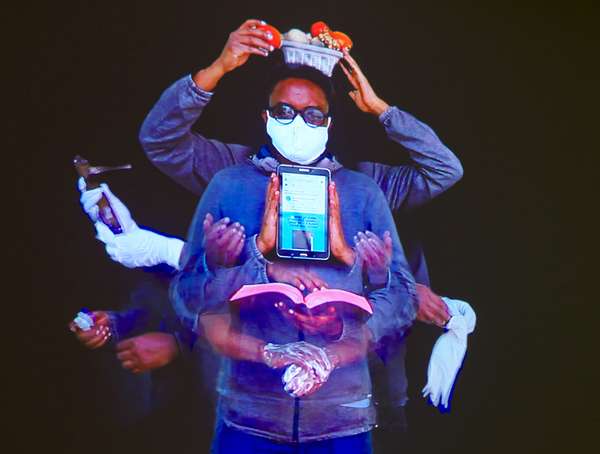
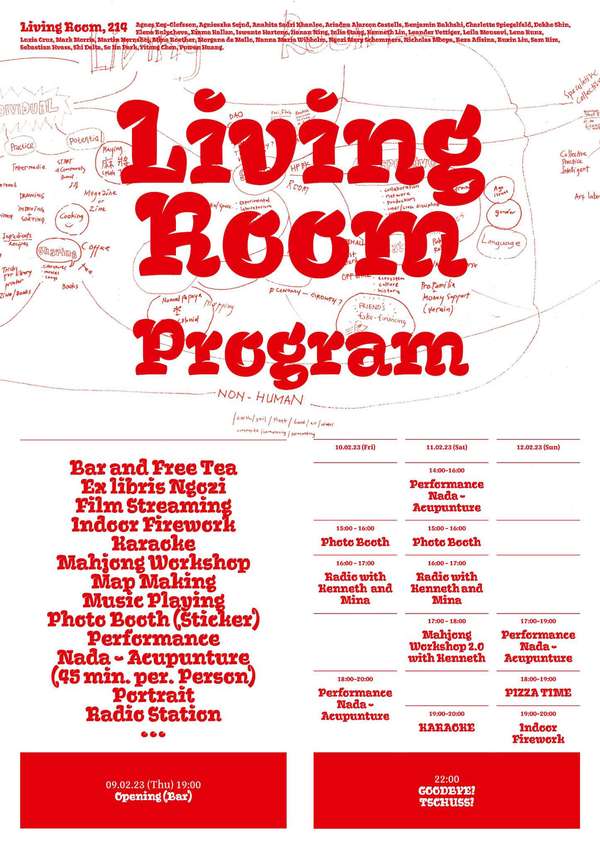
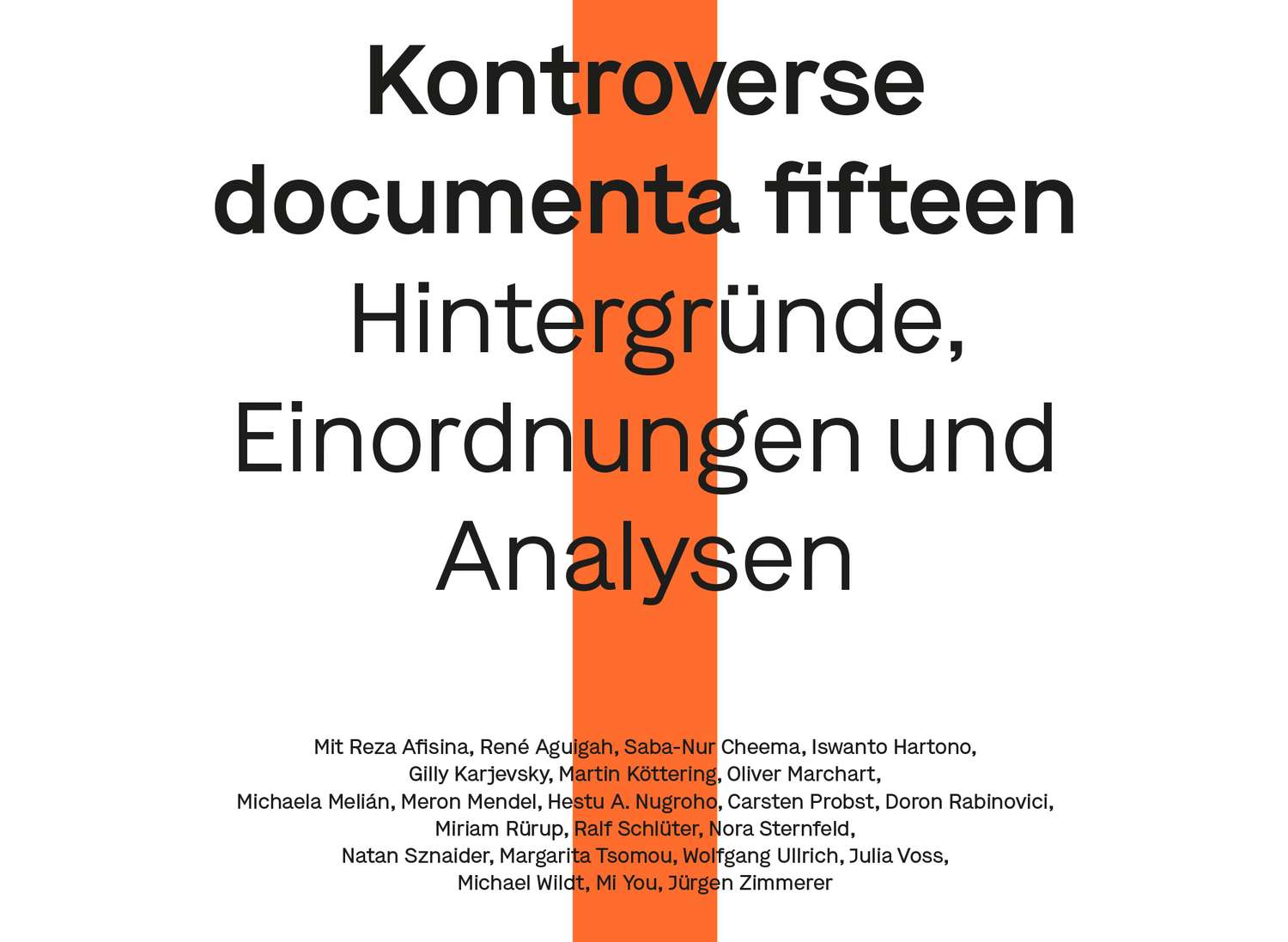
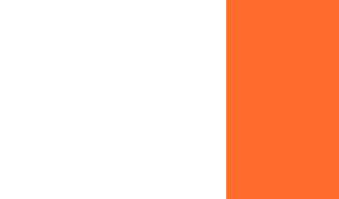
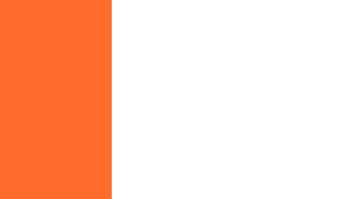
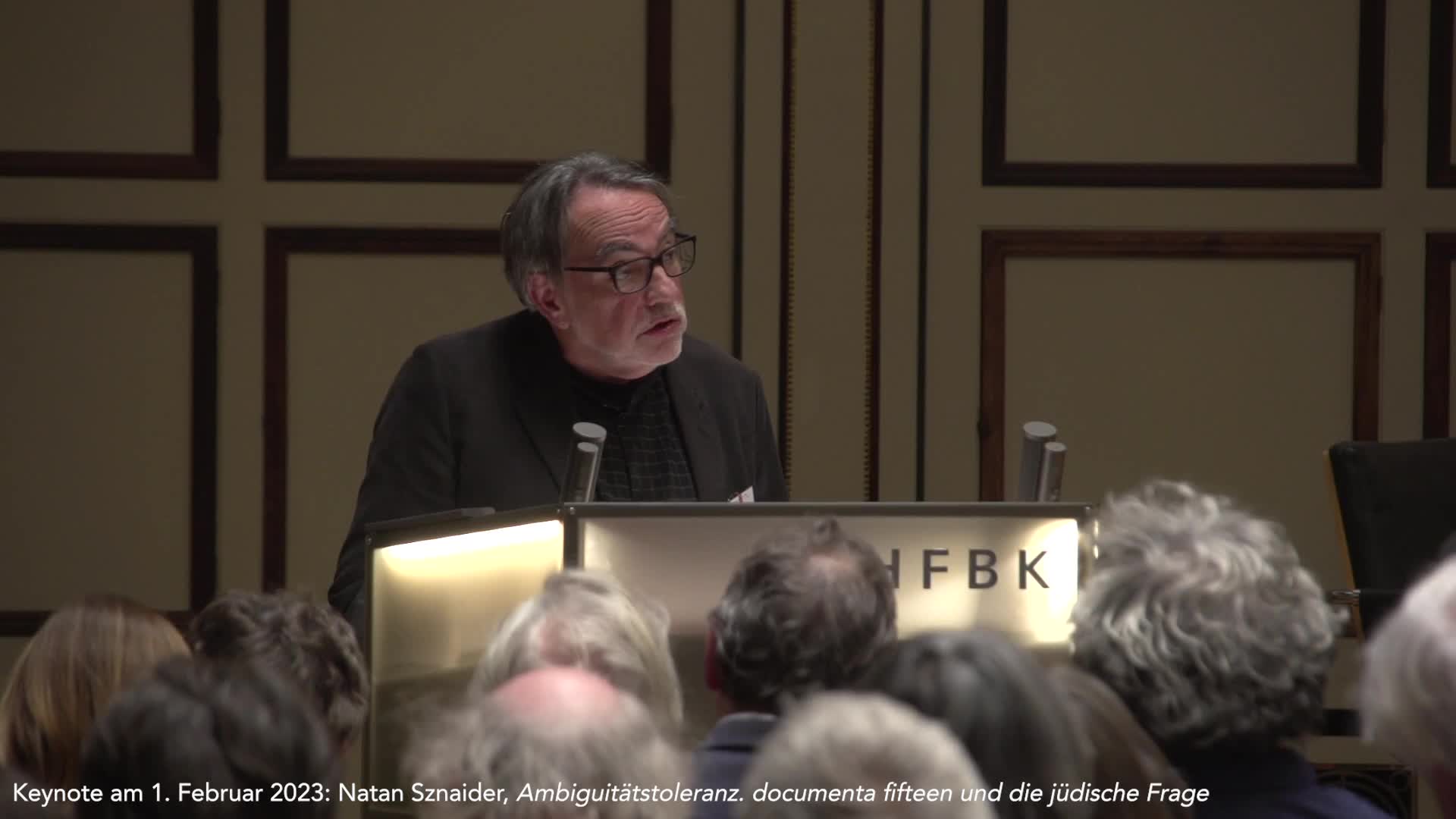
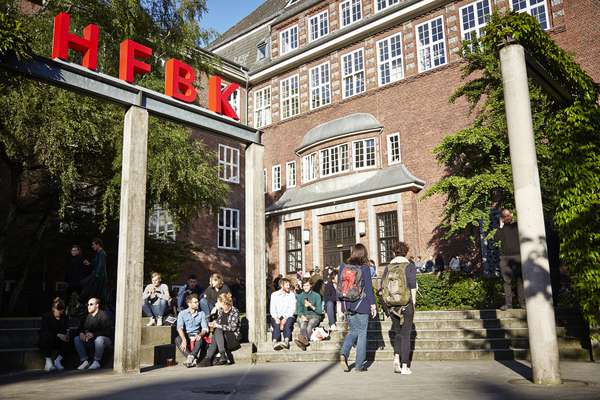
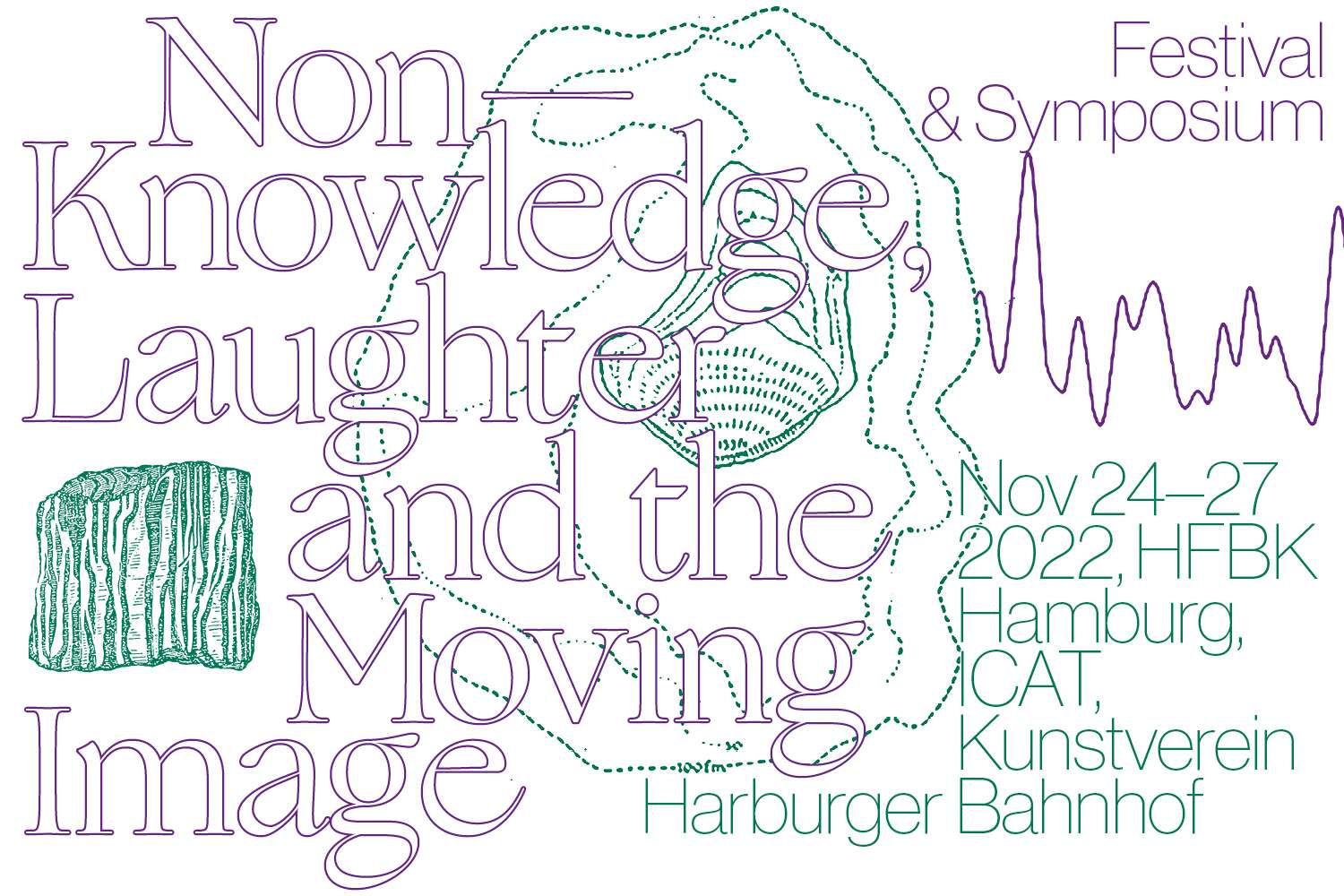
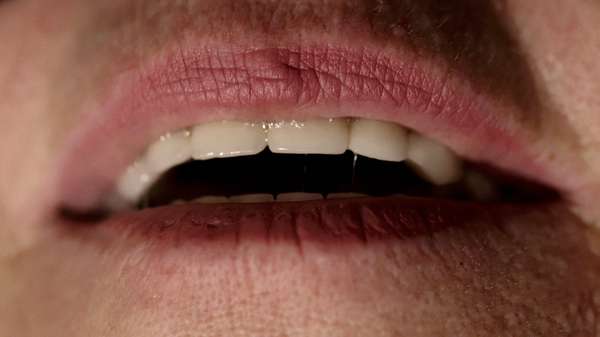
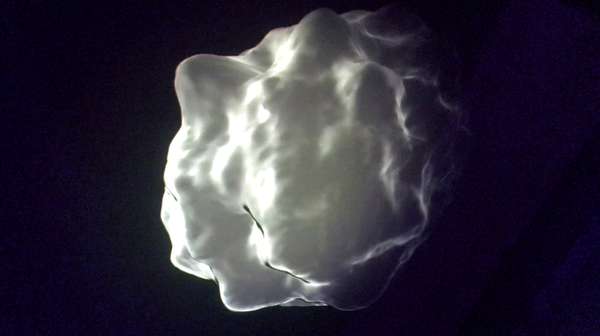
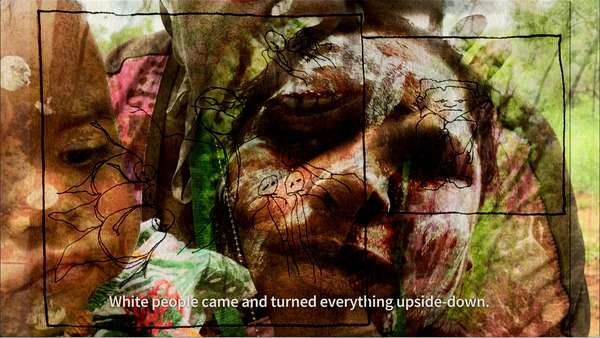
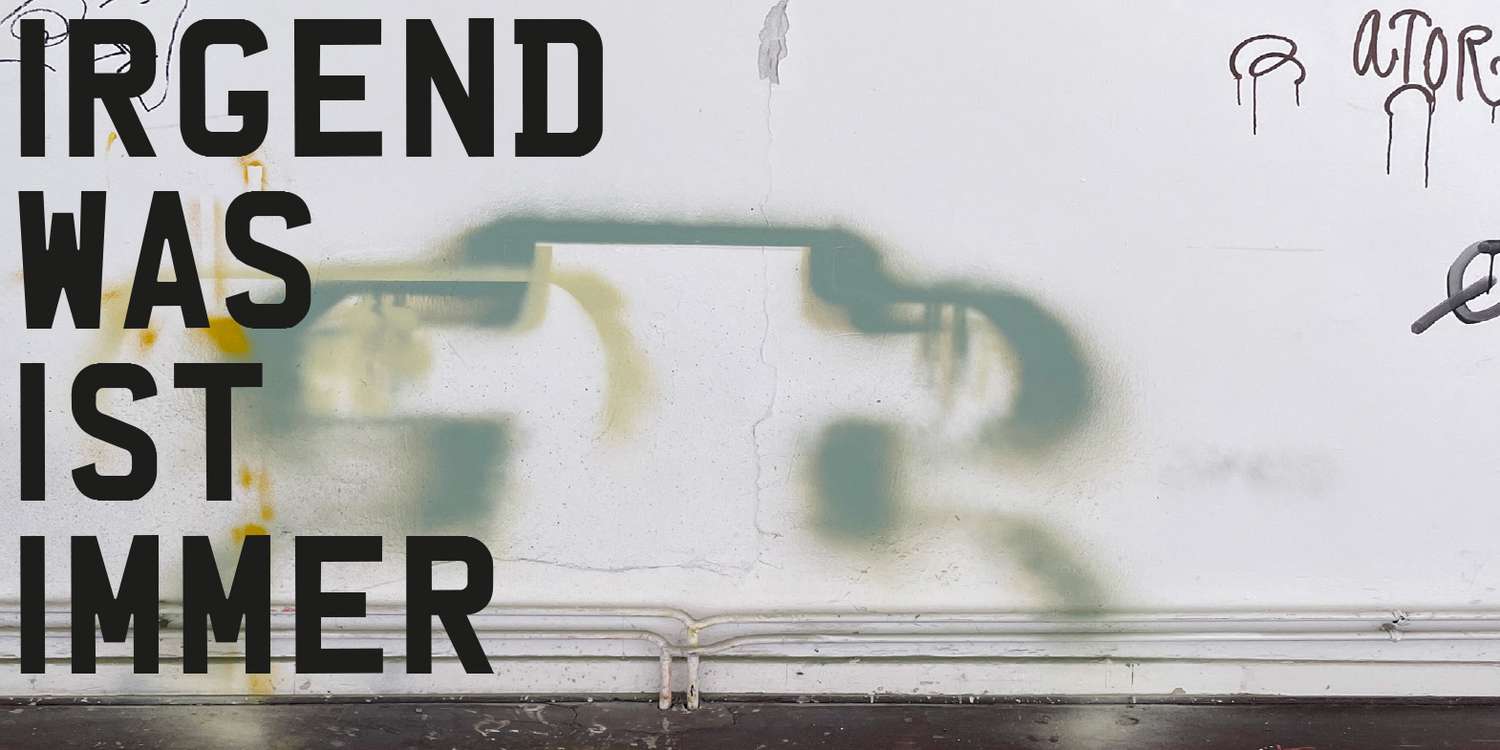
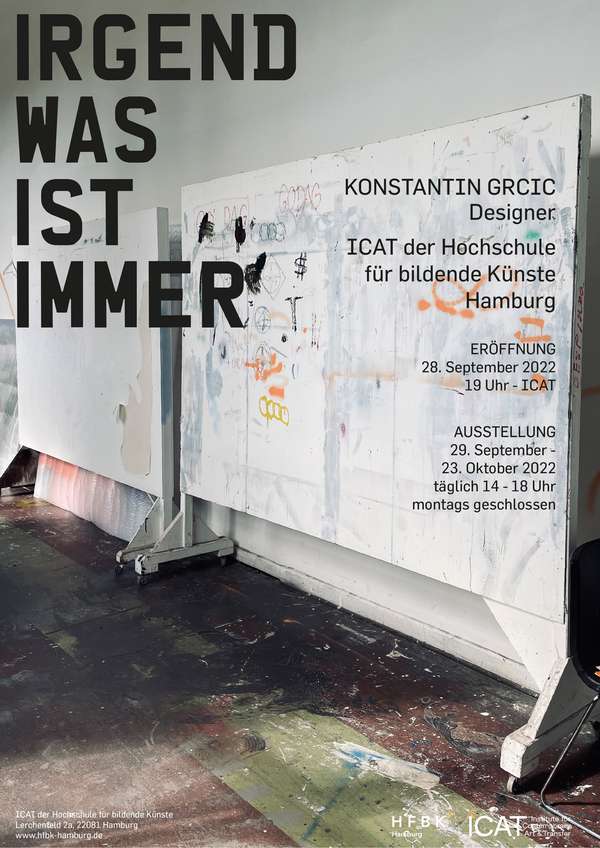
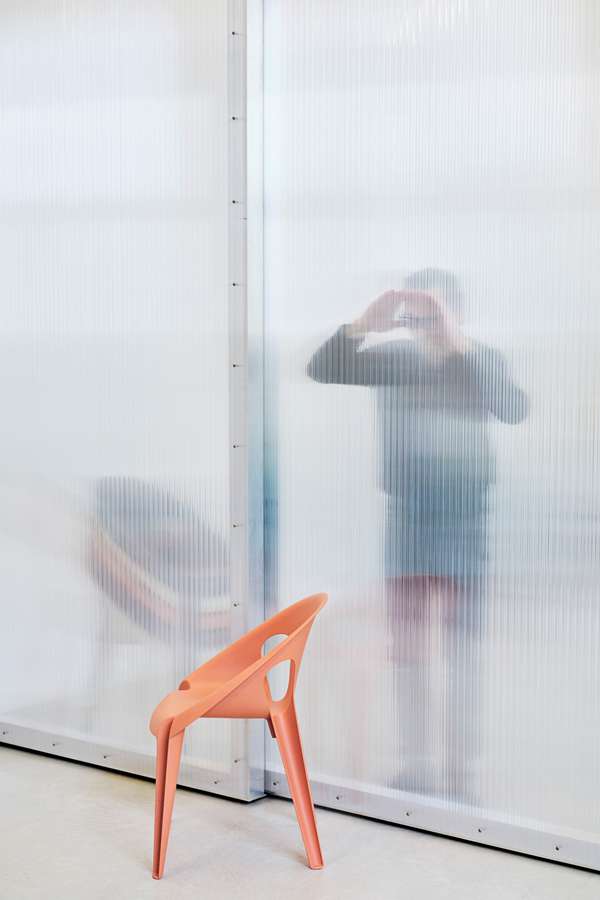
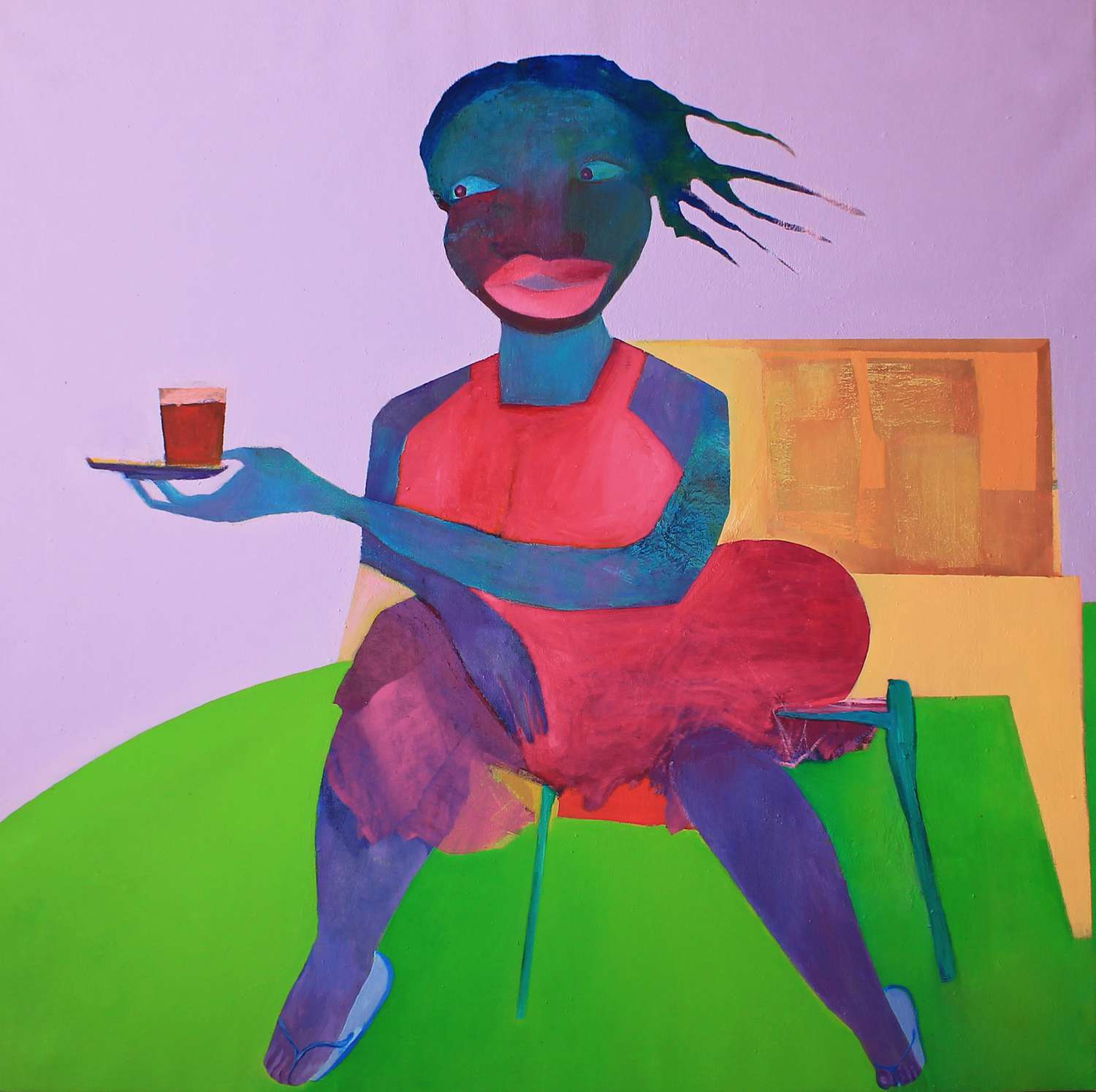
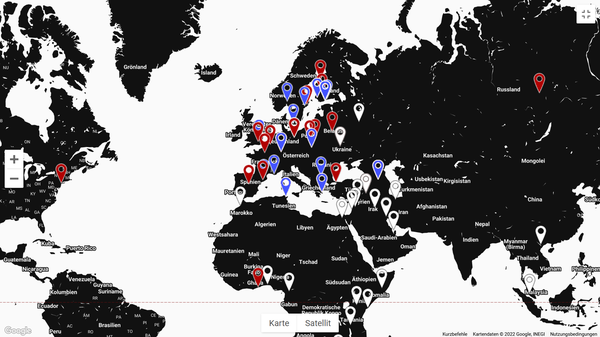
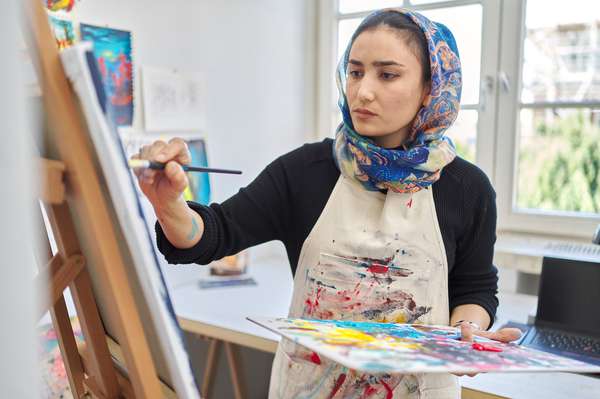
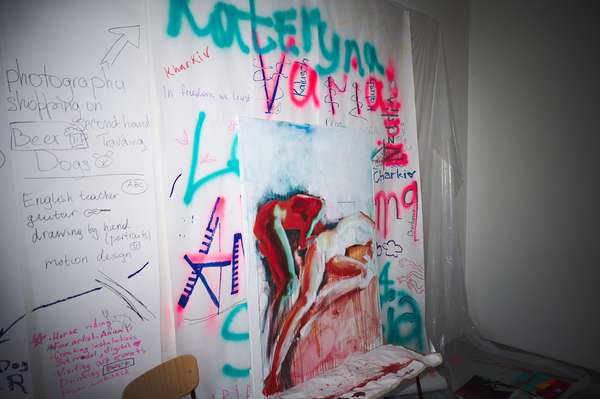
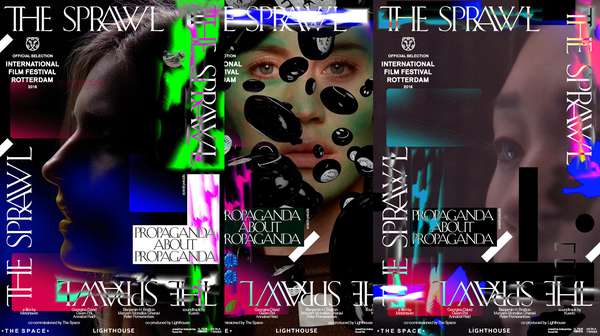
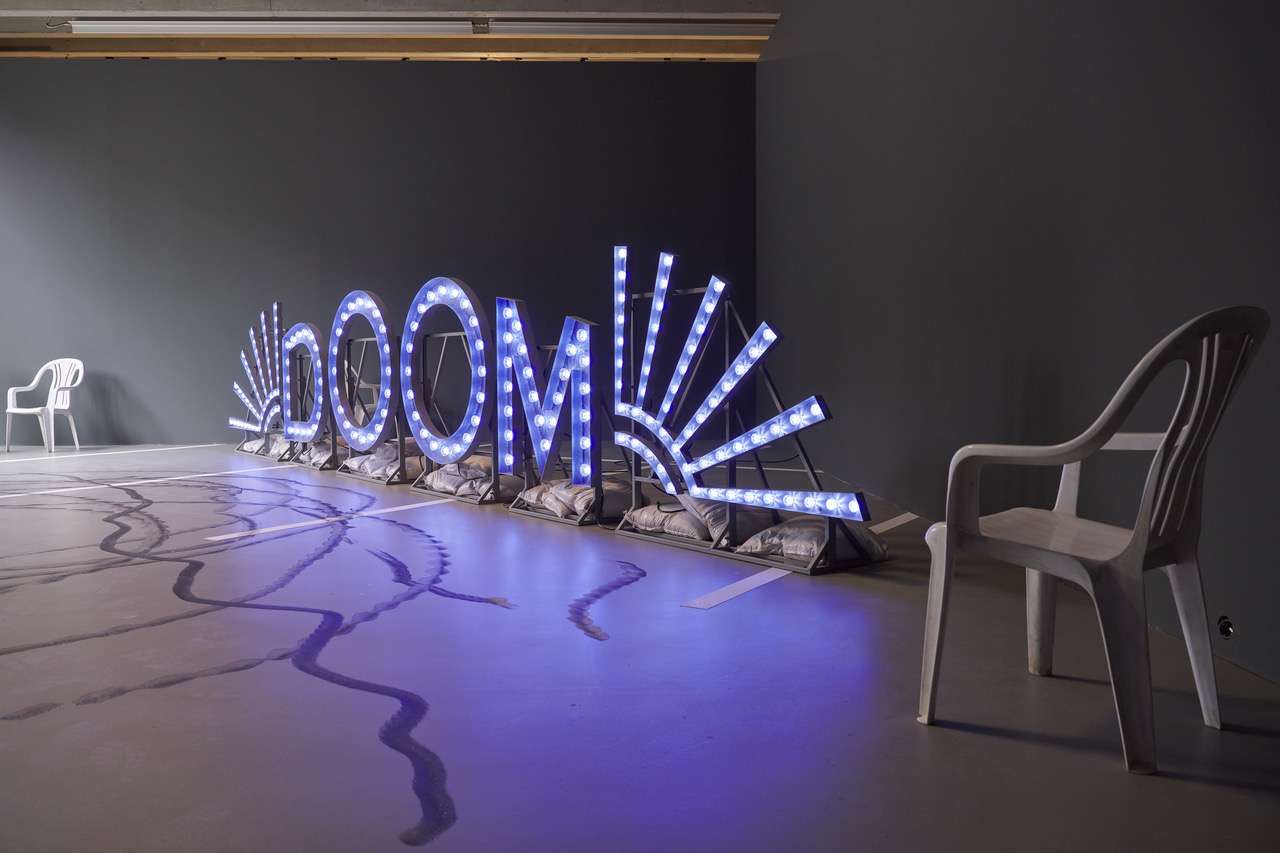
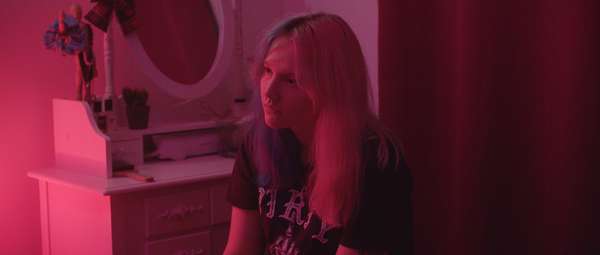
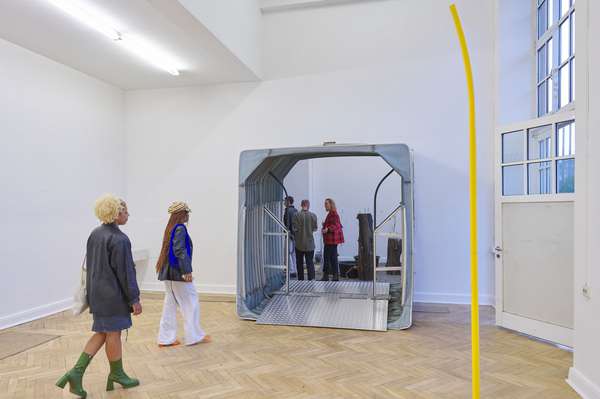
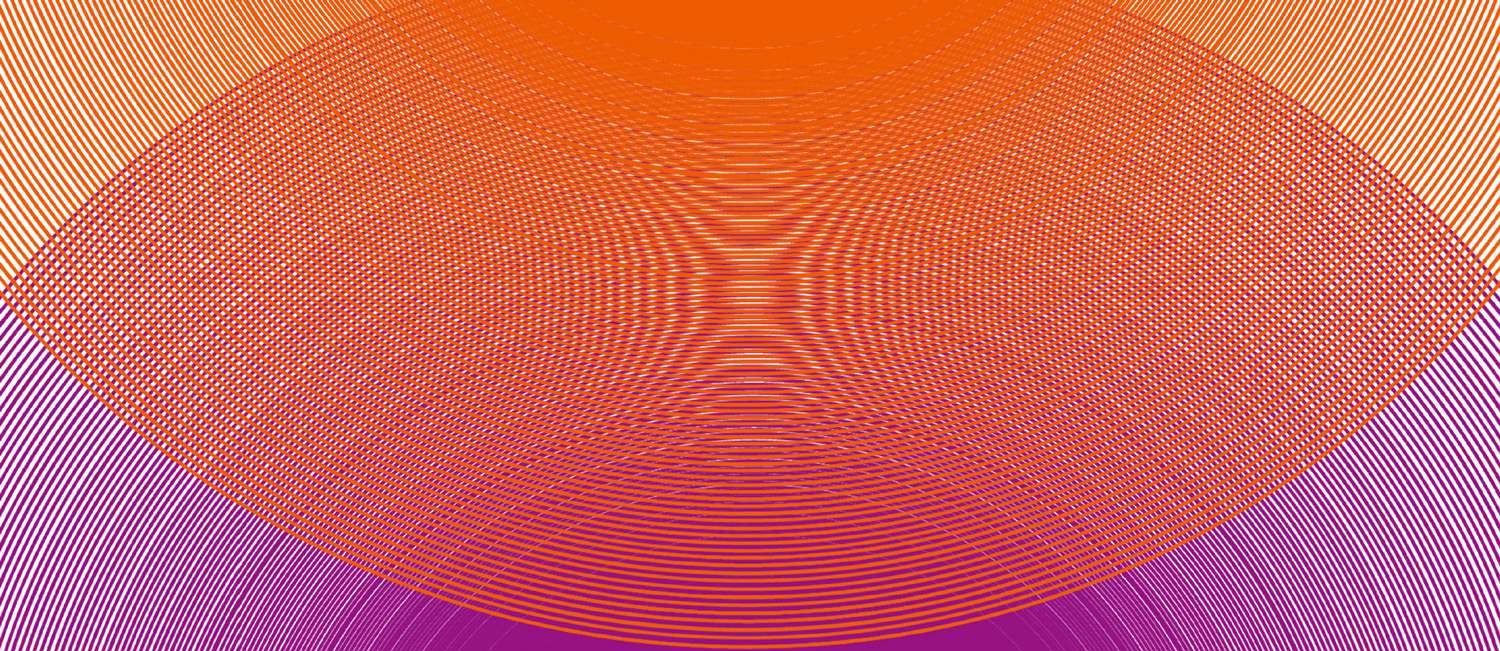
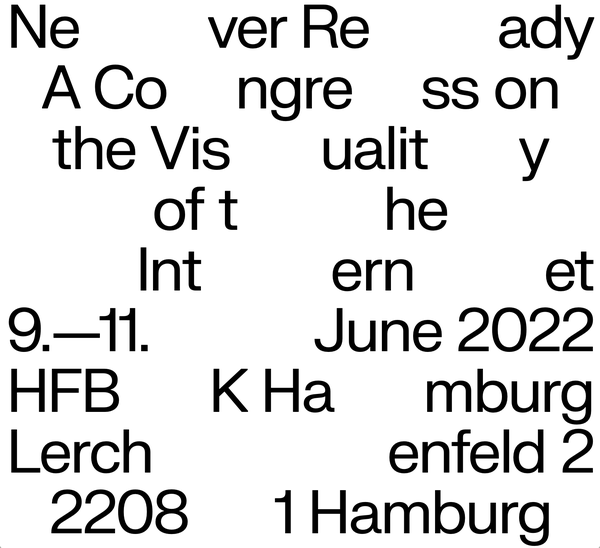
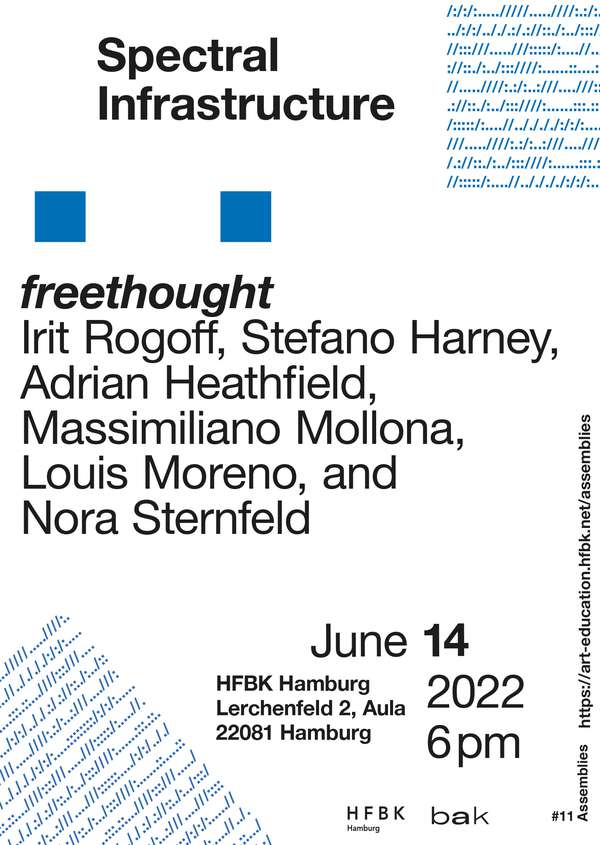
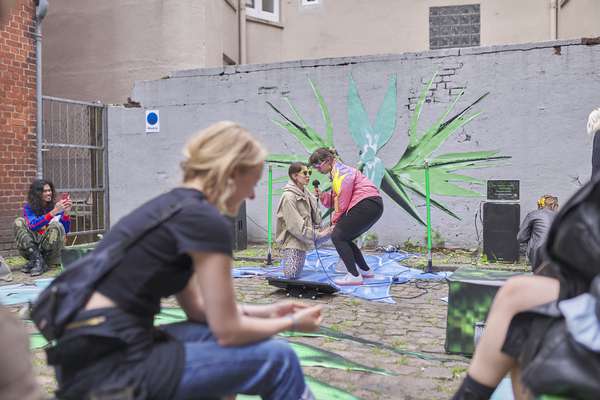
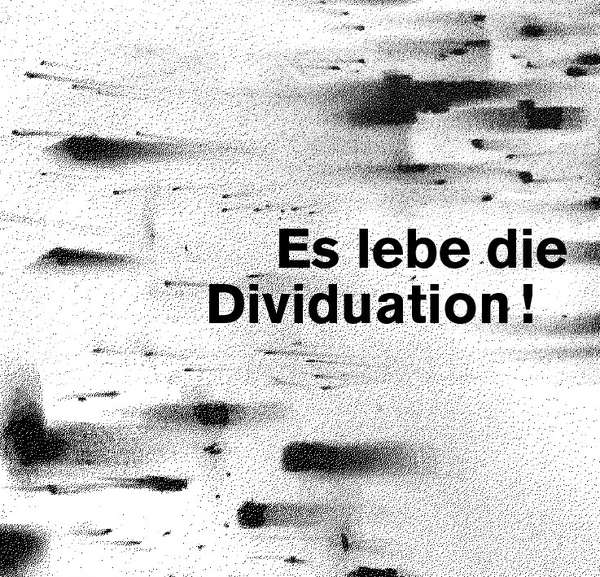
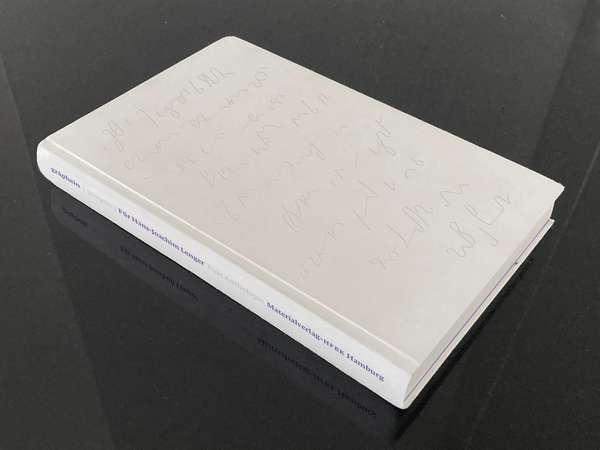
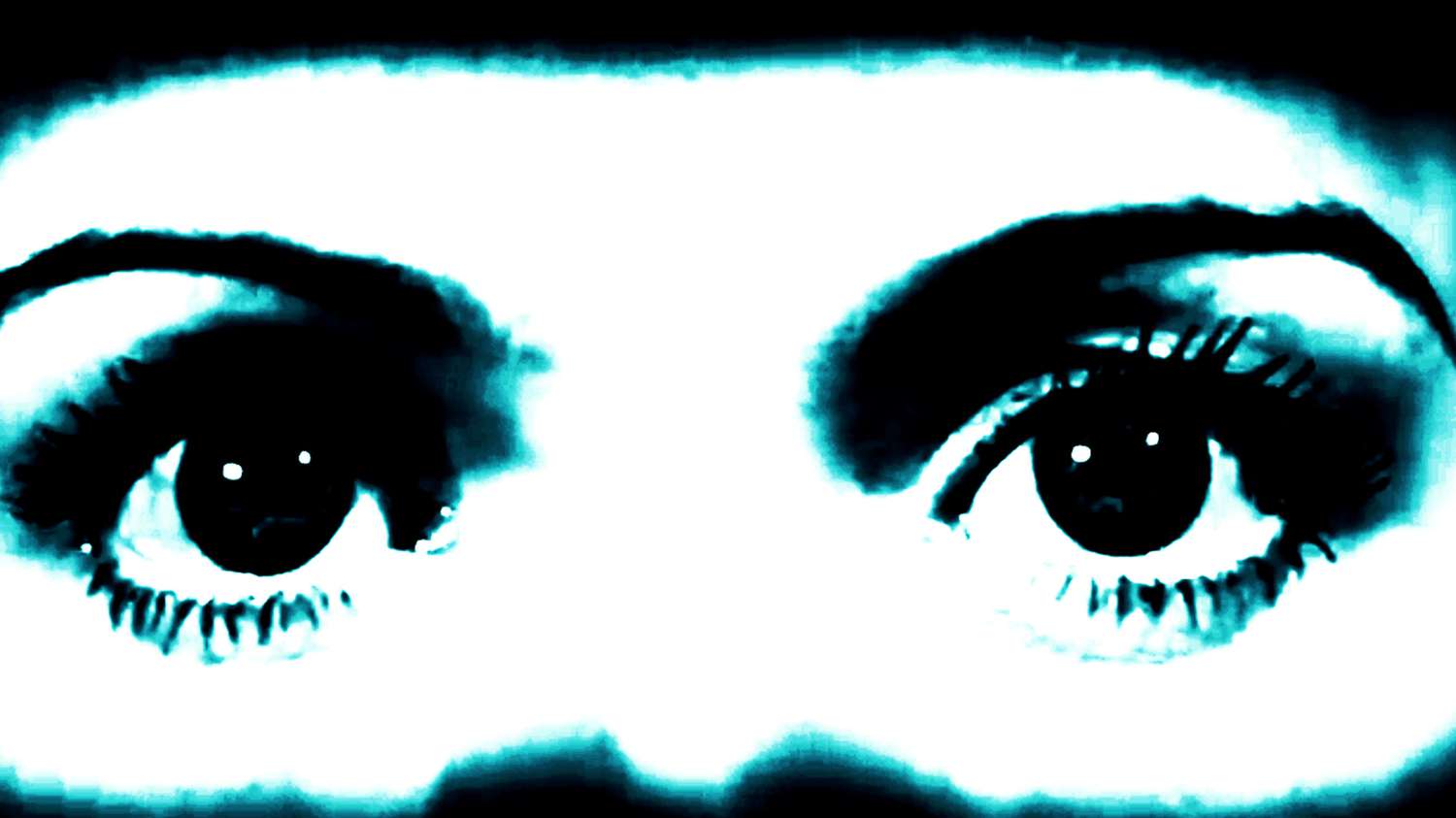
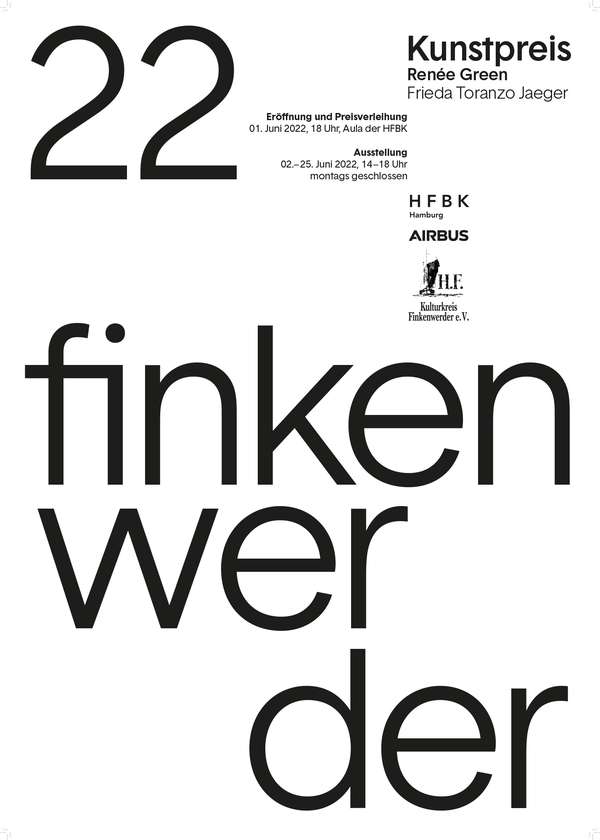
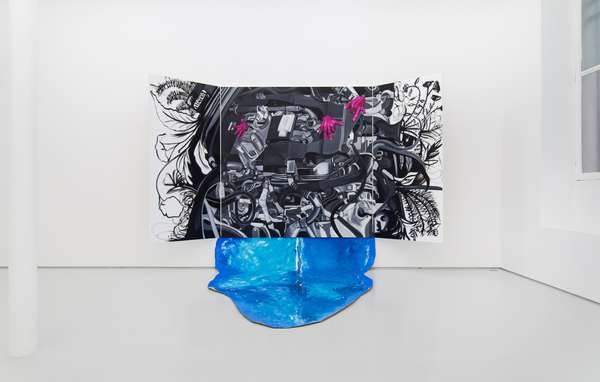
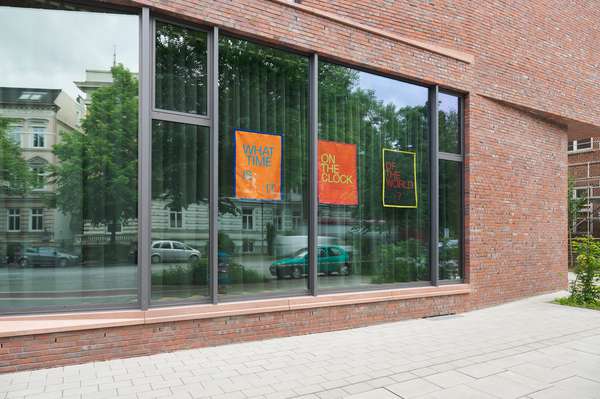
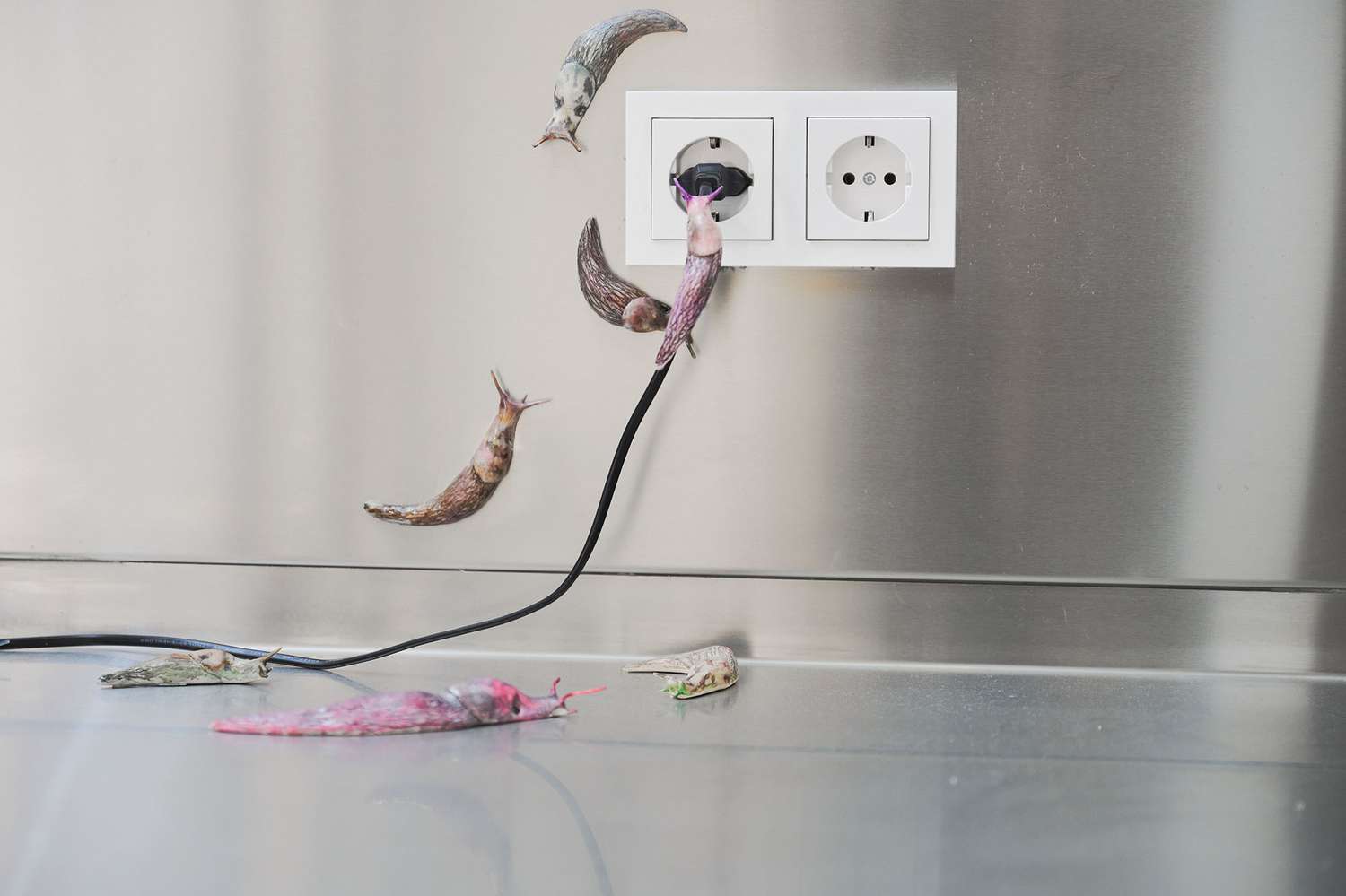
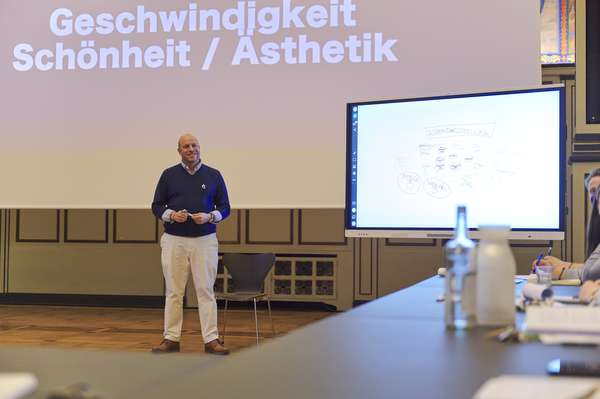
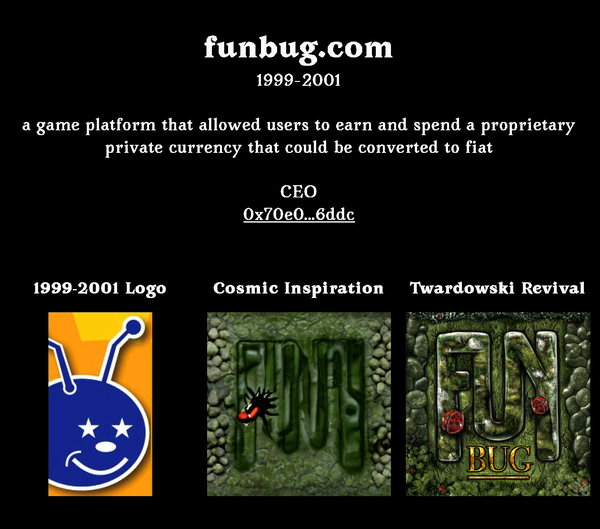
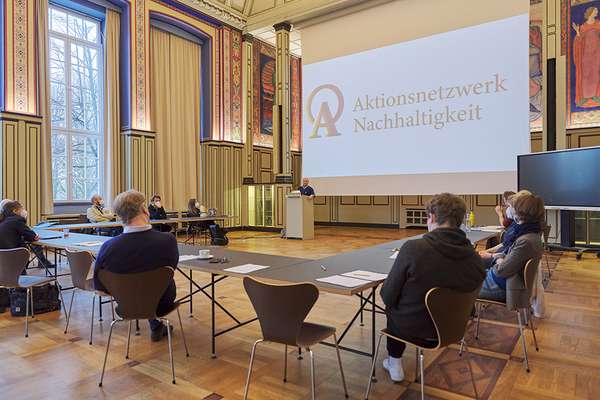
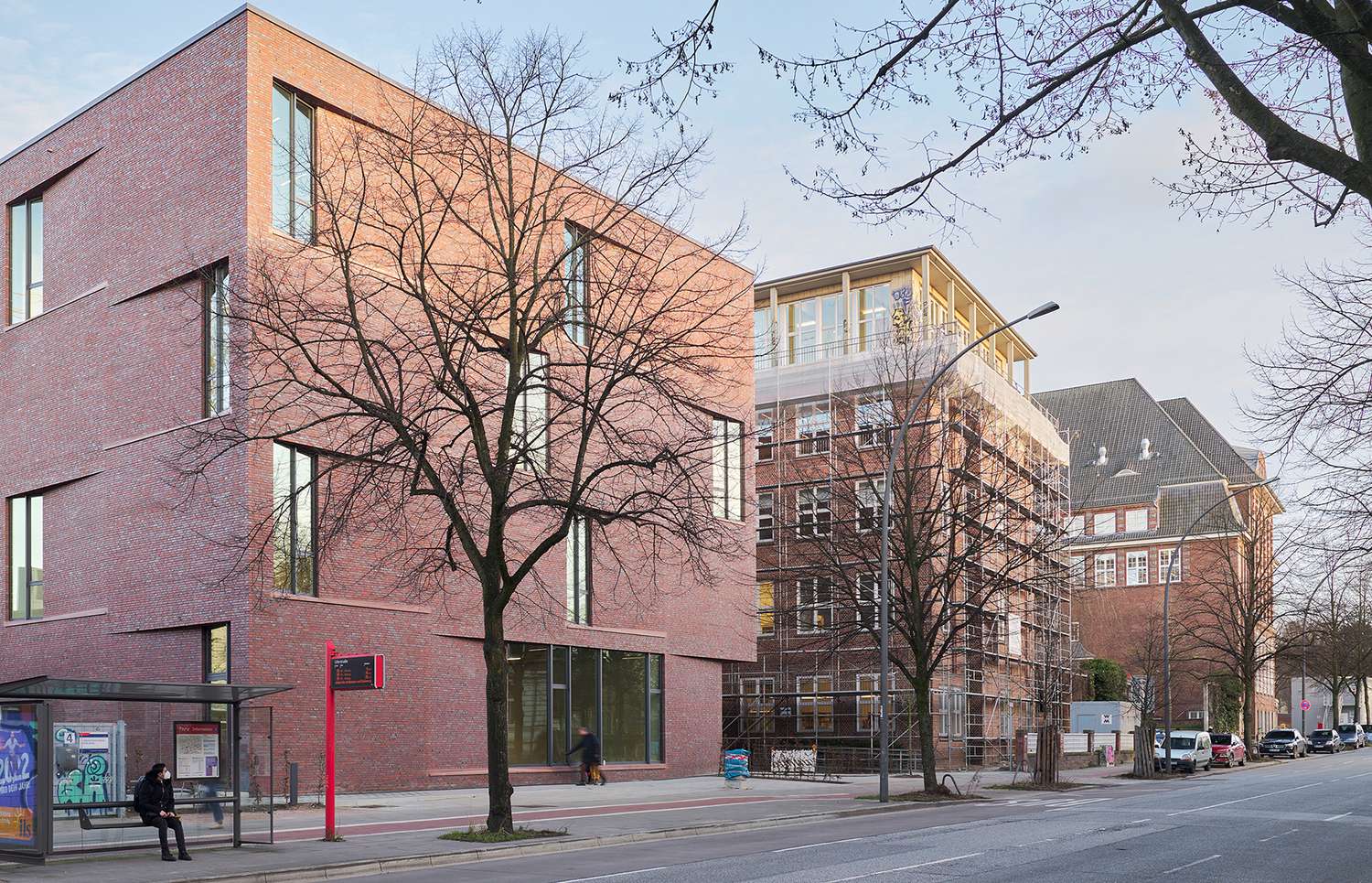
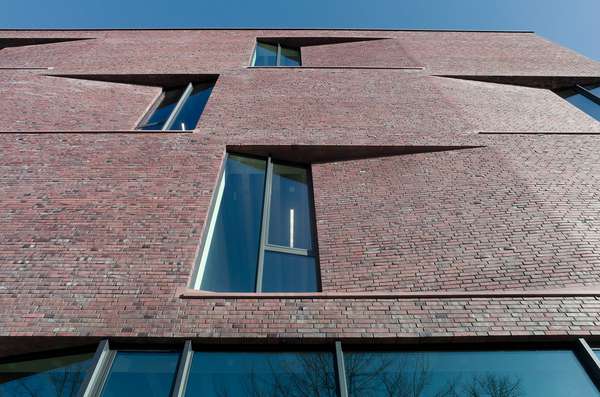
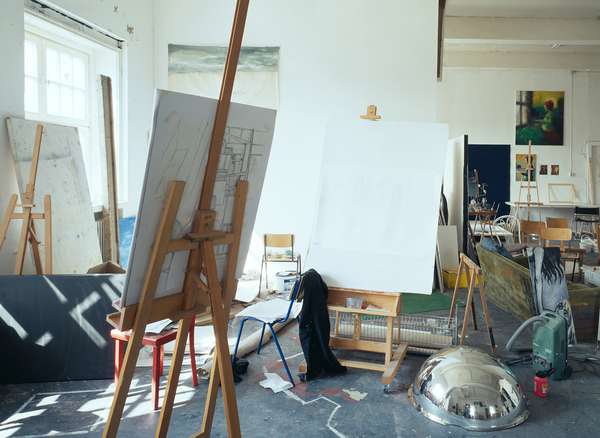
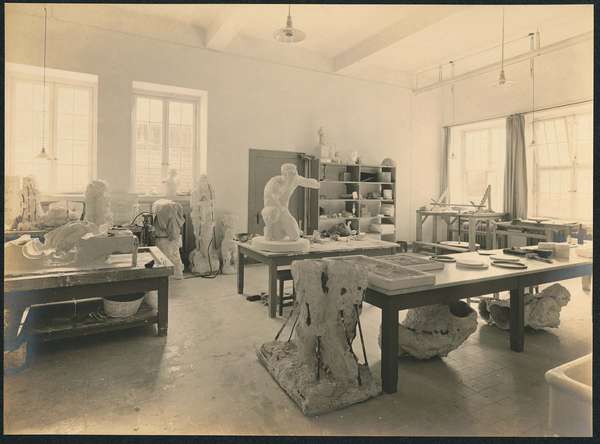
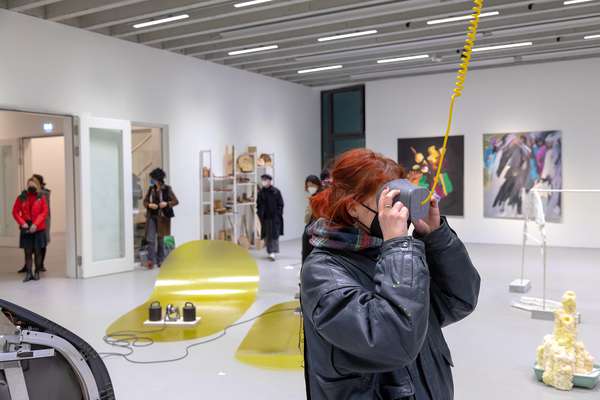
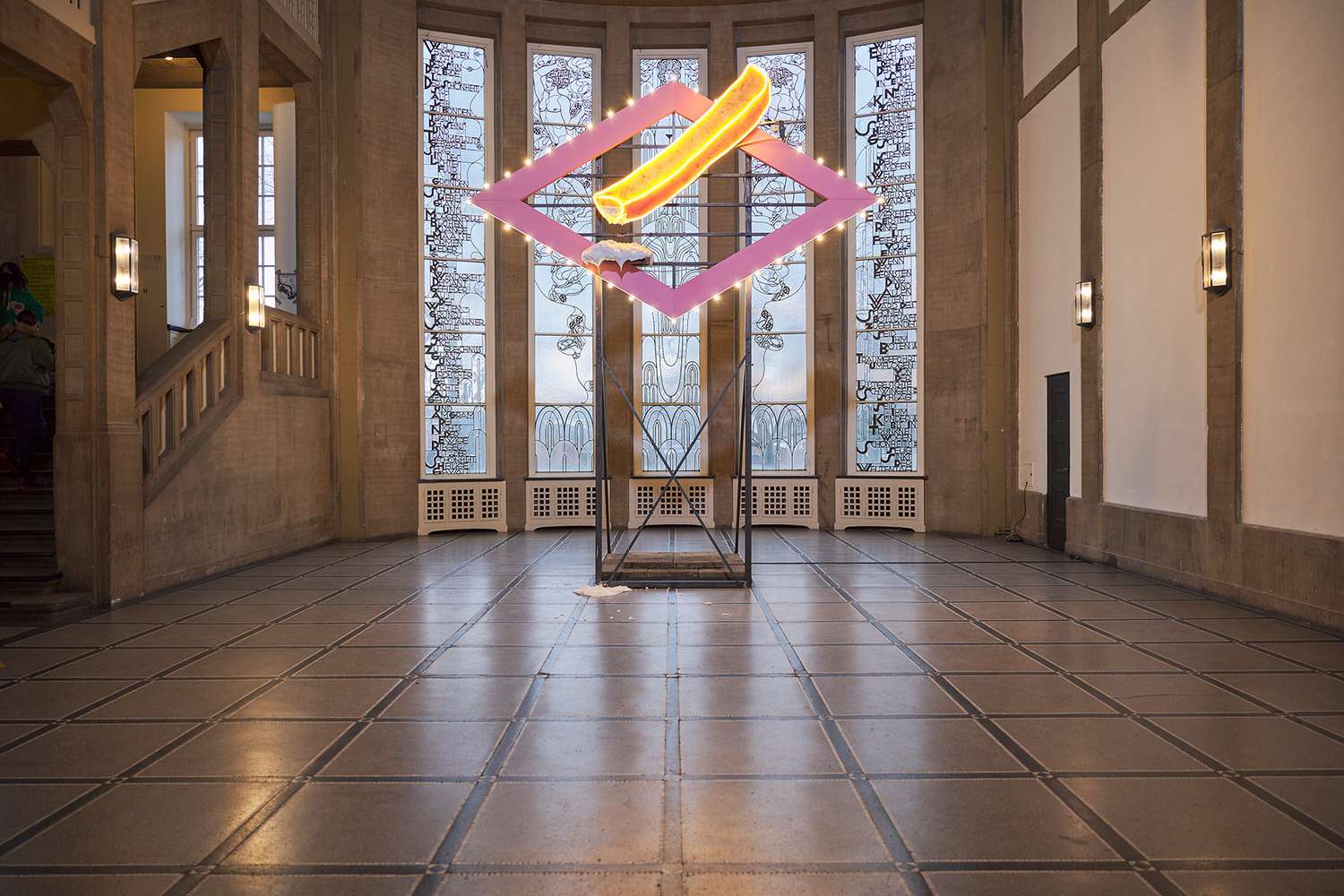
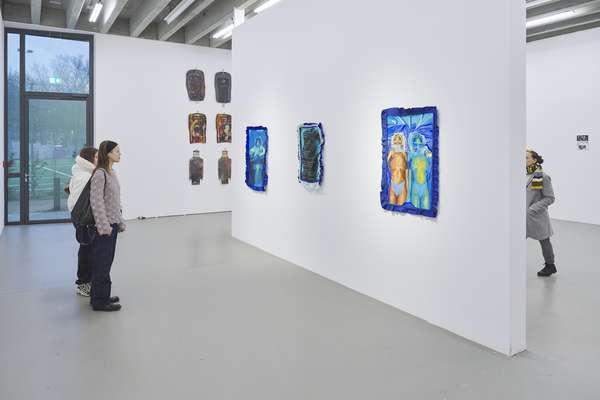
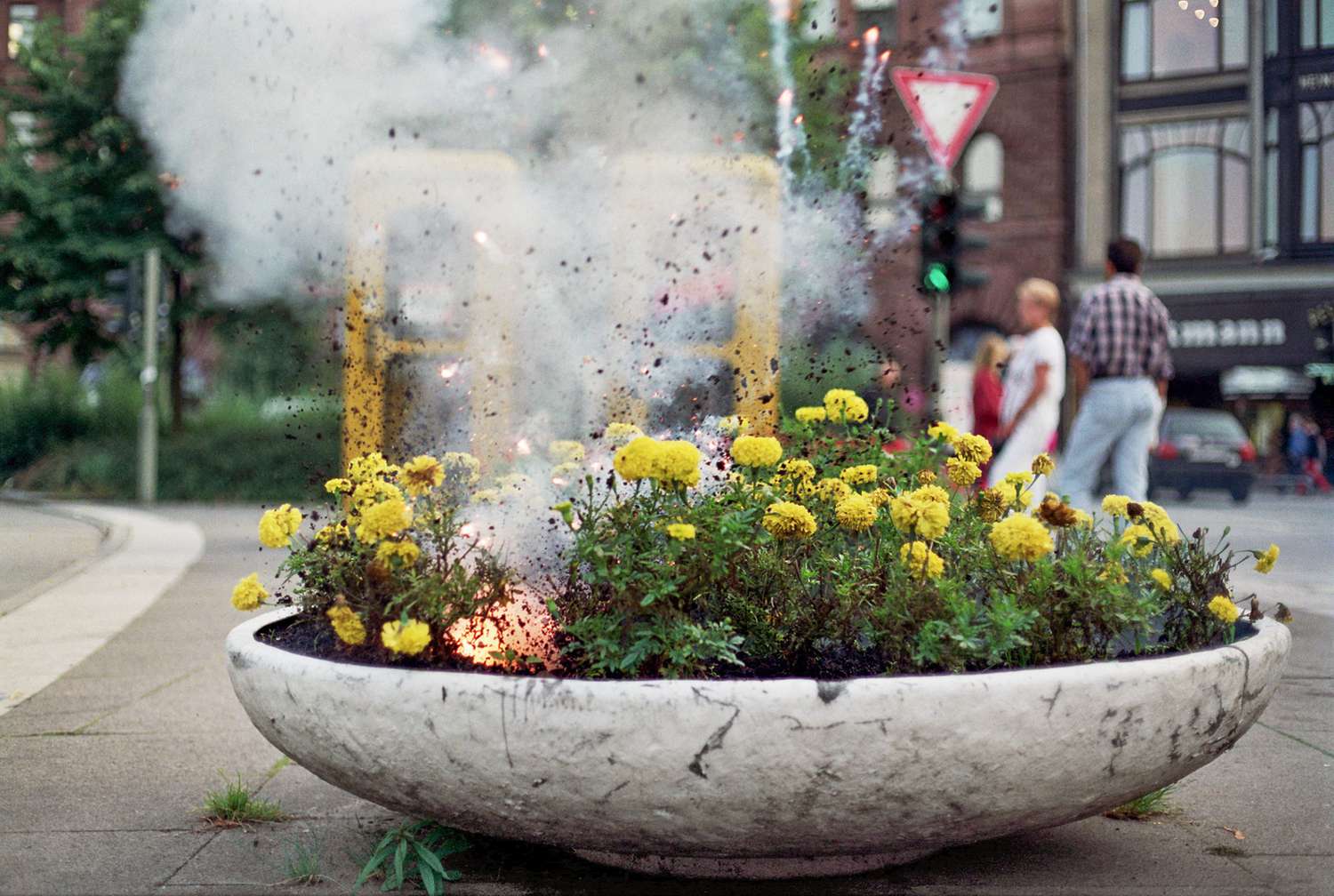
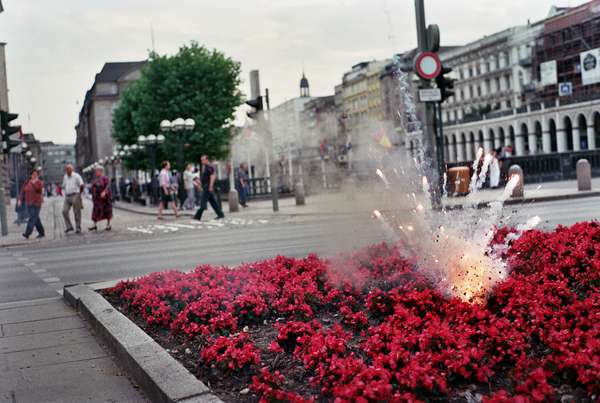
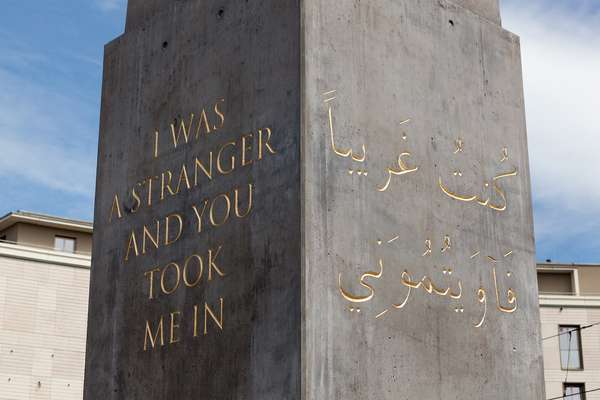
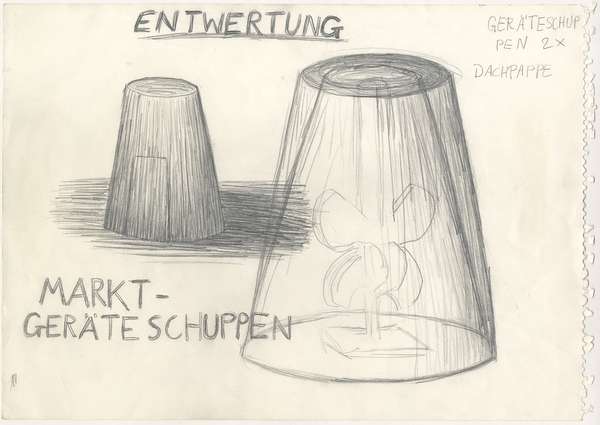
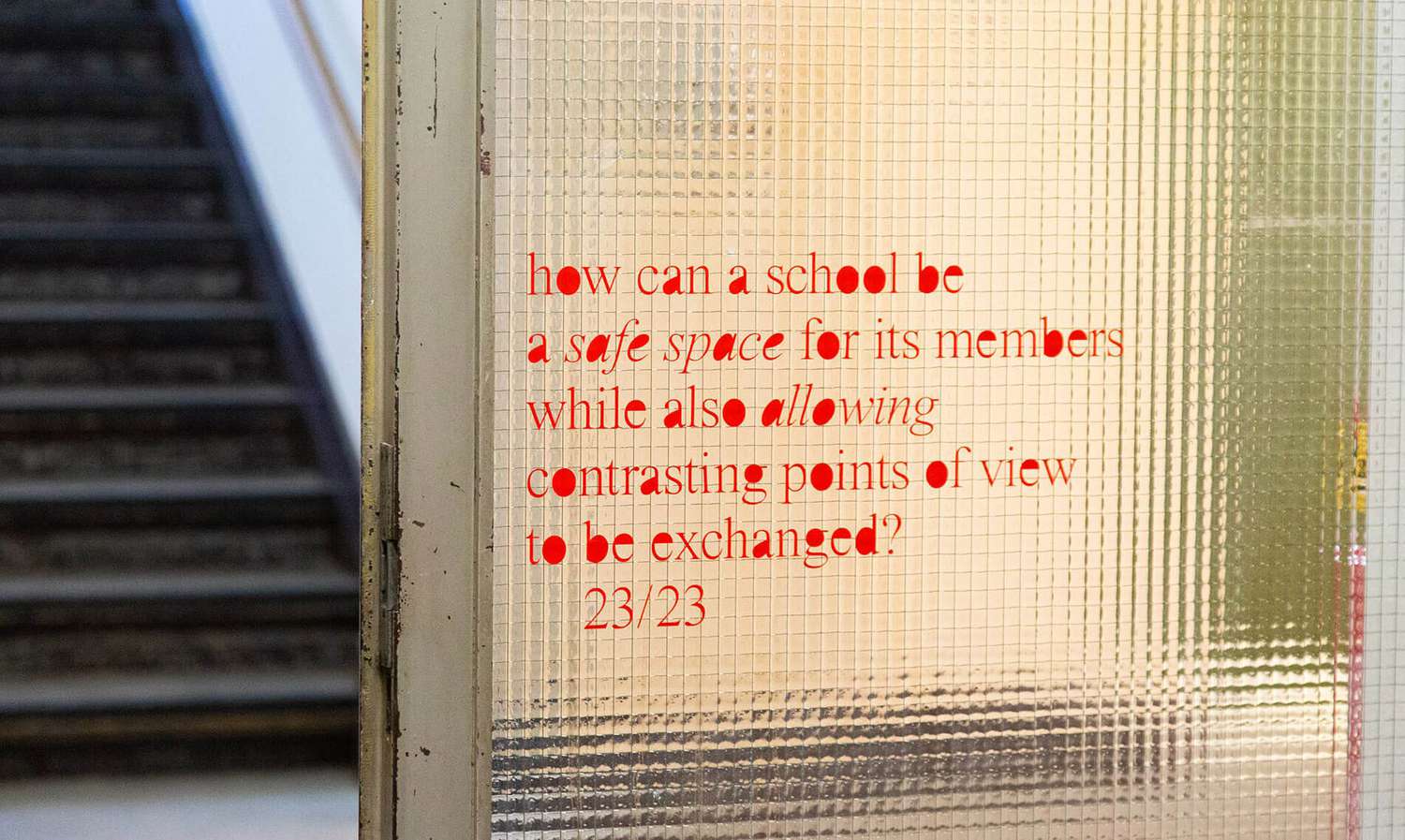
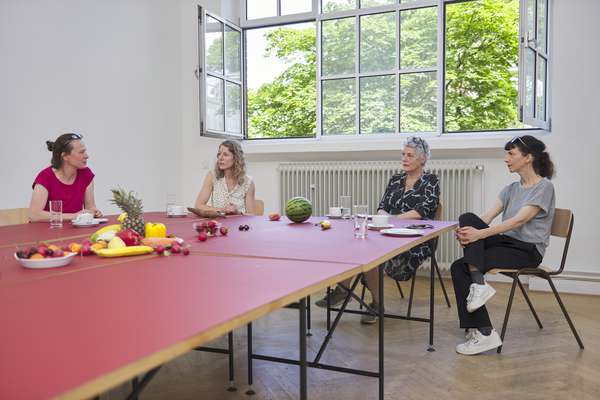
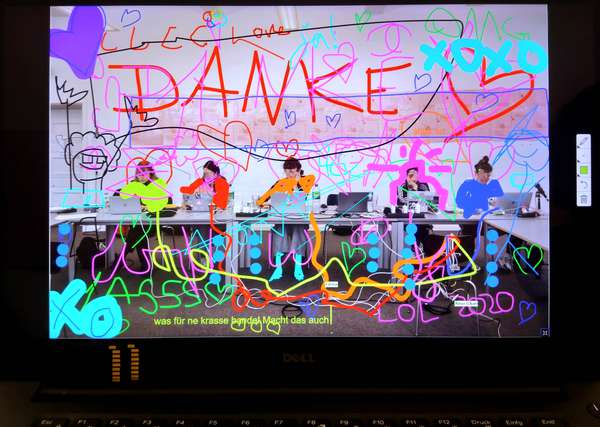
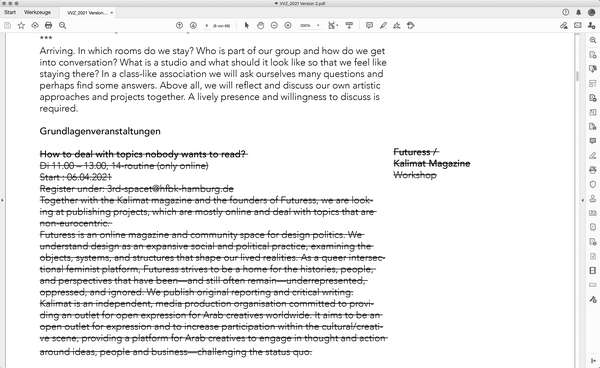
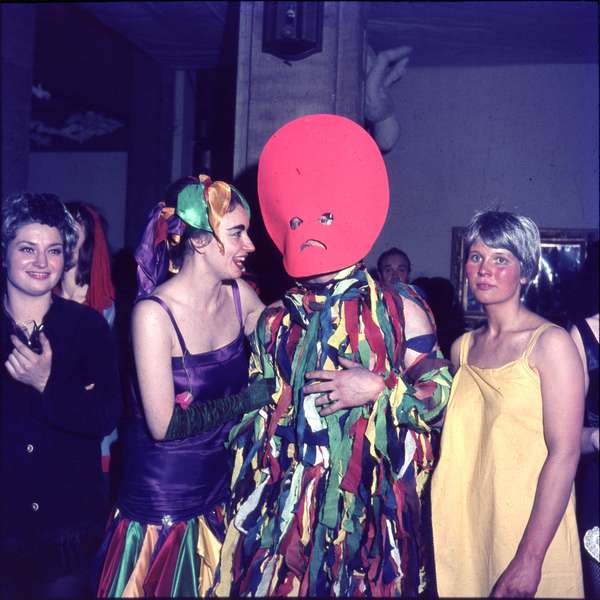
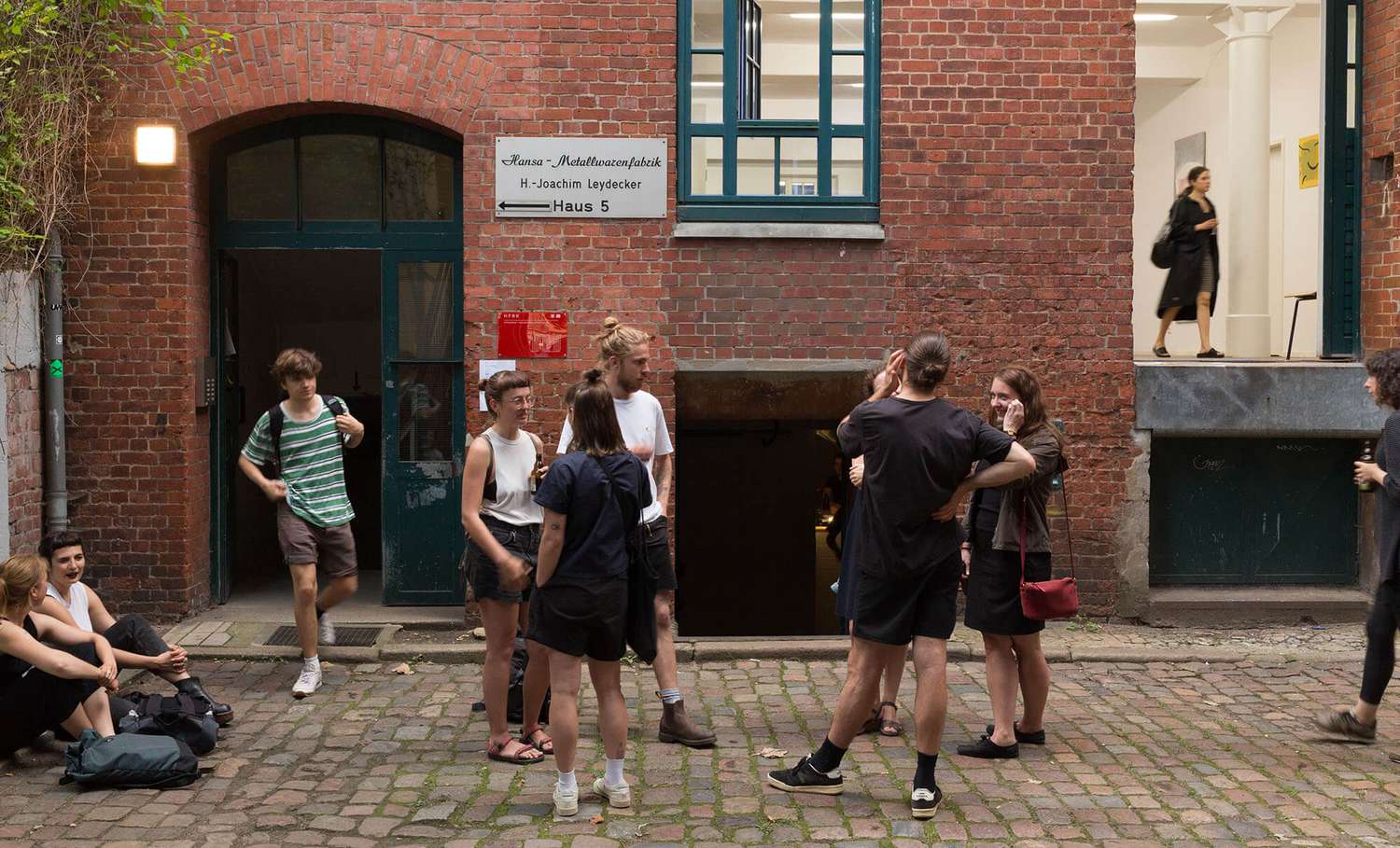
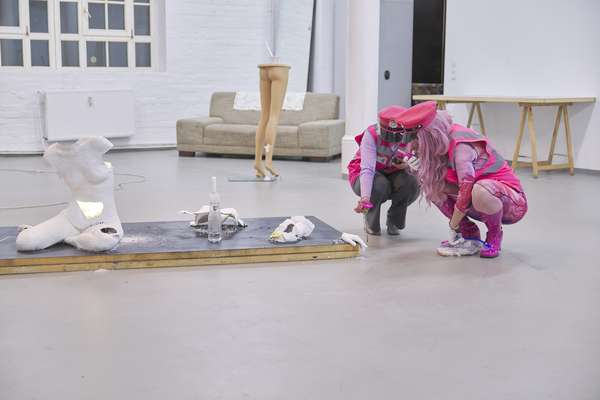
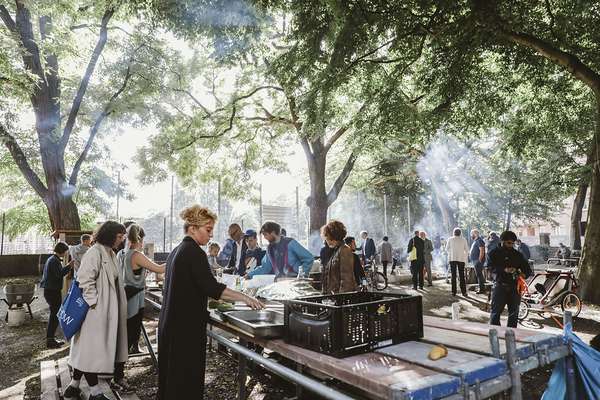
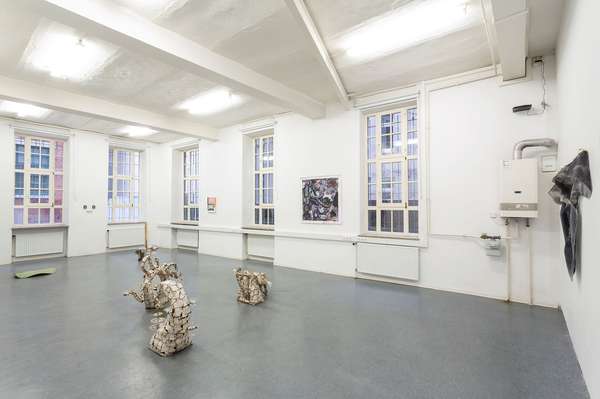
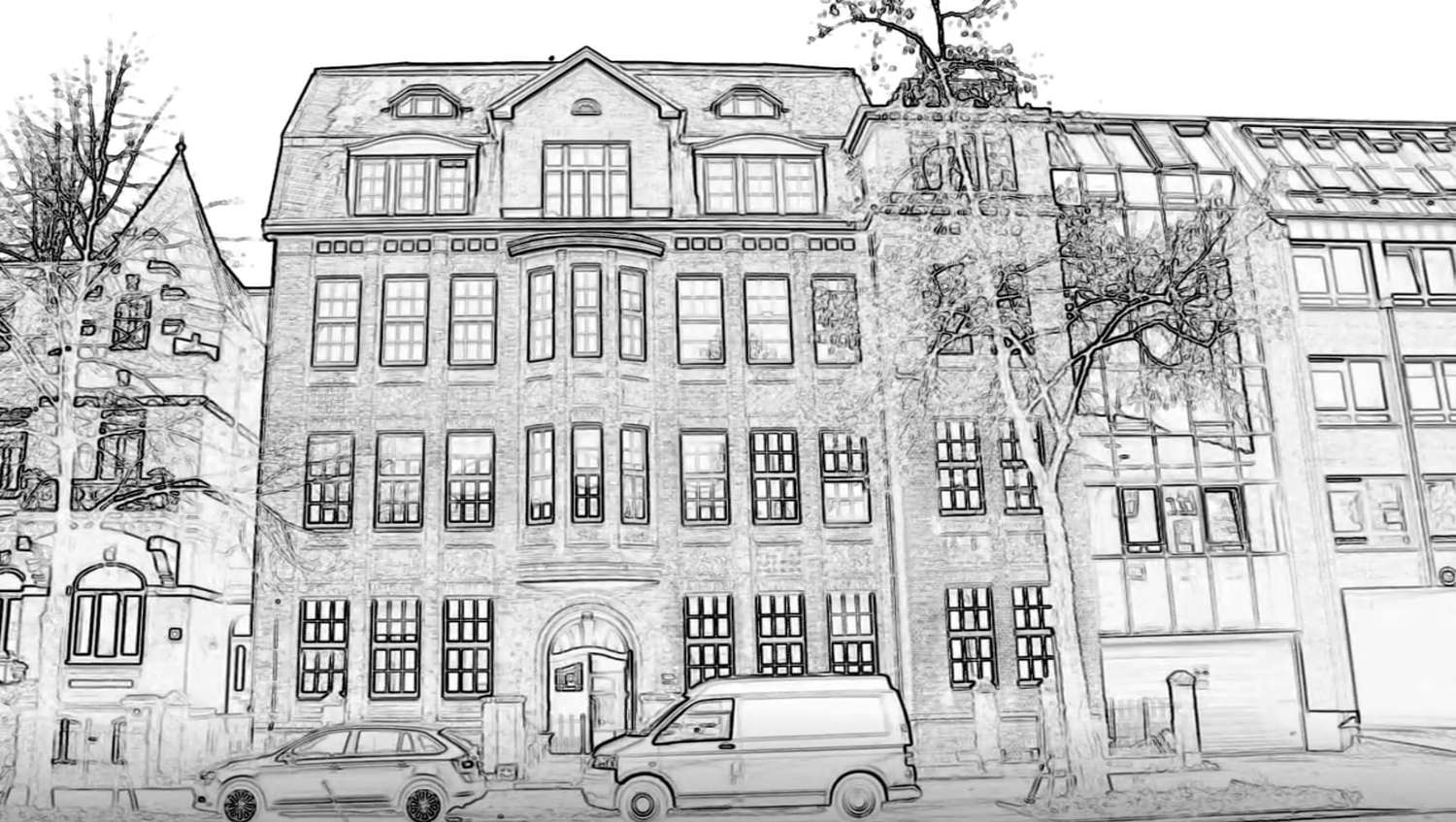
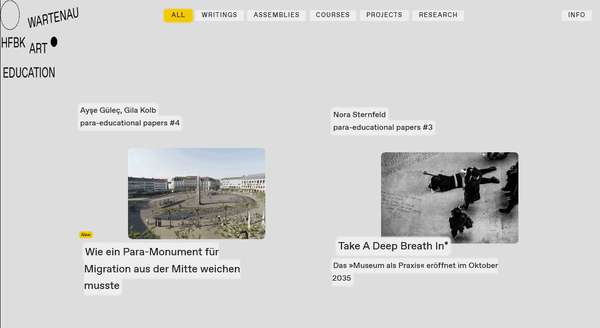
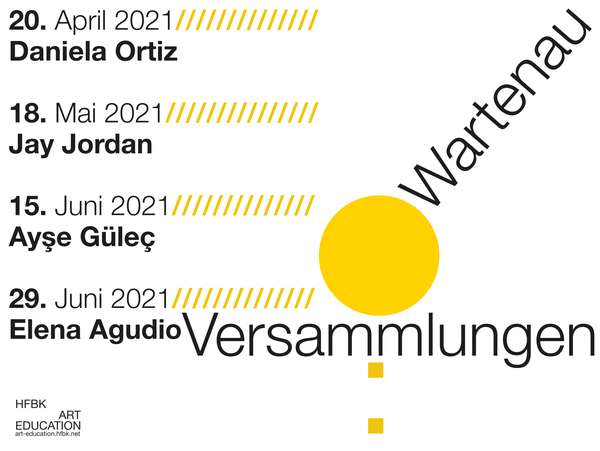
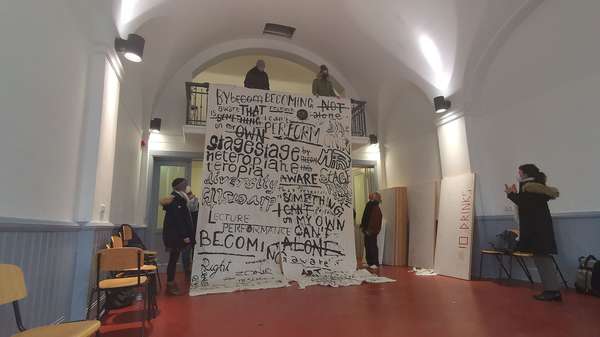
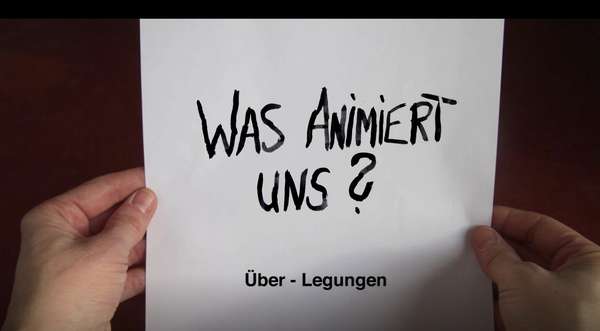
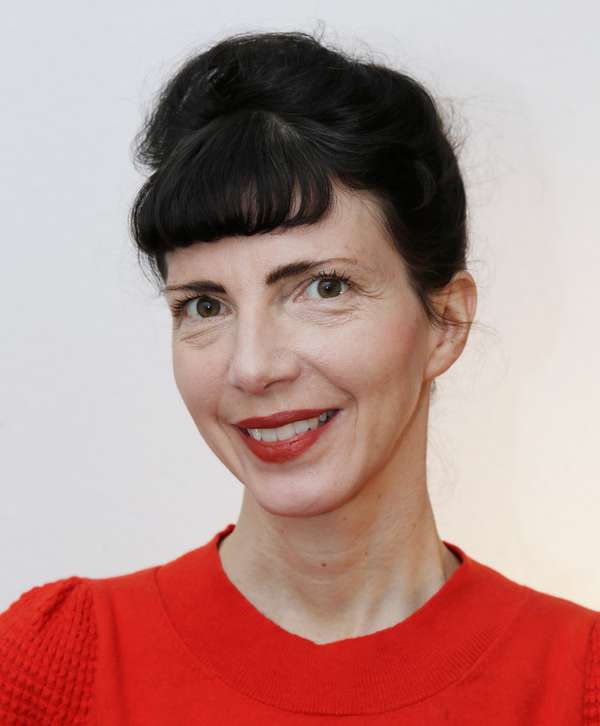
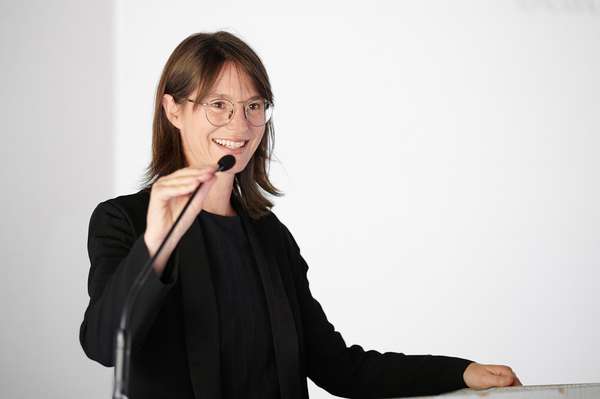
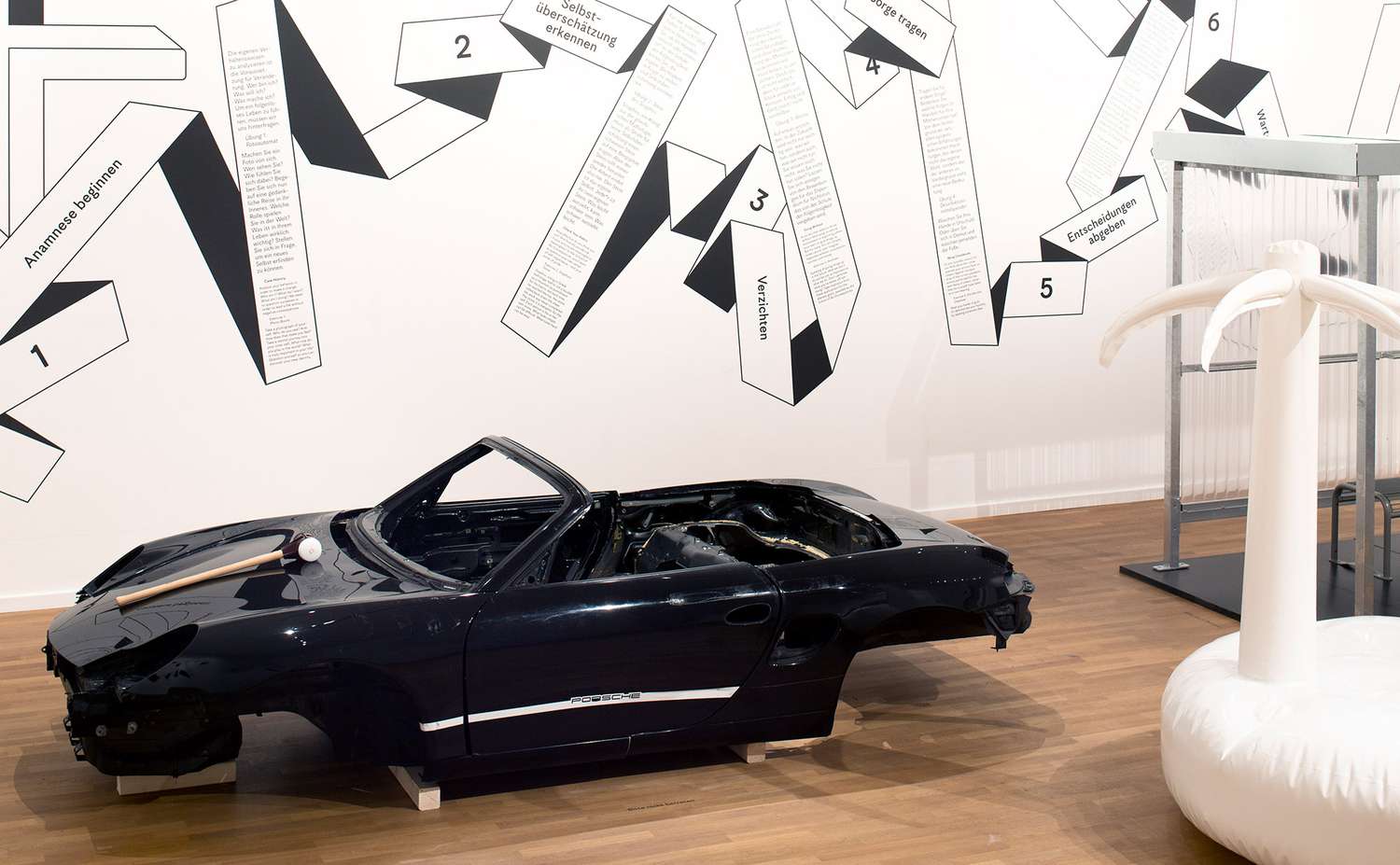
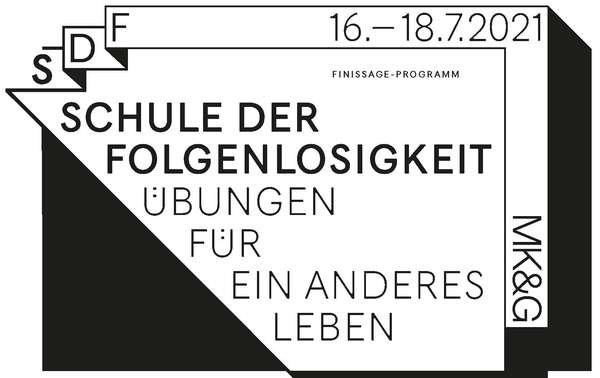
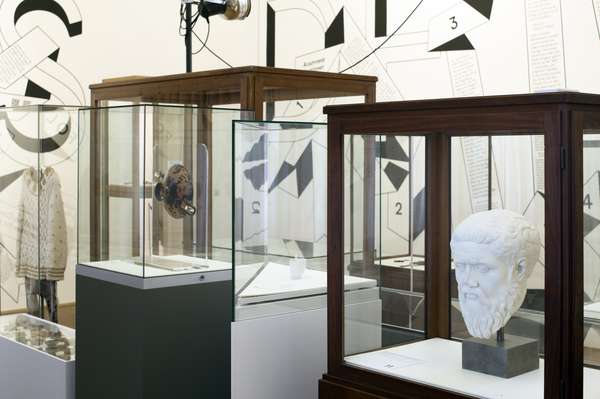
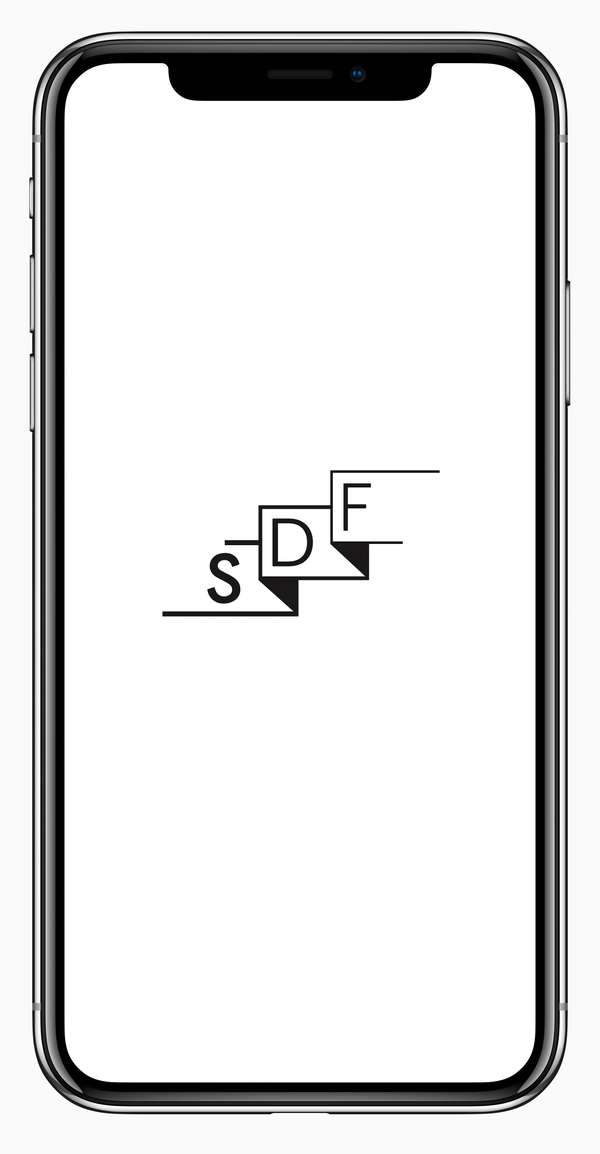
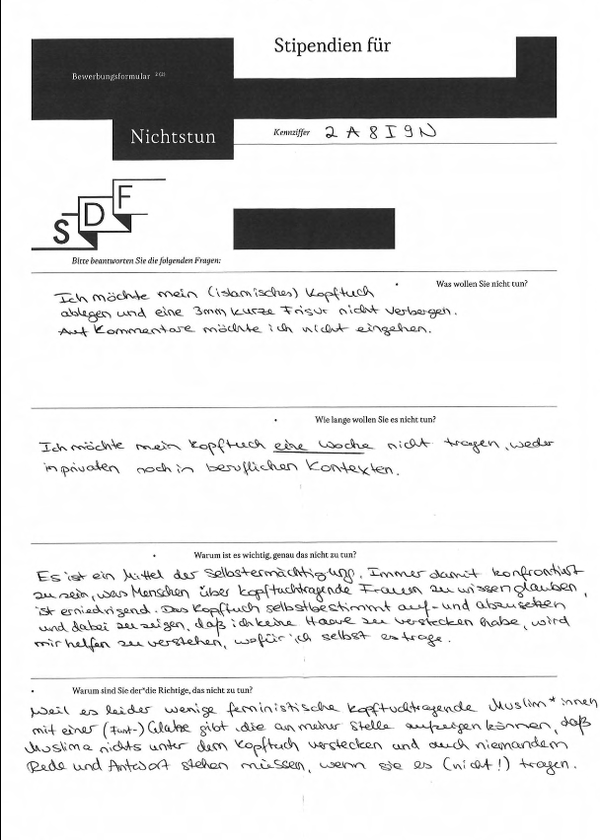
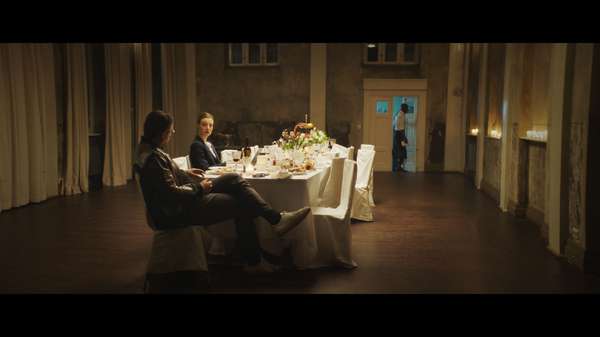
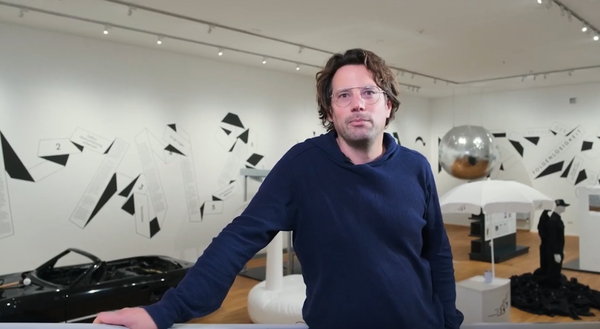
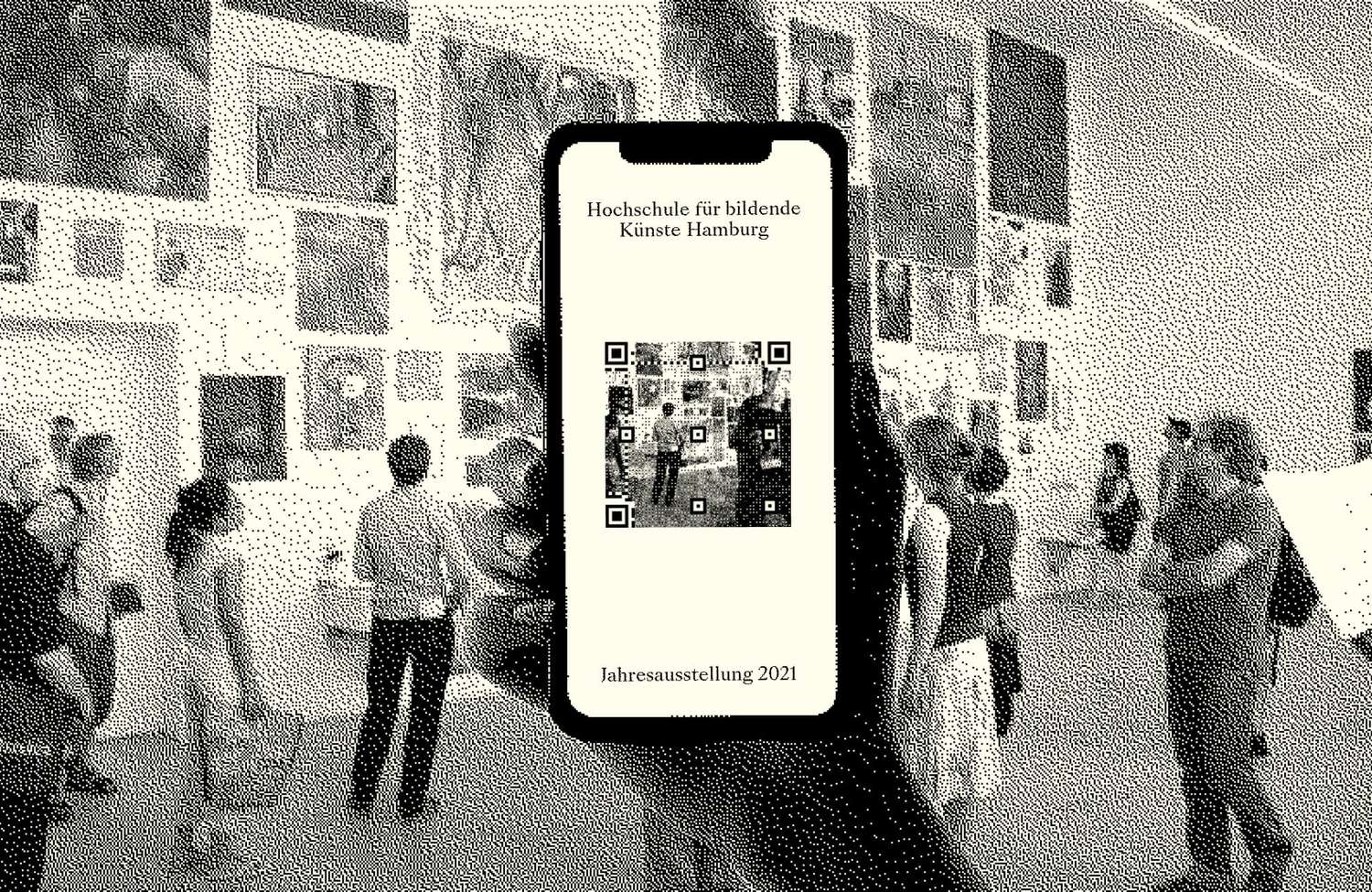
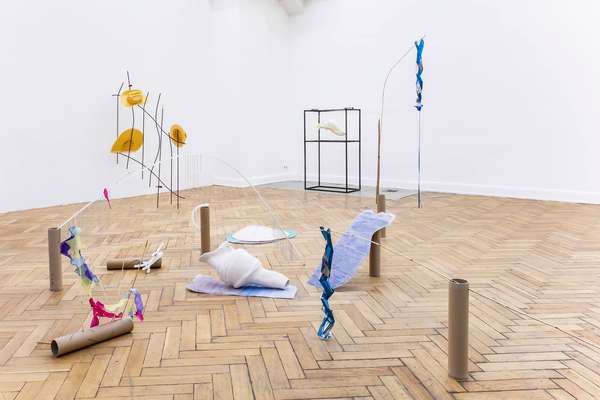
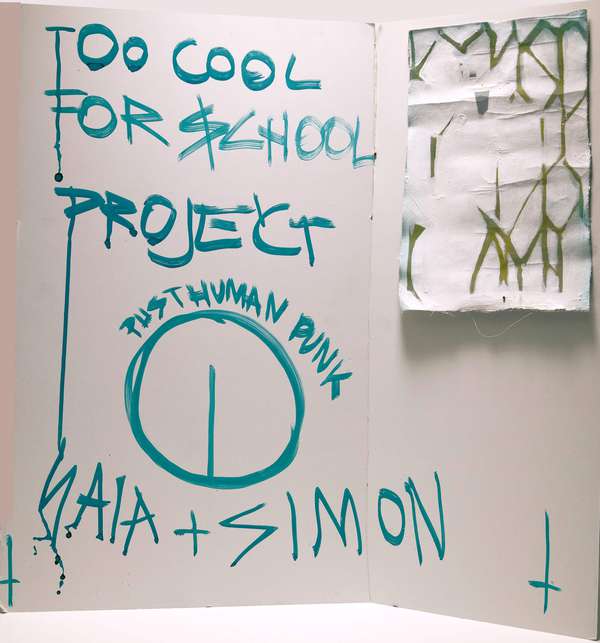
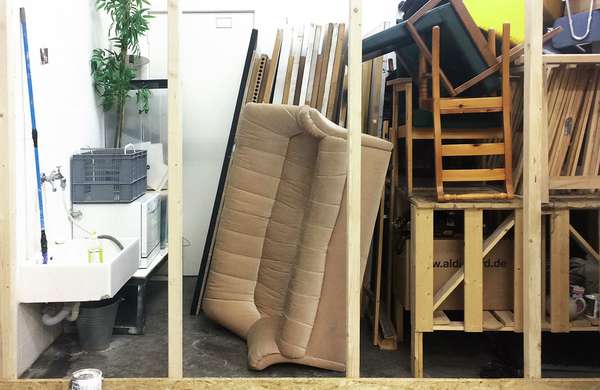

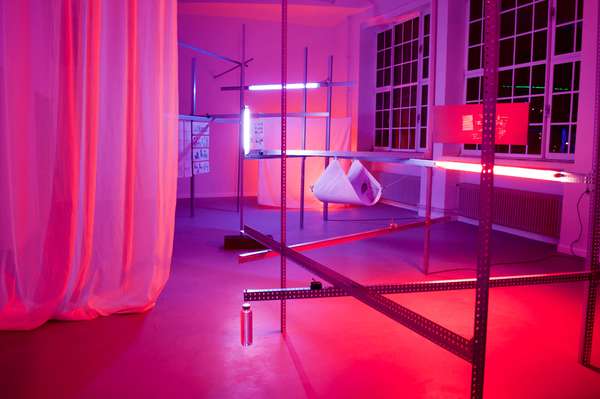
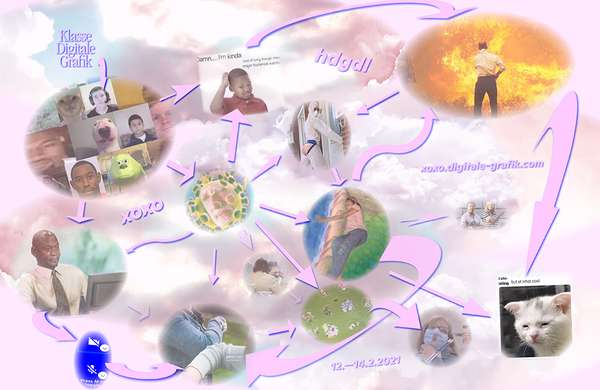
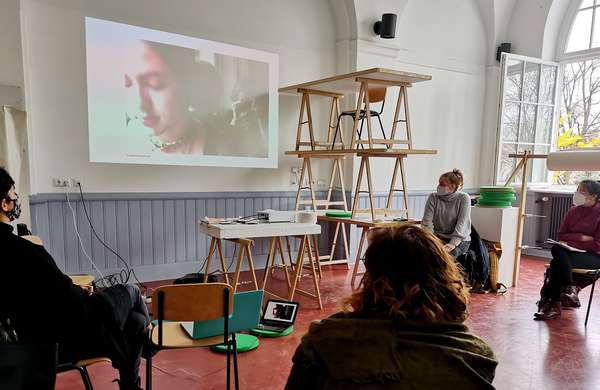
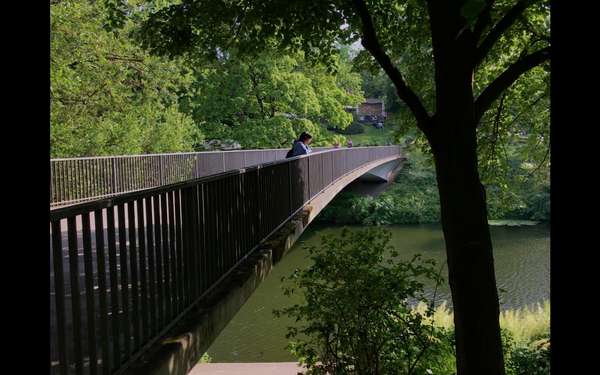
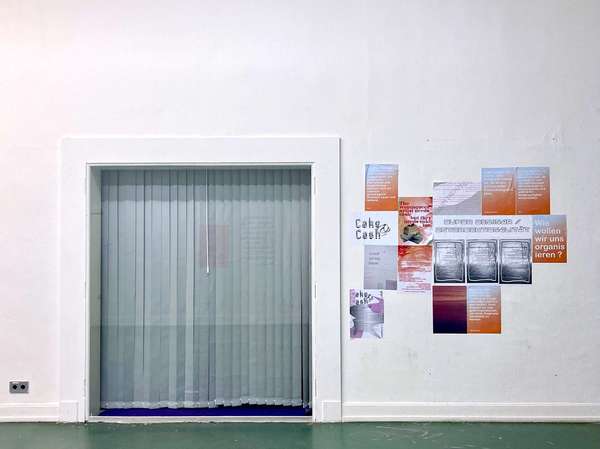
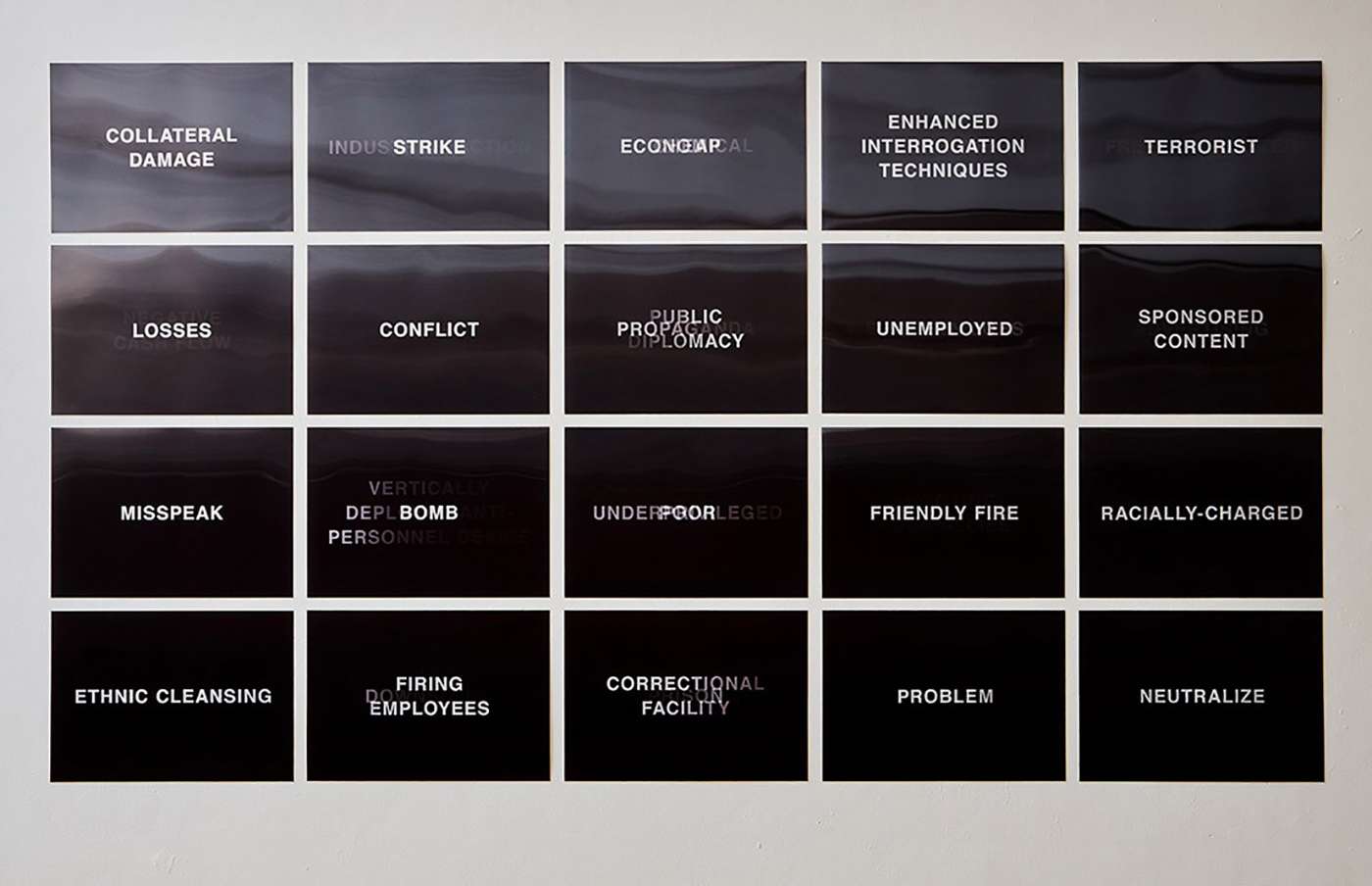
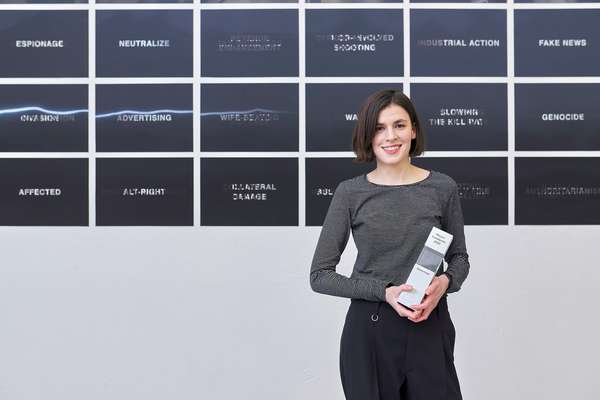
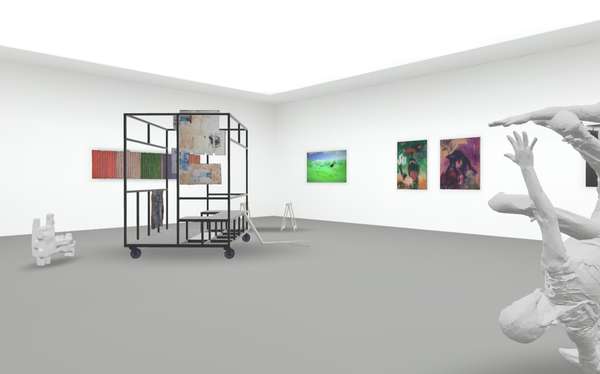
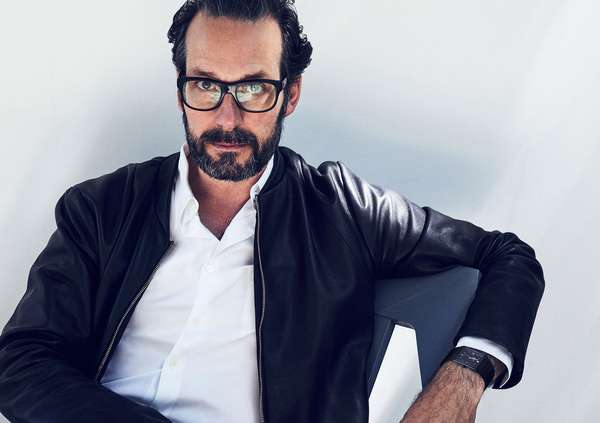
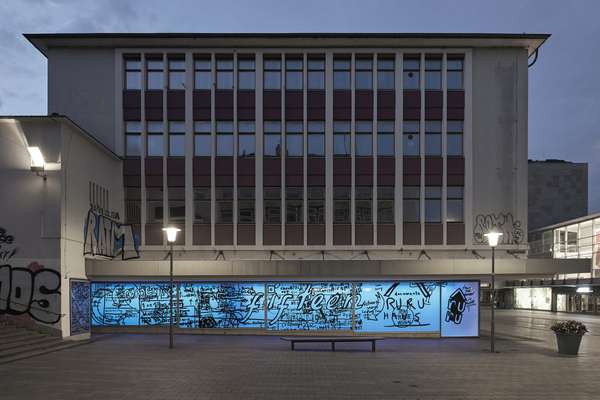
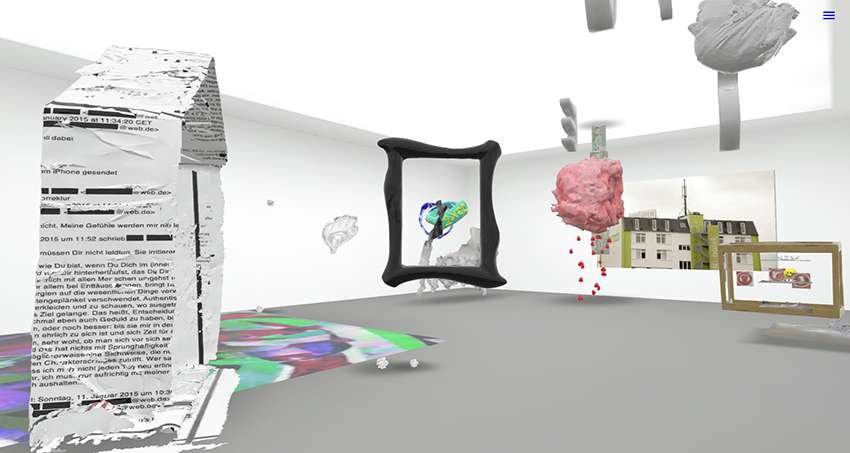
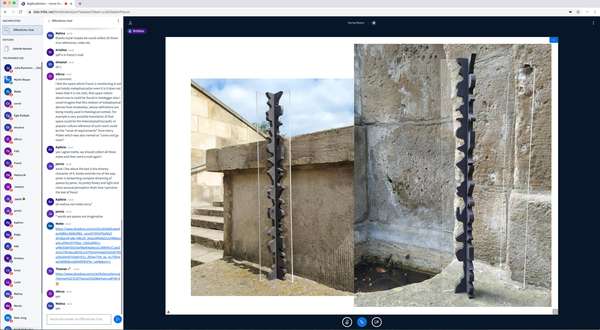
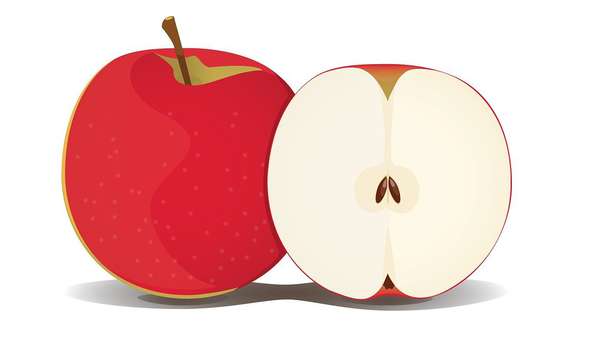
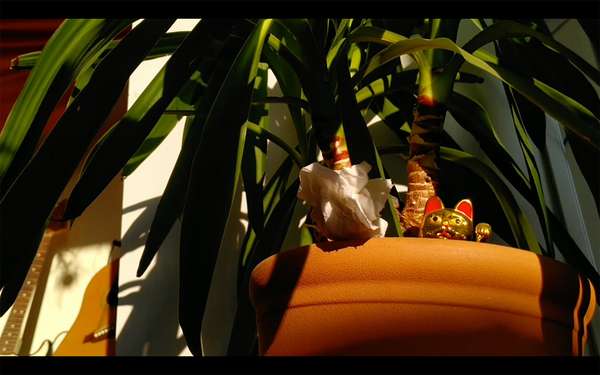
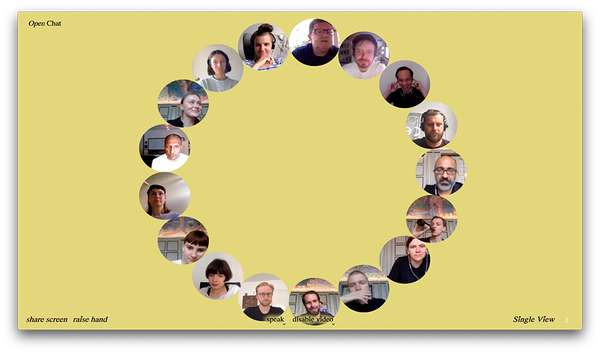
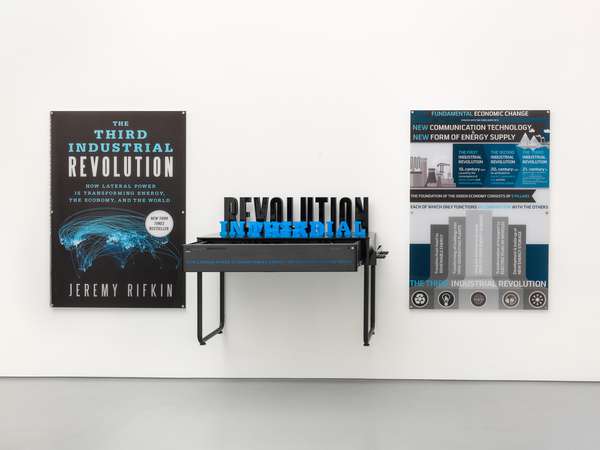
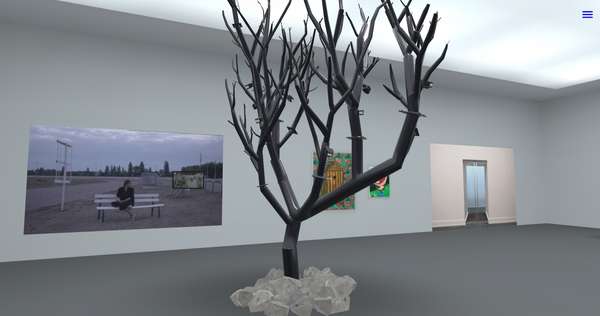
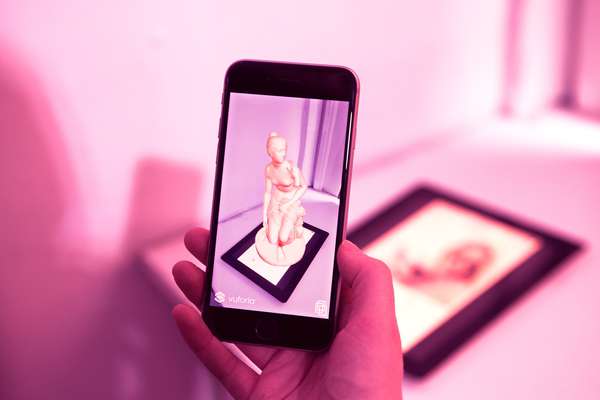
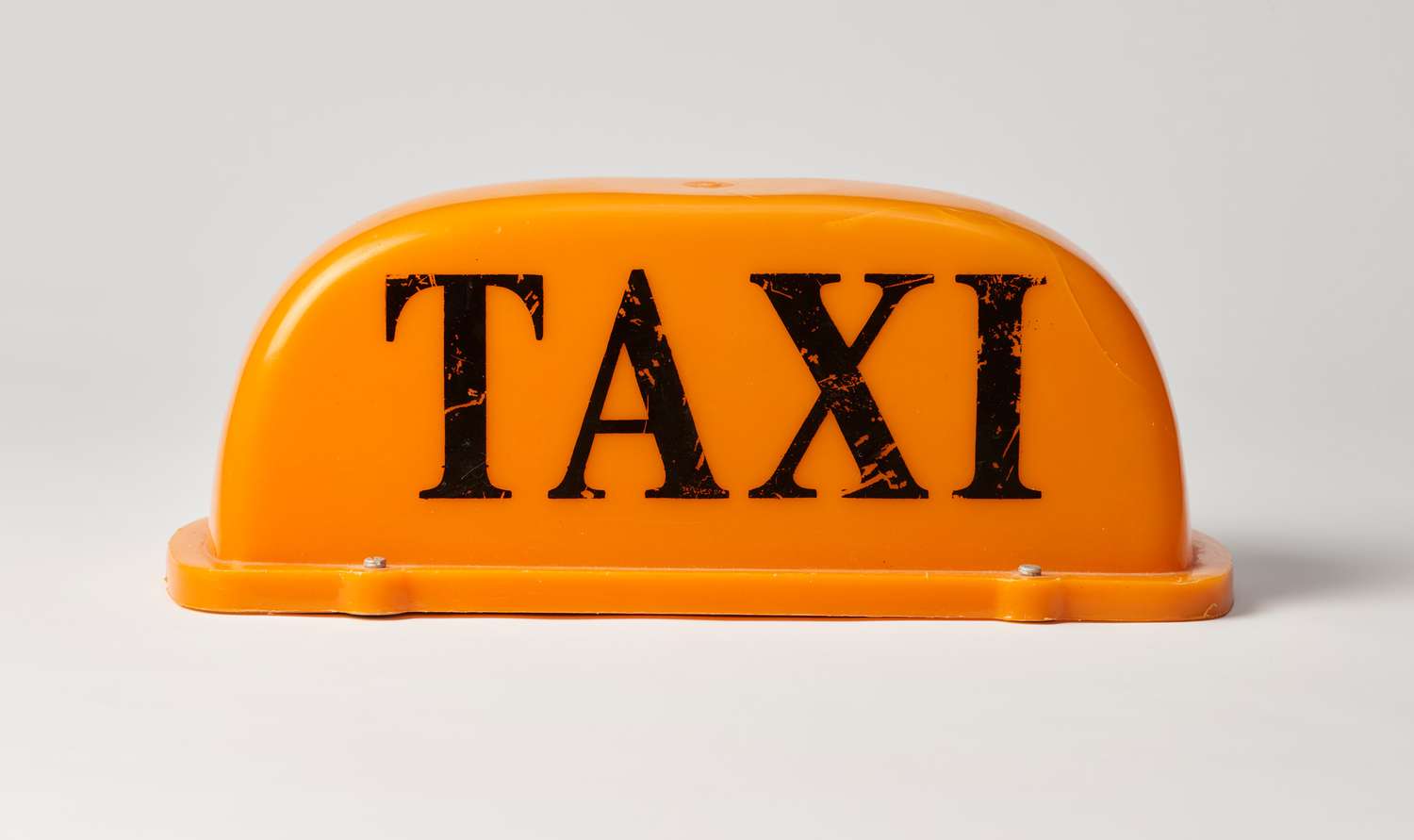
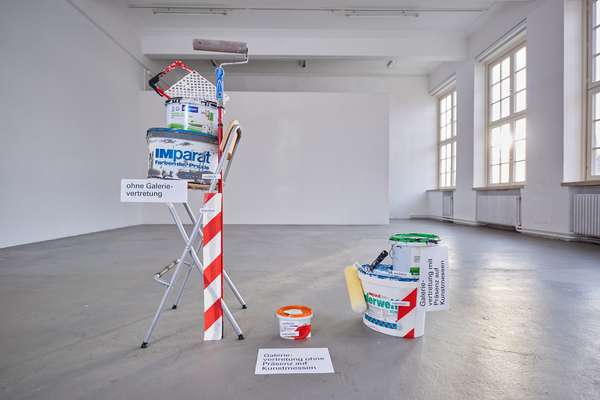
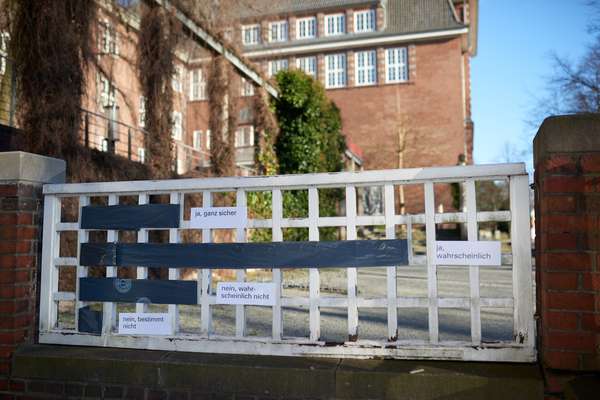
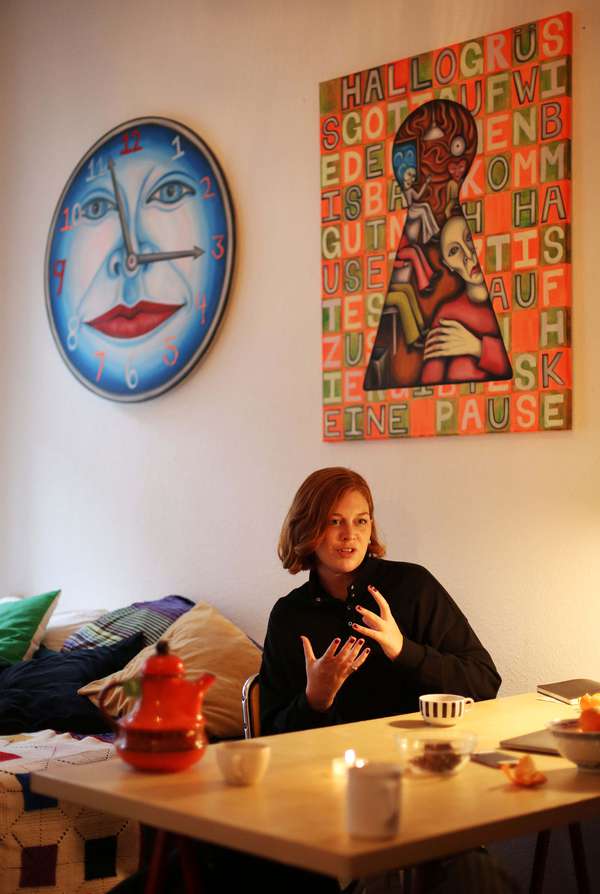
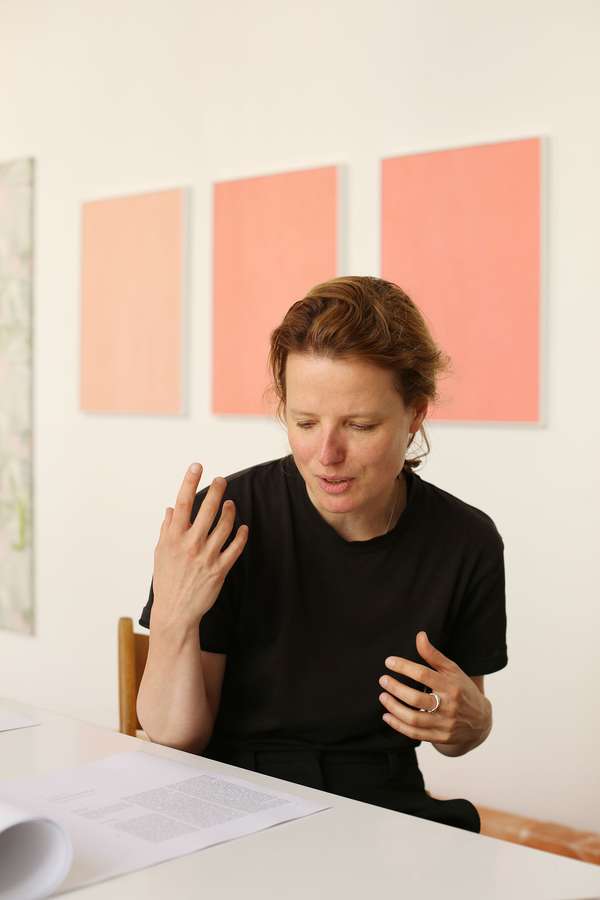
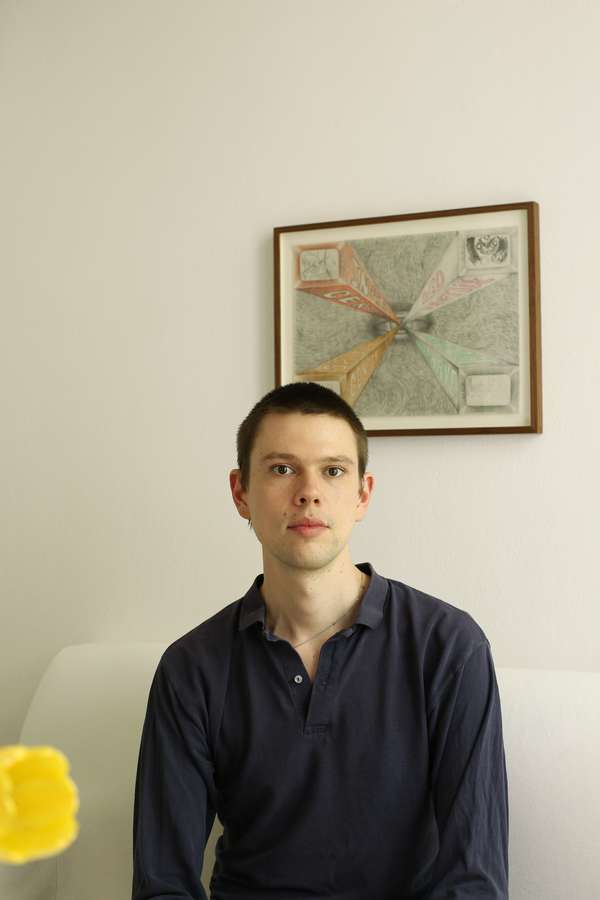
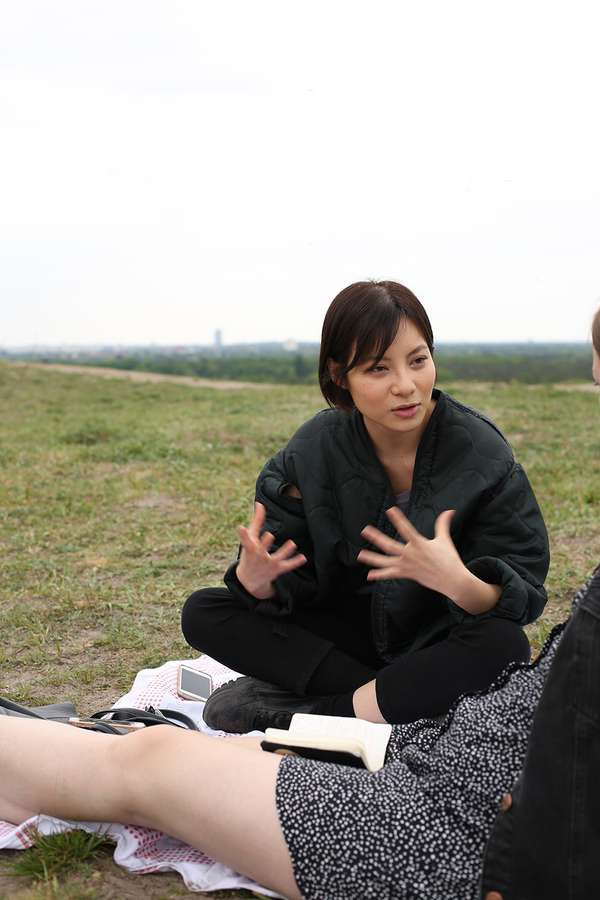
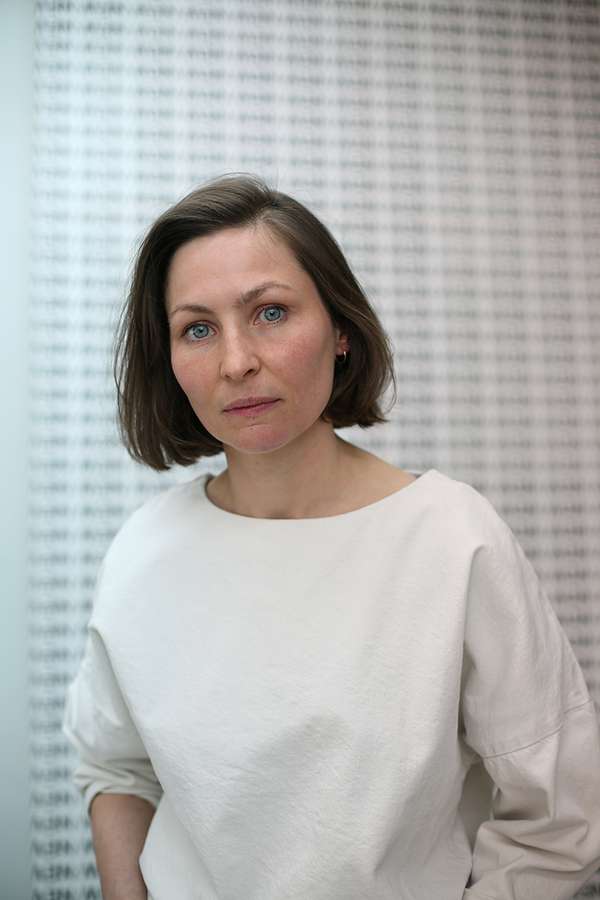
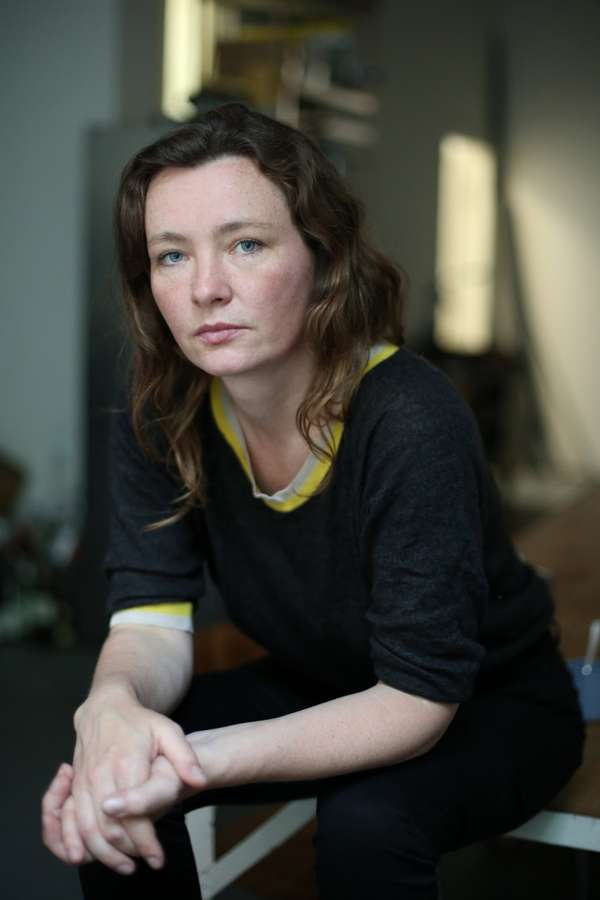
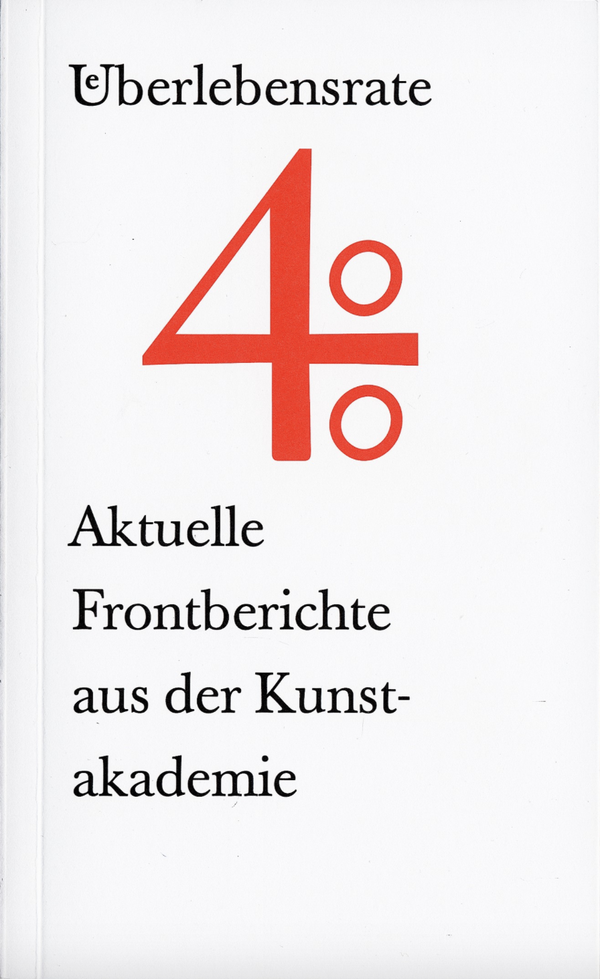
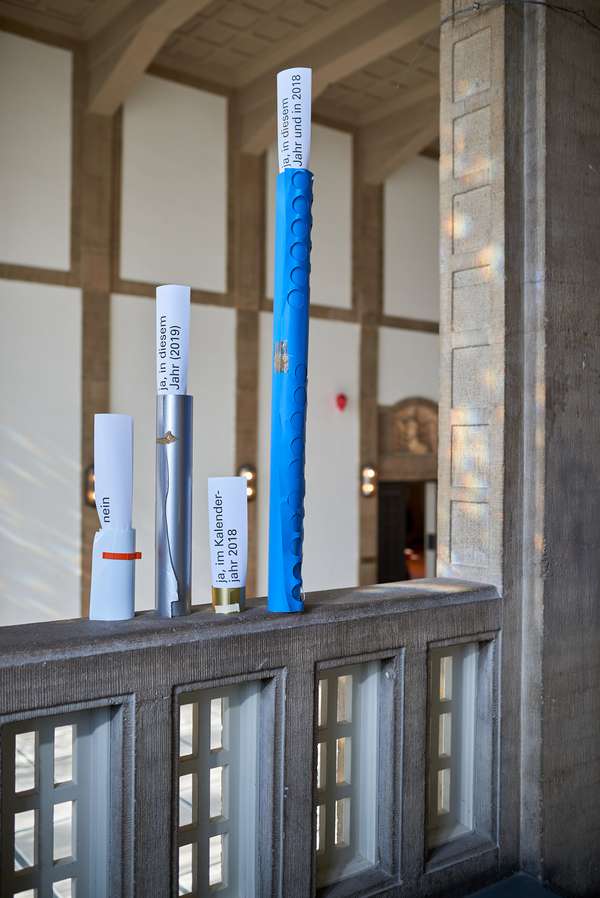
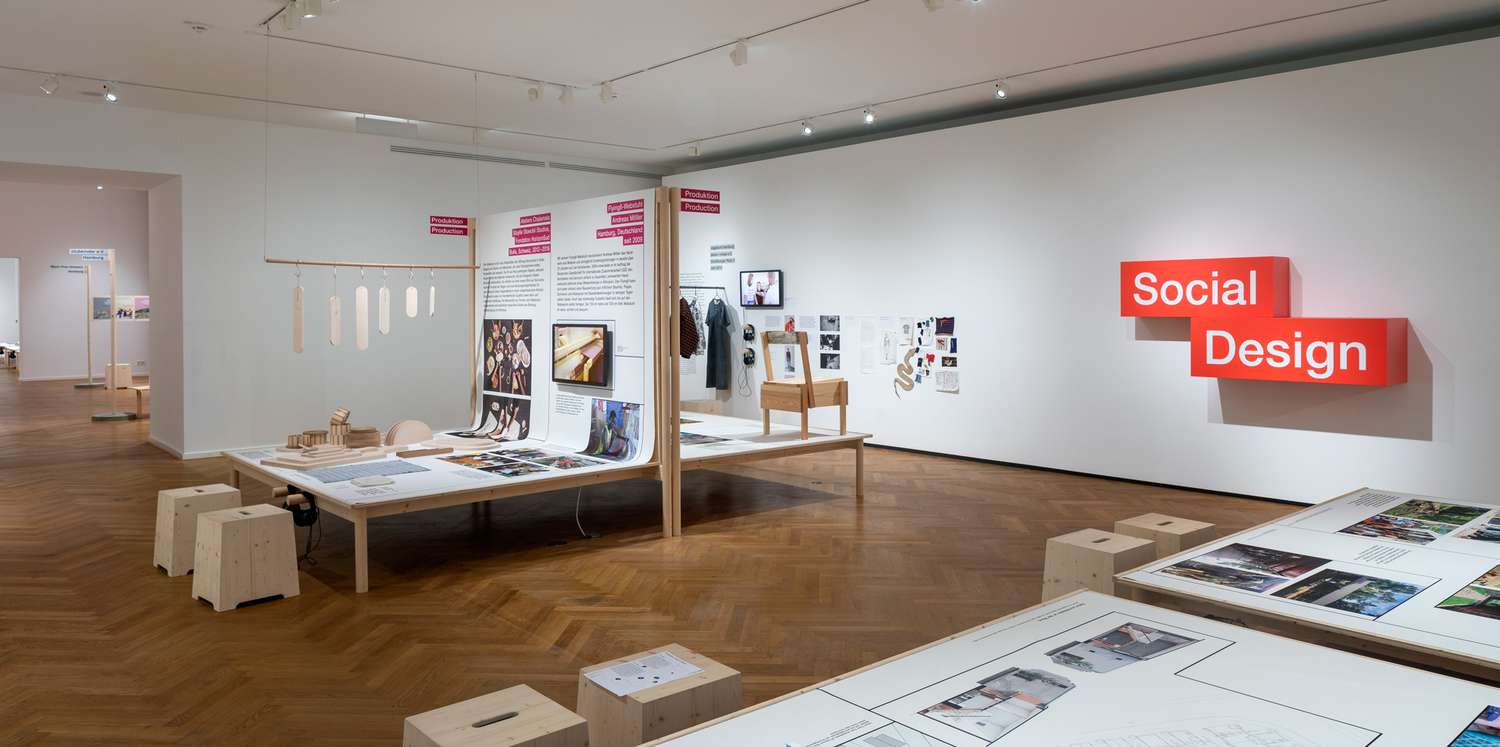
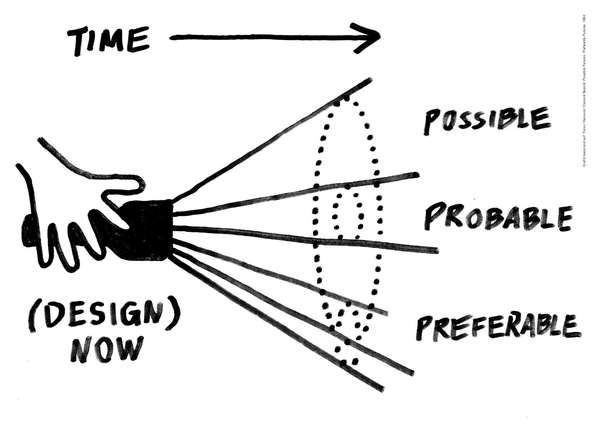
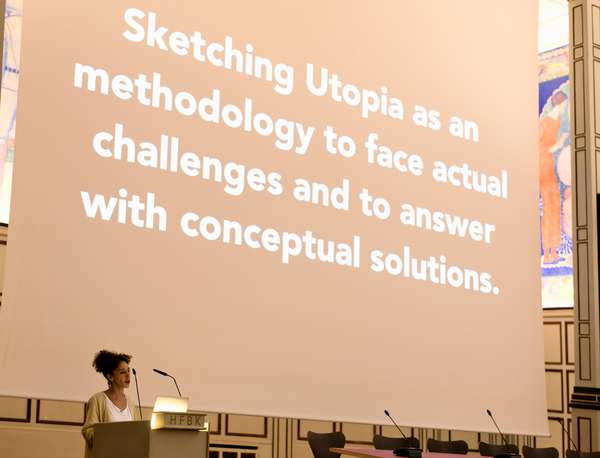
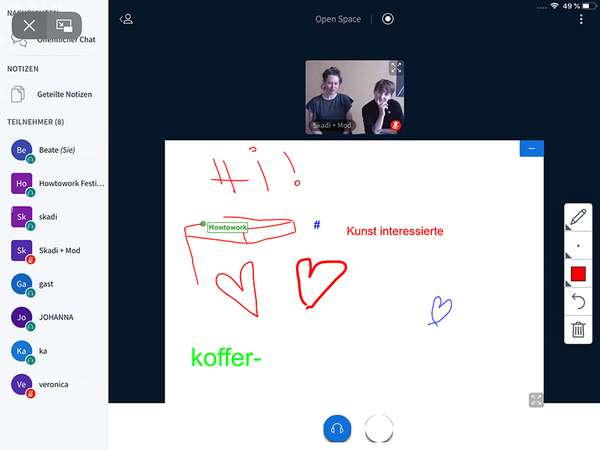
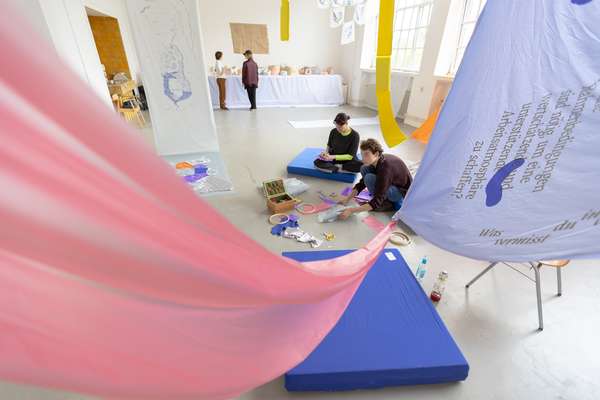
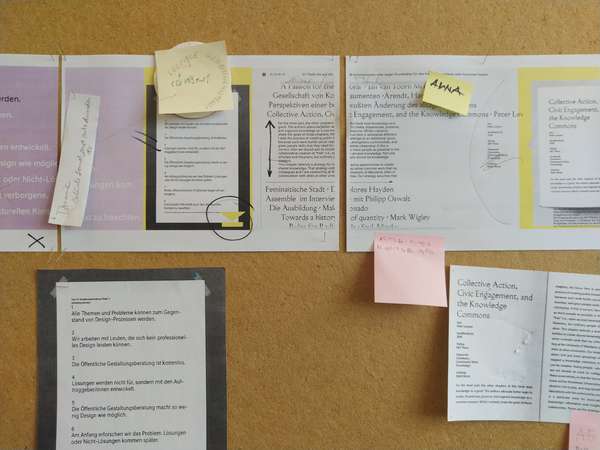
 Graduate Show 2025: Don't stop me now
Graduate Show 2025: Don't stop me now
 Long days, lots to do
Long days, lots to do
 Cine*Ami*es
Cine*Ami*es
 Redesign Democracy – competition for the ballot box of the democratic future
Redesign Democracy – competition for the ballot box of the democratic future
 Art in public space
Art in public space
 How to apply: study at HFBK Hamburg
How to apply: study at HFBK Hamburg
 Annual Exhibition 2025 at the HFBK Hamburg
Annual Exhibition 2025 at the HFBK Hamburg
 The Elephant in The Room – Sculpture today
The Elephant in The Room – Sculpture today
 Hiscox Art Prize 2024
Hiscox Art Prize 2024
 The New Woman
The New Woman
 Doing a PhD at the HFBK Hamburg
Doing a PhD at the HFBK Hamburg
 Graduate Show 2024 - Letting Go
Graduate Show 2024 - Letting Go
 Finkenwerder Art Prize 2024
Finkenwerder Art Prize 2024
 Archives of the Body - The Body in Archiving
Archives of the Body - The Body in Archiving
 New partnership with the School of Arts at the University of Haifa
New partnership with the School of Arts at the University of Haifa
 Annual Exhibition 2024 at the HFBK Hamburg
Annual Exhibition 2024 at the HFBK Hamburg
 (Ex)Changes of / in Art
(Ex)Changes of / in Art
 Extended Libraries
Extended Libraries
 And Still I Rise
And Still I Rise
 Let's talk about language
Let's talk about language
 Graduate Show 2023: Unfinished Business
Graduate Show 2023: Unfinished Business
 Let`s work together
Let`s work together
 Annual Exhibition 2023 at HFBK Hamburg
Annual Exhibition 2023 at HFBK Hamburg
 Symposium: Controversy over documenta fifteen
Symposium: Controversy over documenta fifteen
 Festival and Symposium: Non-Knowledge, Laughter and the Moving Image
Festival and Symposium: Non-Knowledge, Laughter and the Moving Image
 Solo exhibition by Konstantin Grcic
Solo exhibition by Konstantin Grcic
 Art and war
Art and war
 Graduate Show 2022: We’ve Only Just Begun
Graduate Show 2022: We’ve Only Just Begun
 June is full of art and theory
June is full of art and theory
 Finkenwerder Art Prize 2022
Finkenwerder Art Prize 2022
 Nachhaltigkeit im Kontext von Kunst und Kunsthochschule
Nachhaltigkeit im Kontext von Kunst und Kunsthochschule
 Raum für die Kunst
Raum für die Kunst
 Annual Exhibition 2022 at the HFBK
Annual Exhibition 2022 at the HFBK
 Conference: Counter-Monuments and Para-Monuments.
Conference: Counter-Monuments and Para-Monuments.
 Diversity
Diversity
 Live und in Farbe: die ASA Open Studios im Juni 2021
Live und in Farbe: die ASA Open Studios im Juni 2021
 Unlearning: Wartenau Assemblies
Unlearning: Wartenau Assemblies
 School of No Consequences
School of No Consequences
 Annual Exhibition 2021 at the HFBK
Annual Exhibition 2021 at the HFBK
 Semestereröffnung und Hiscox-Preisverleihung 2020
Semestereröffnung und Hiscox-Preisverleihung 2020
 Teaching Art Online at the HFBK
Teaching Art Online at the HFBK
 HFBK Graduate Survey
HFBK Graduate Survey
 How political is Social Design?
How political is Social Design?